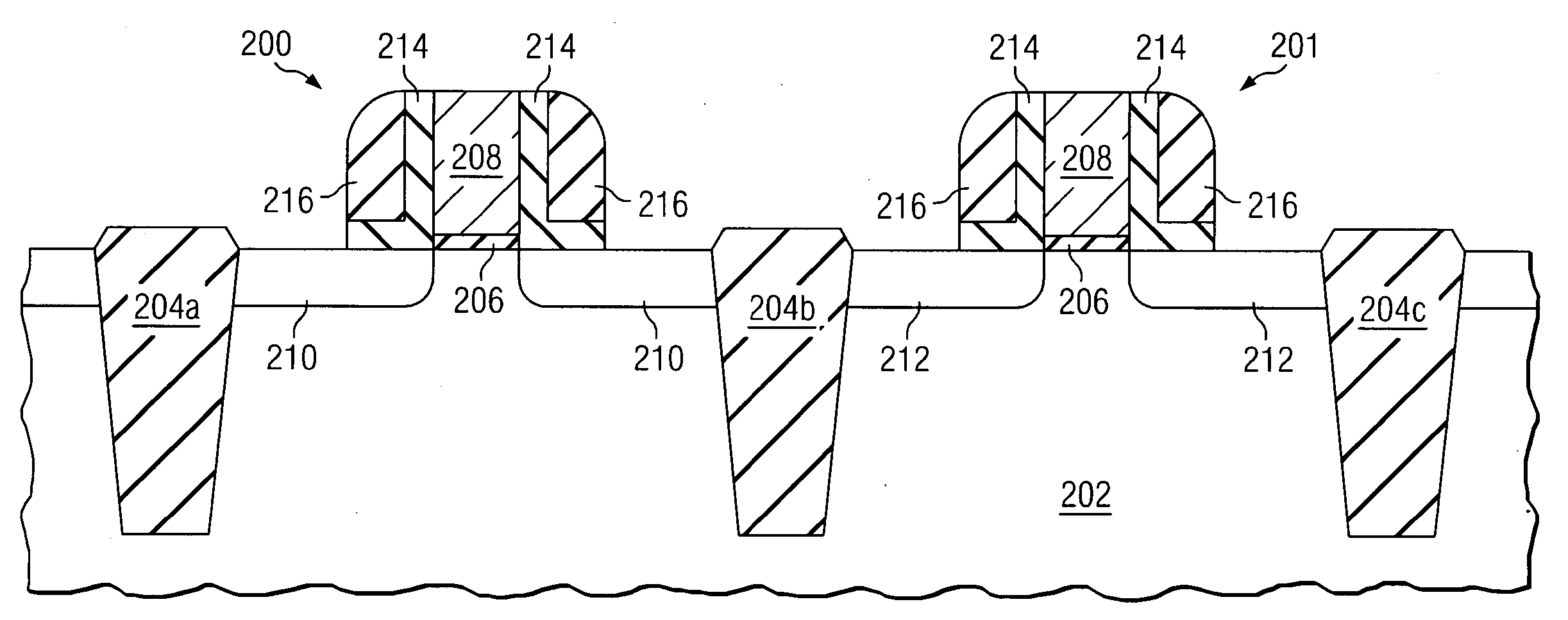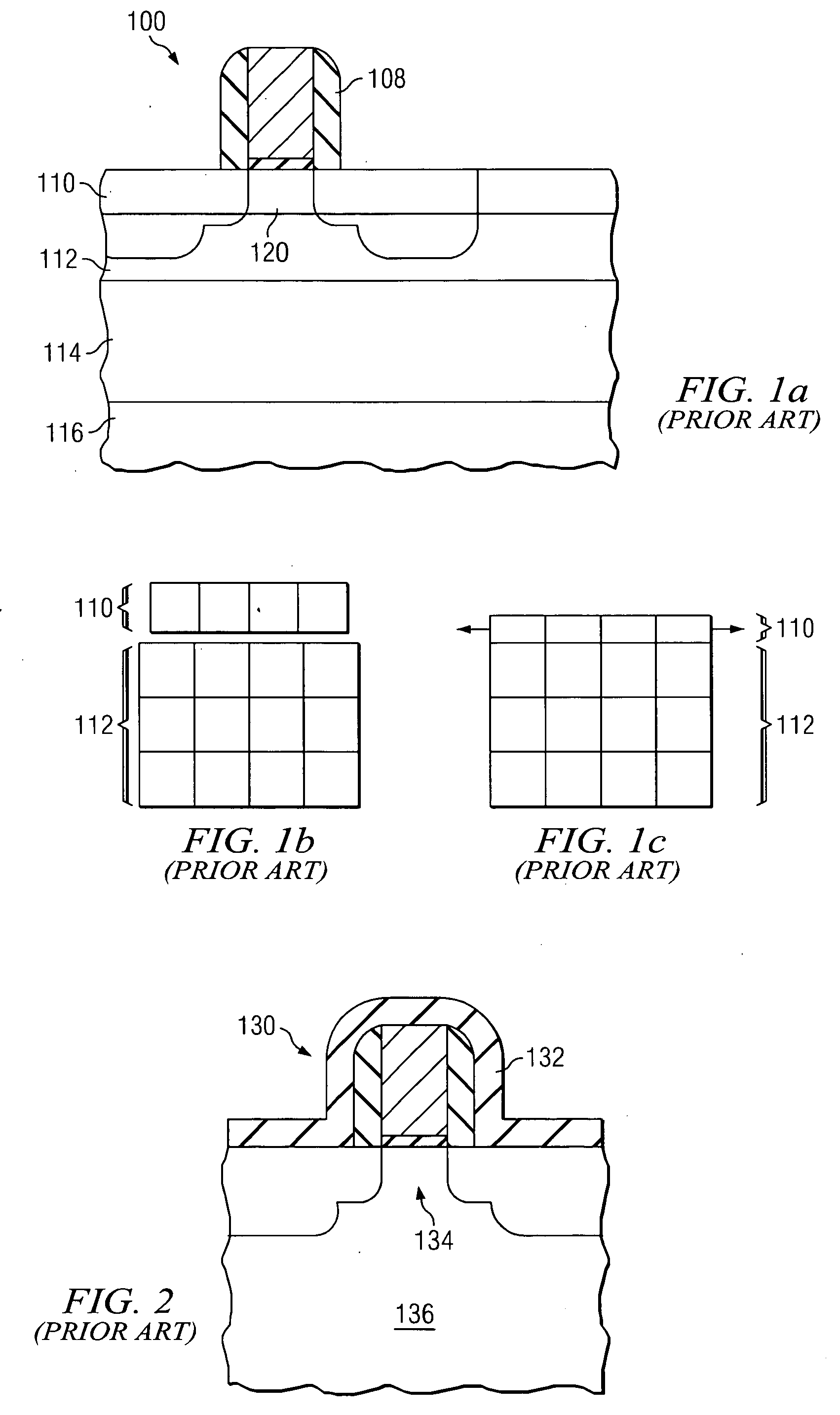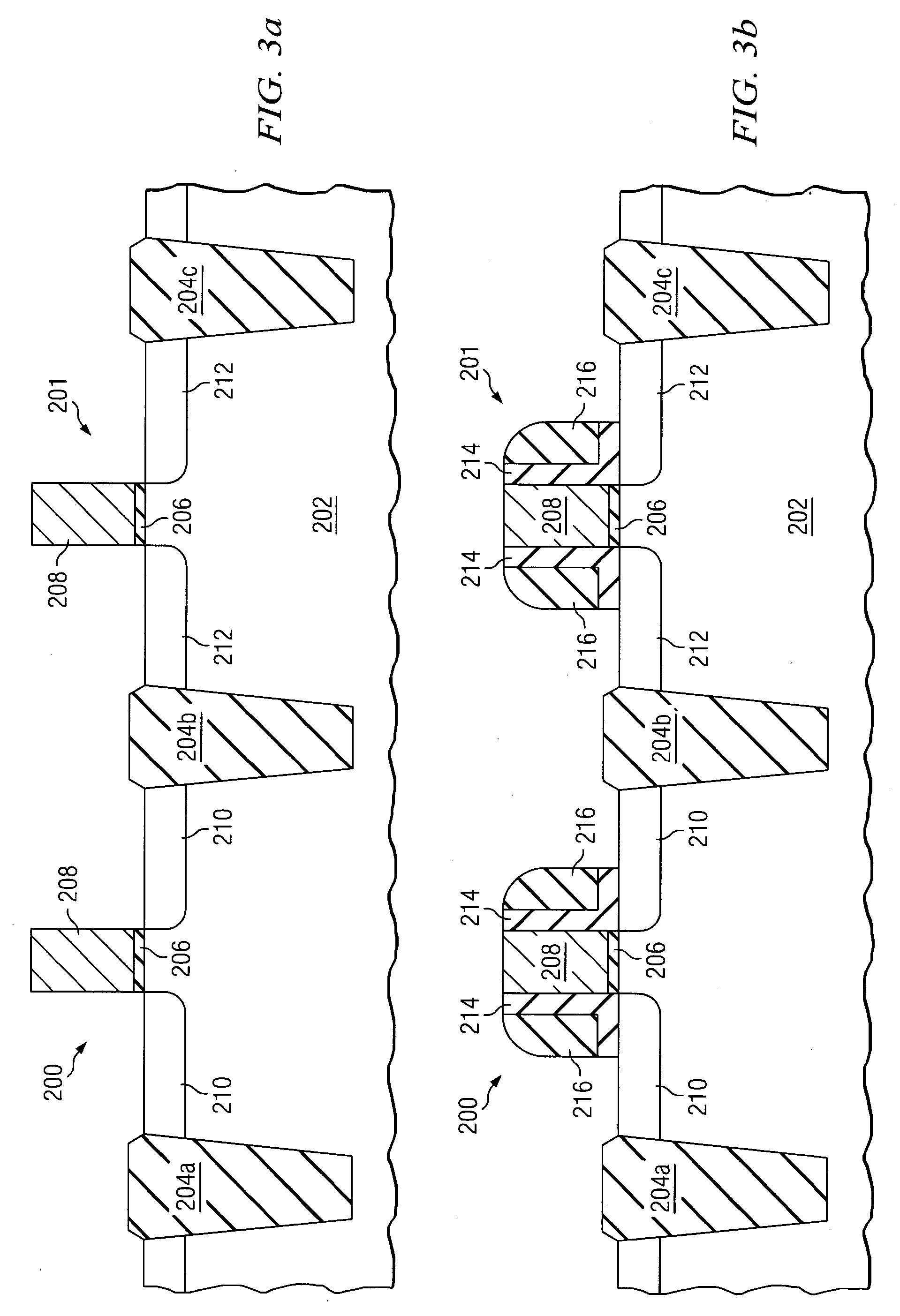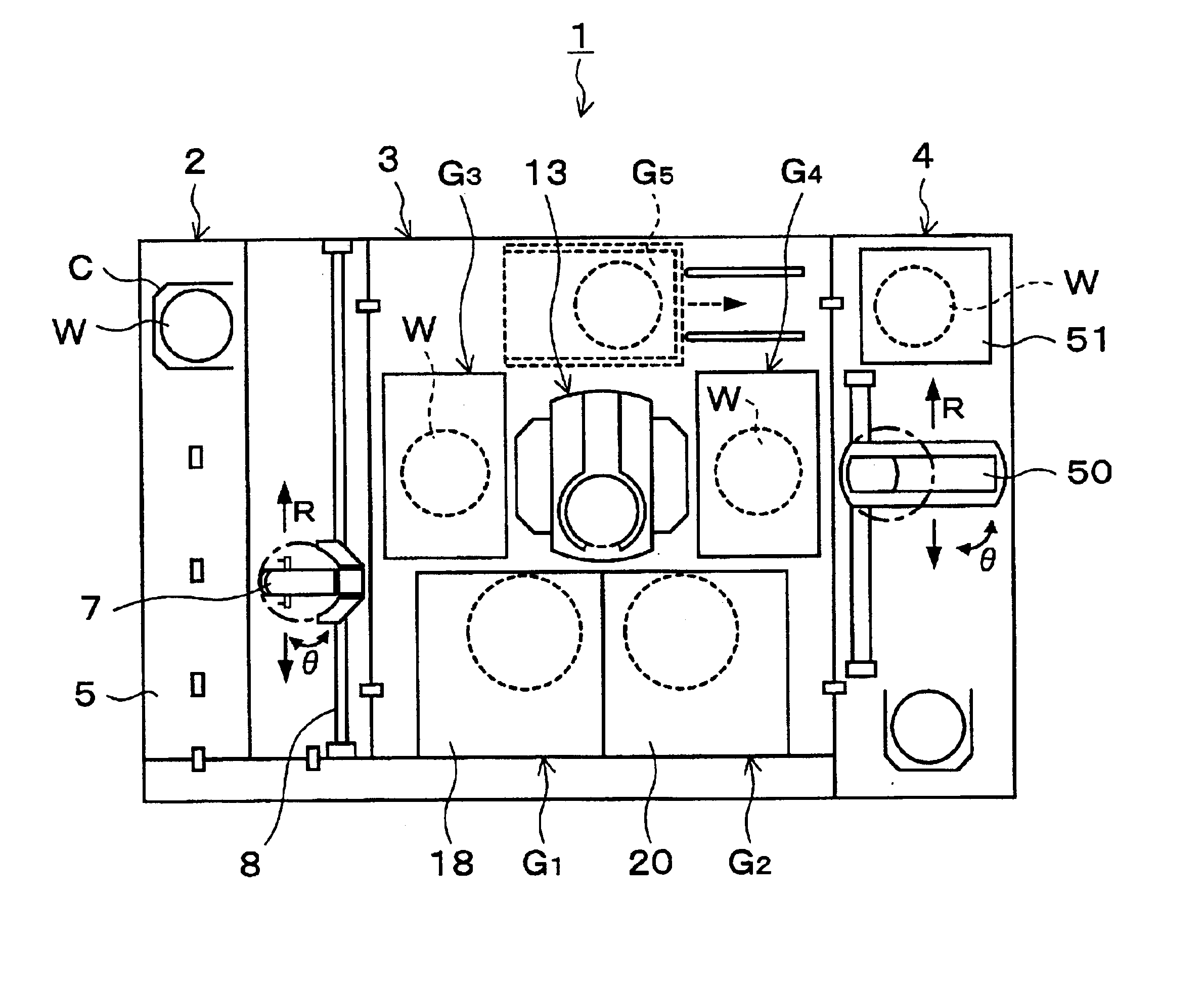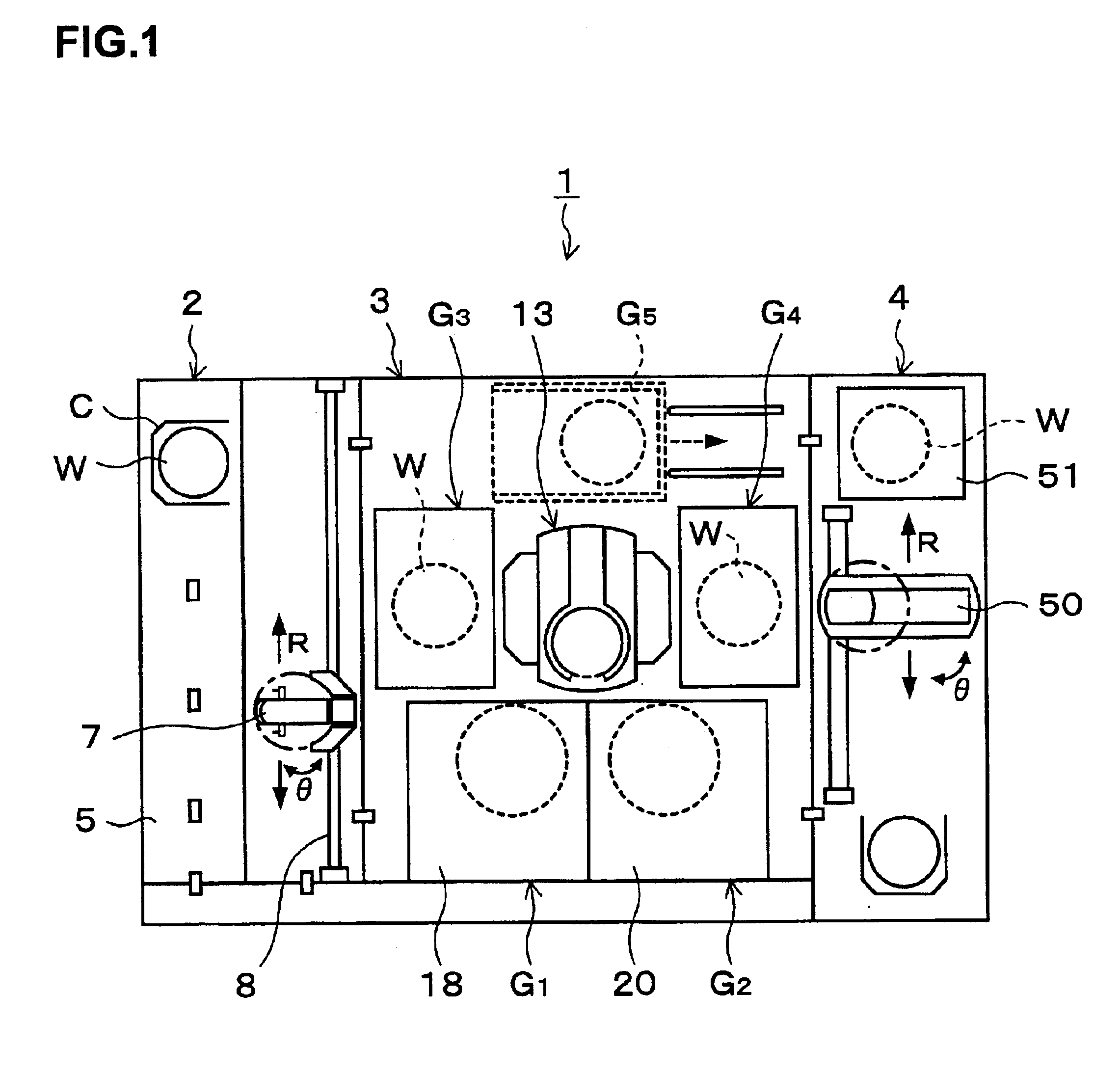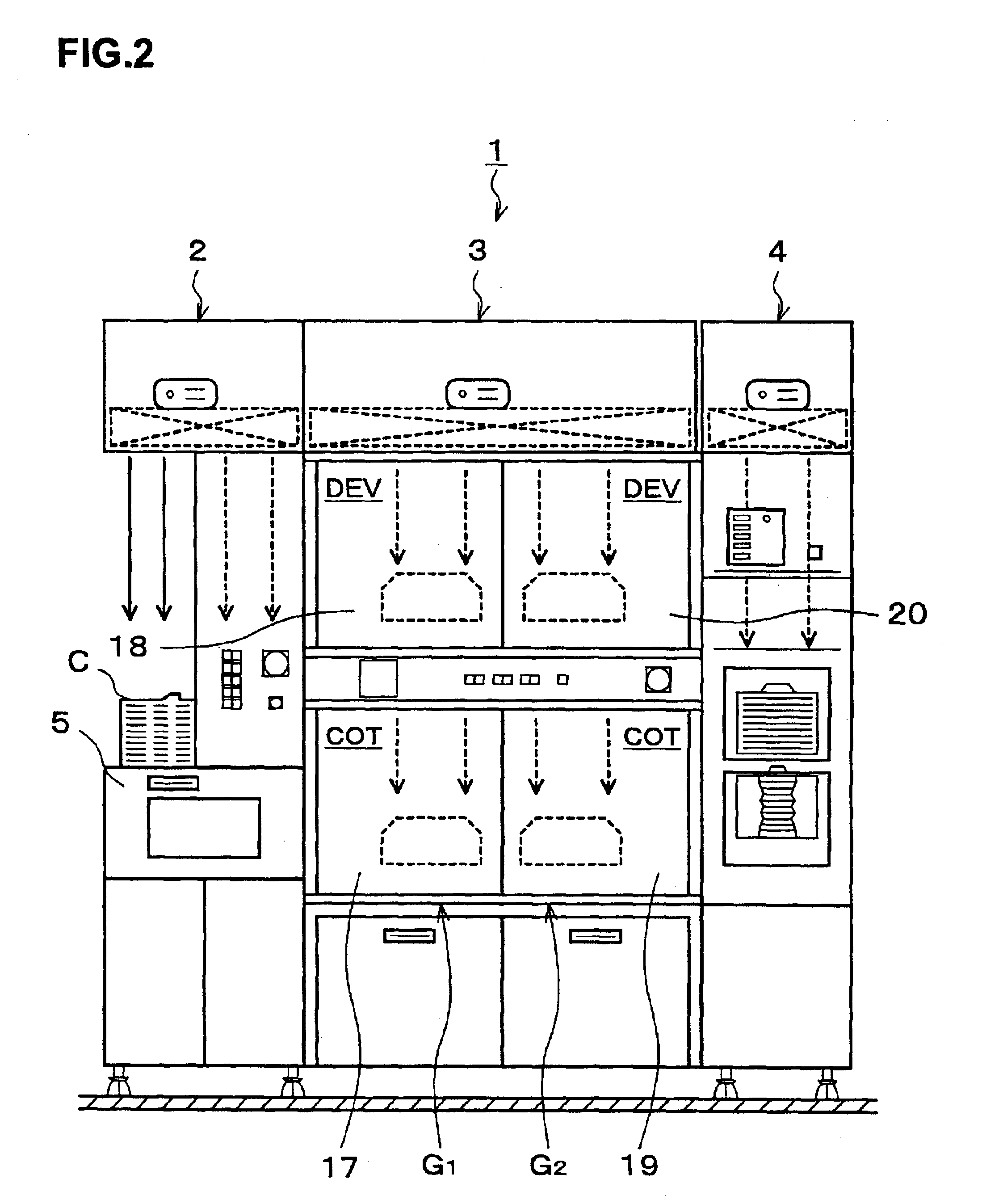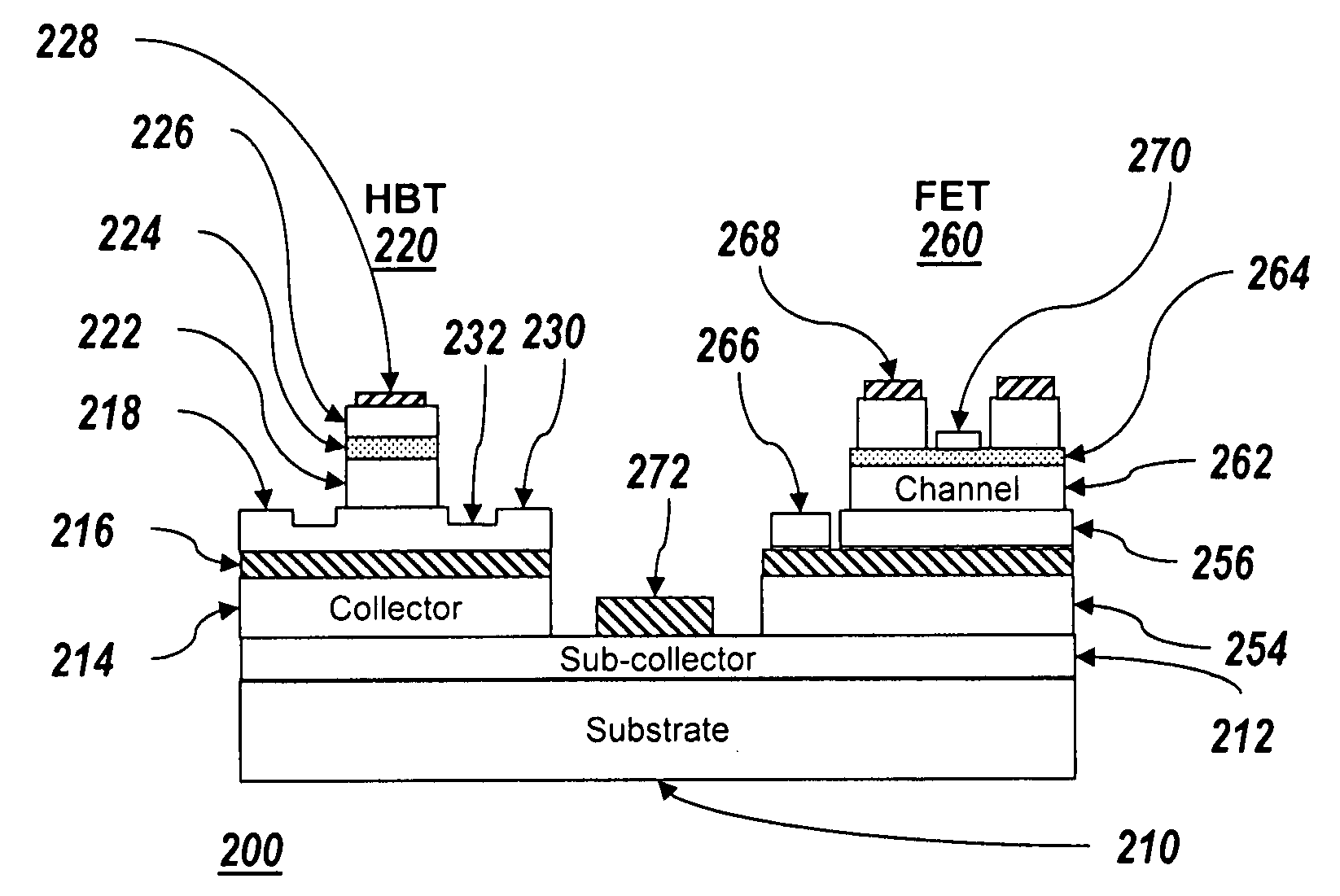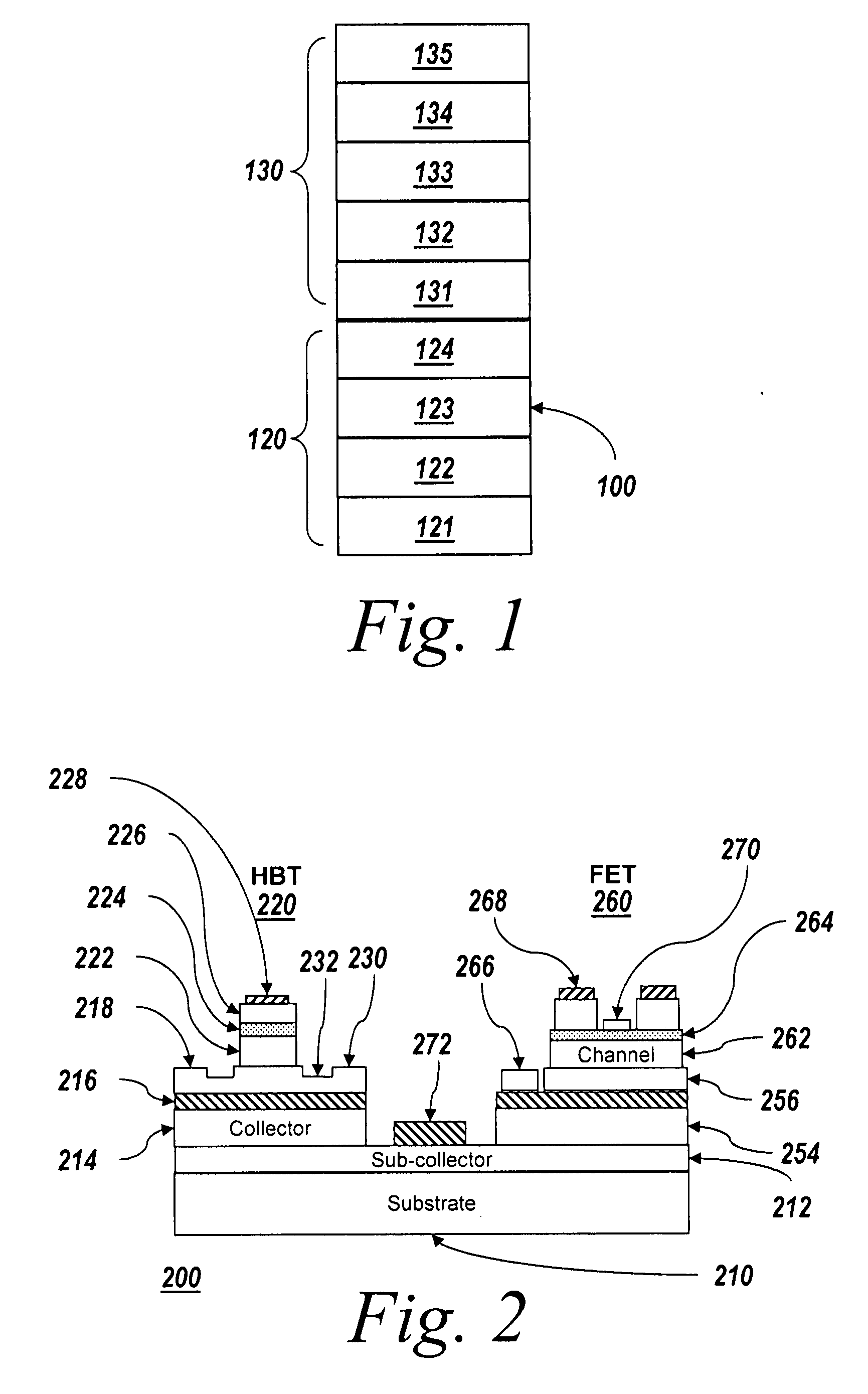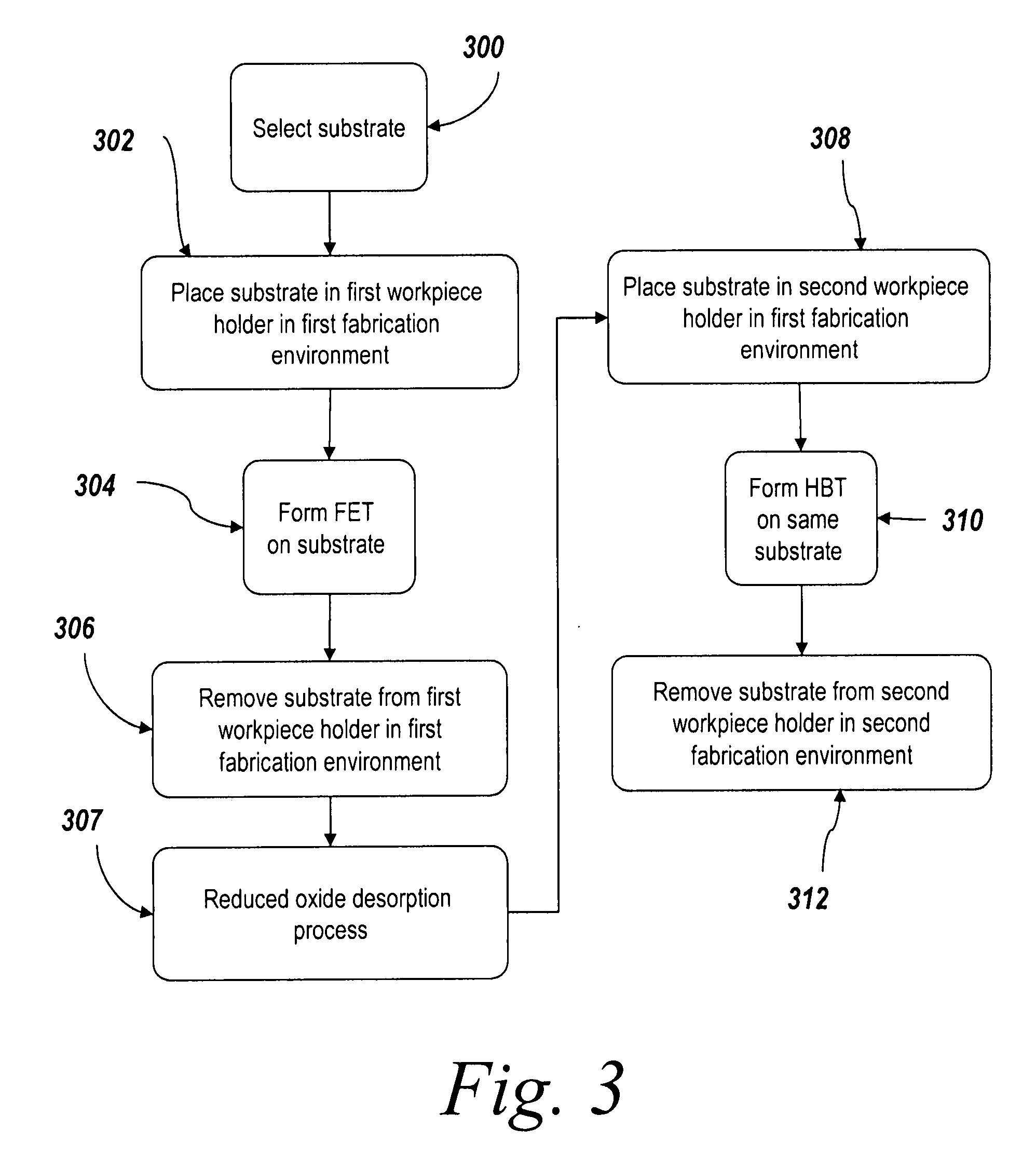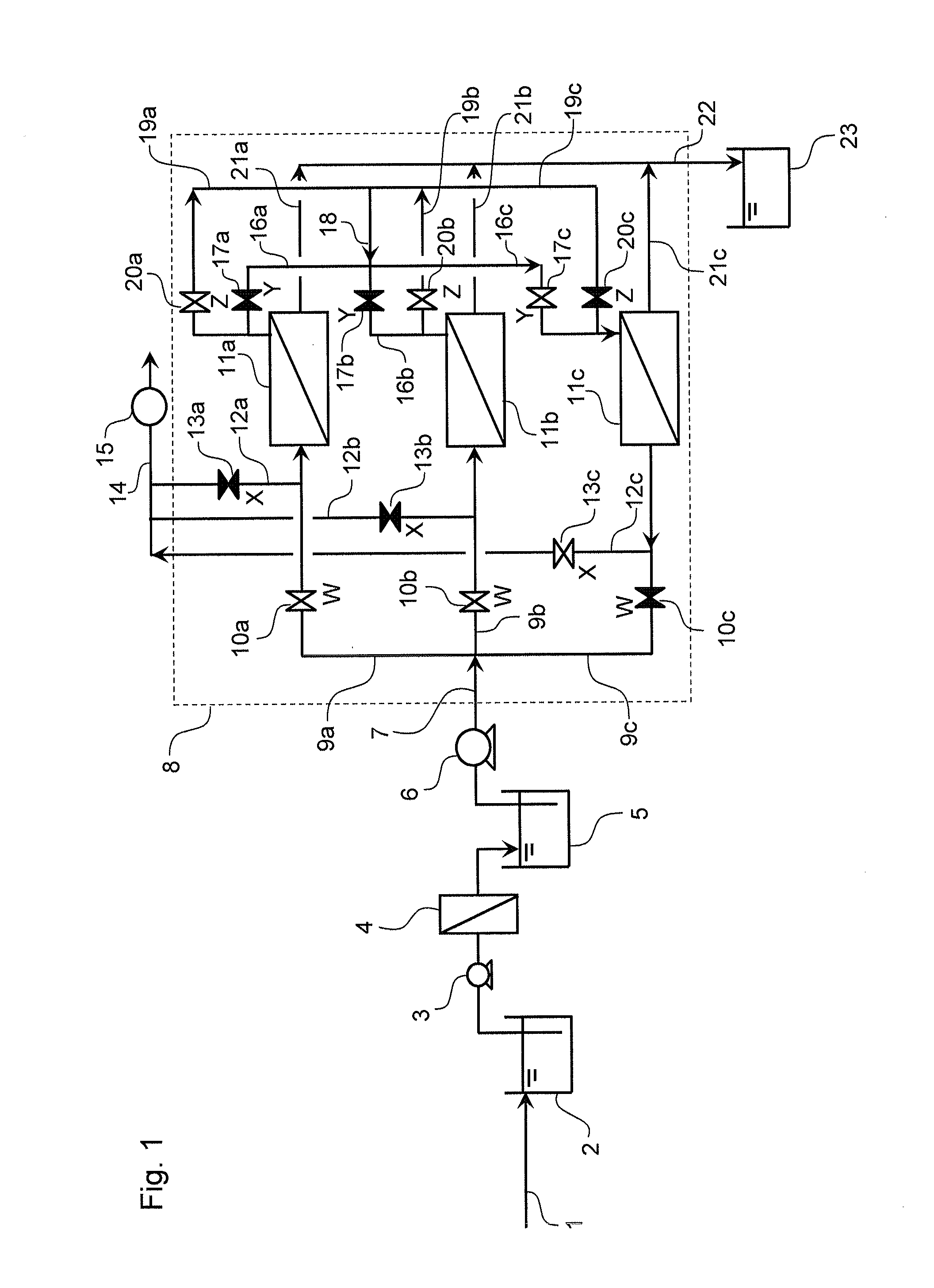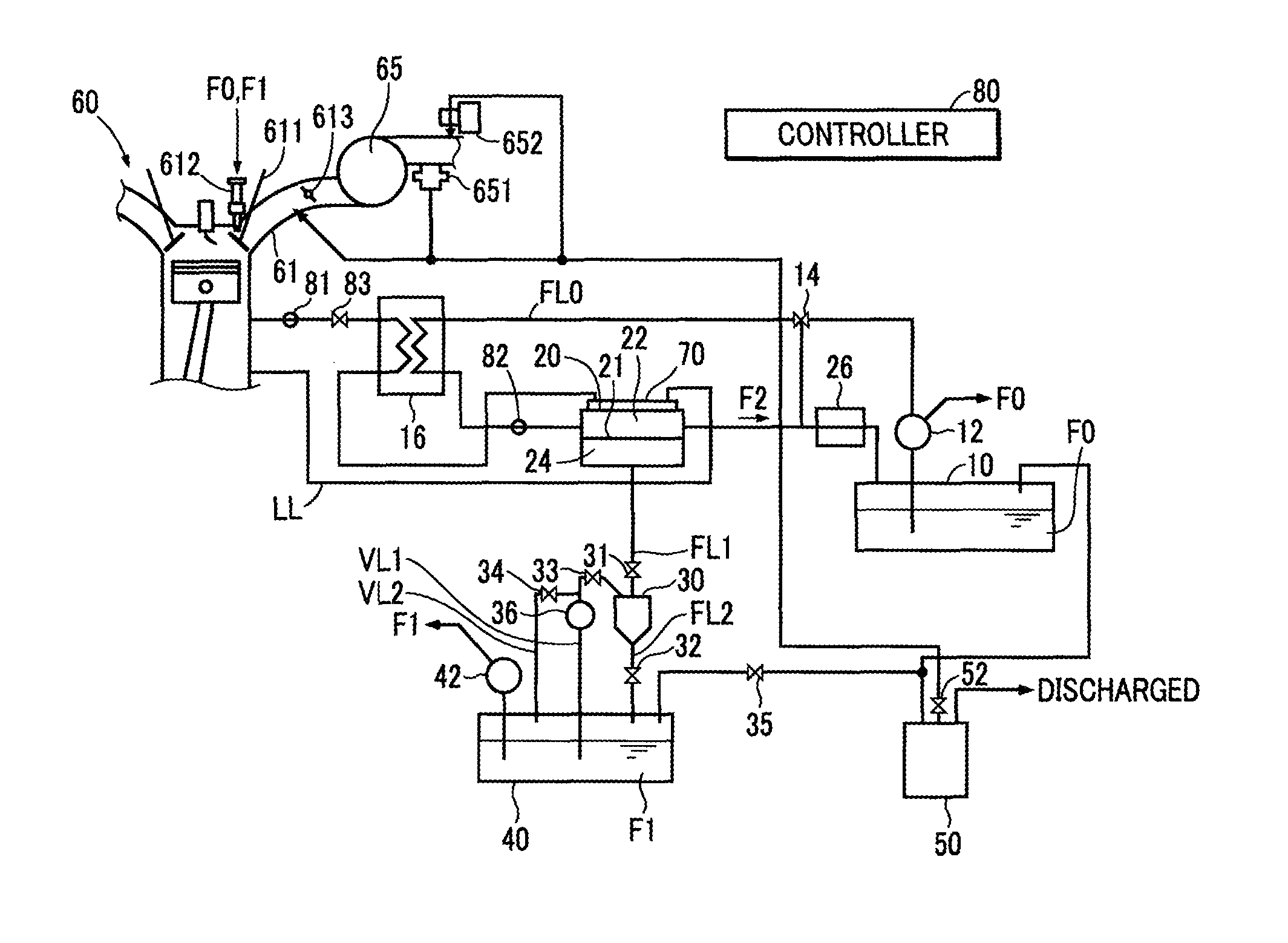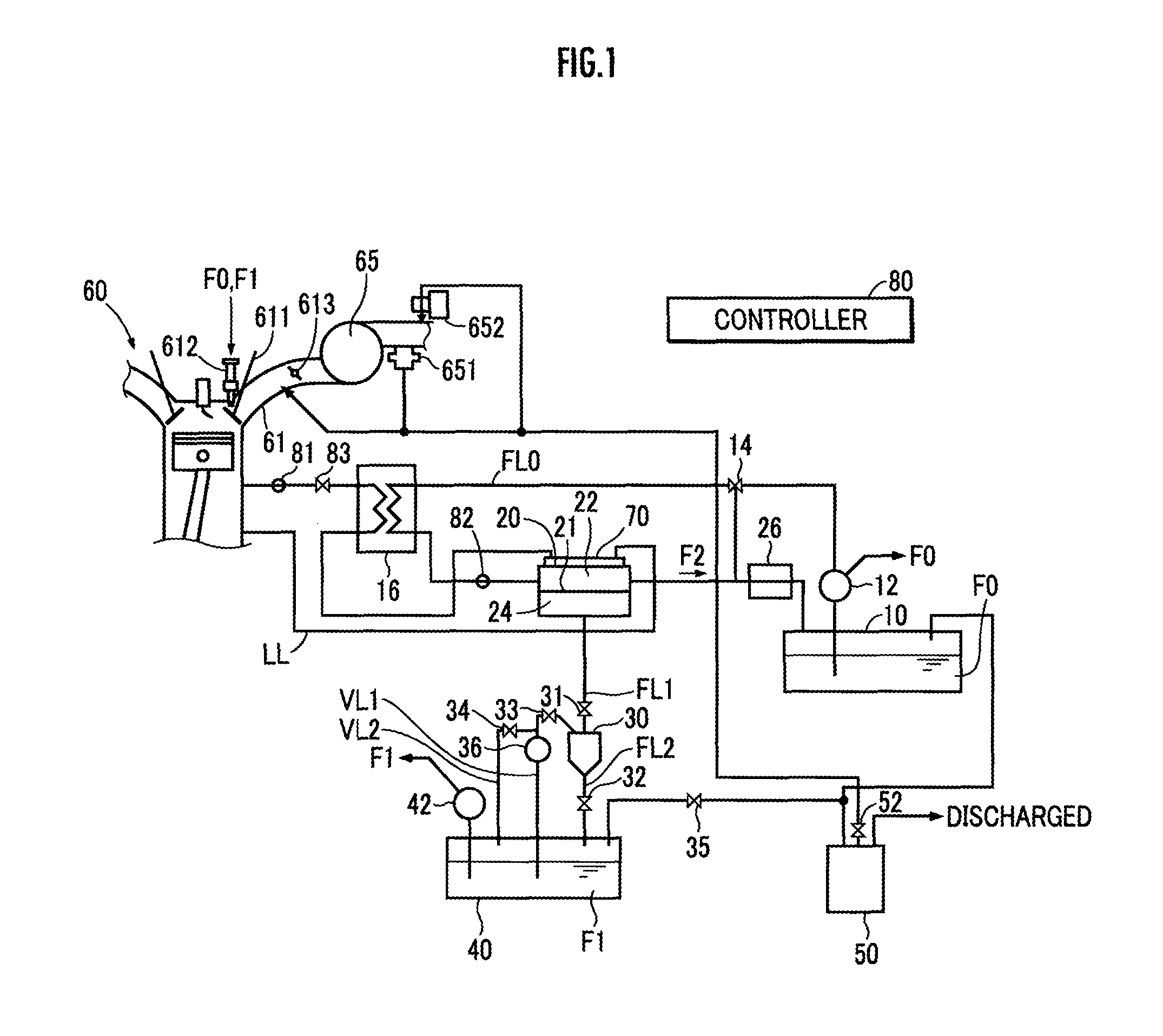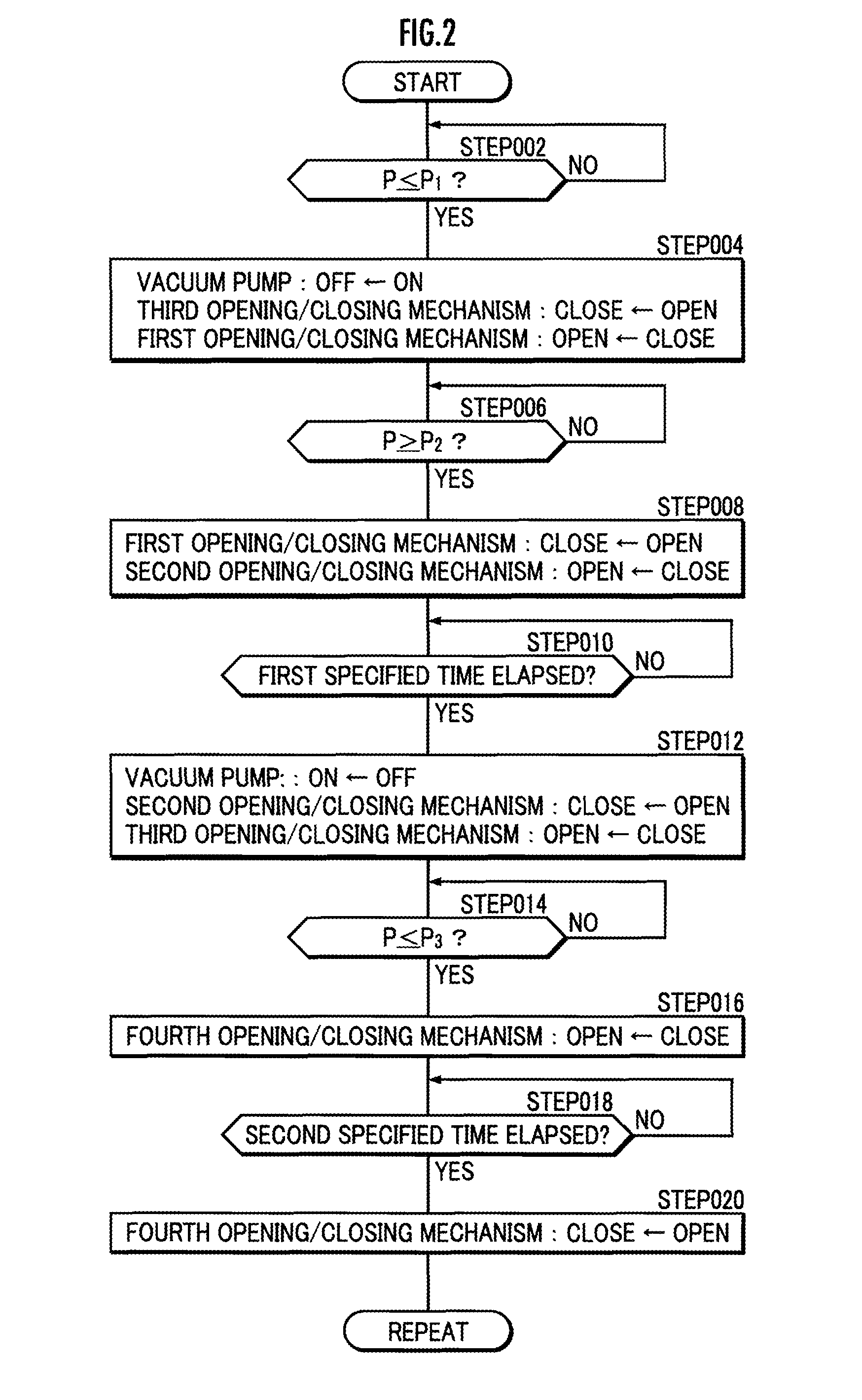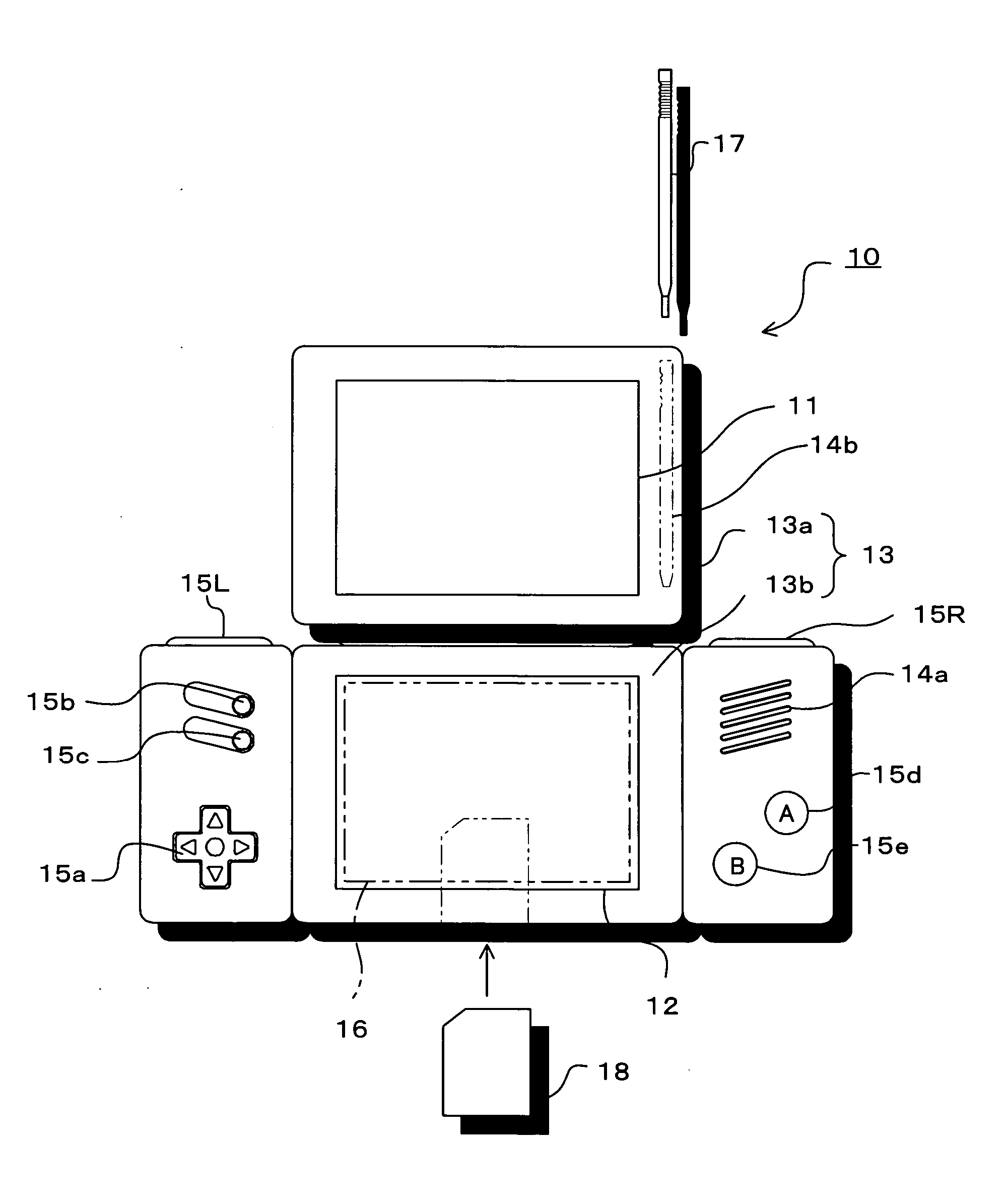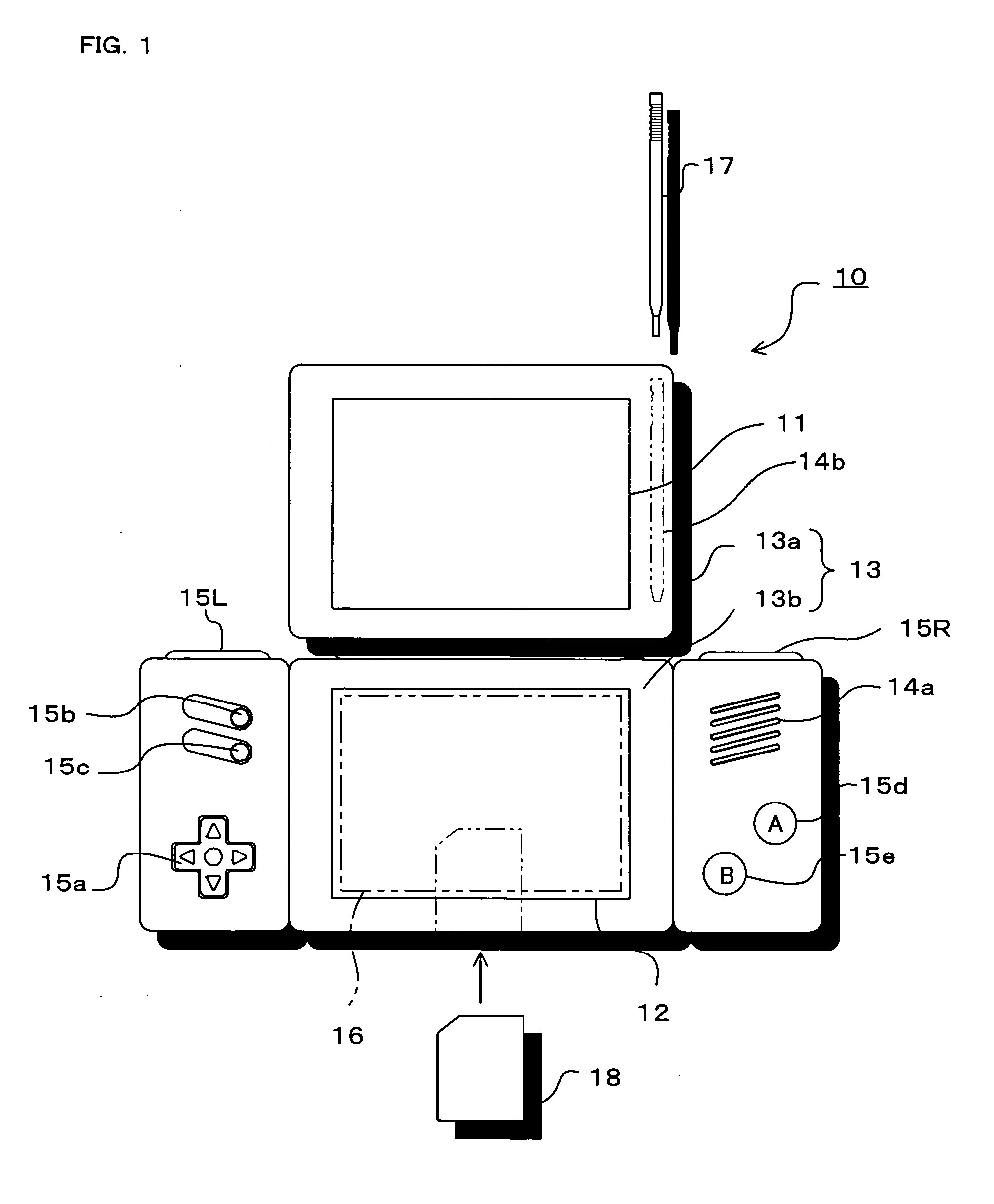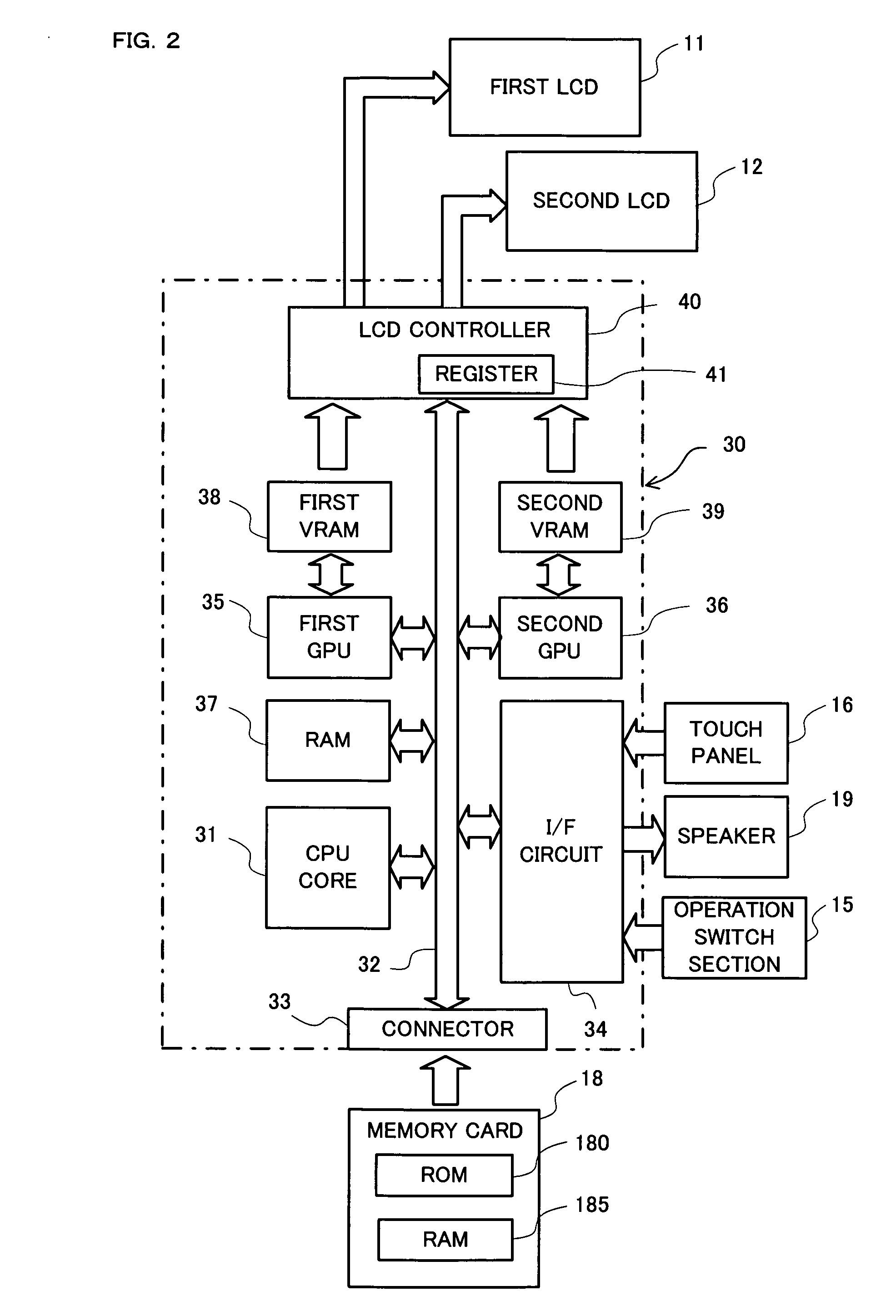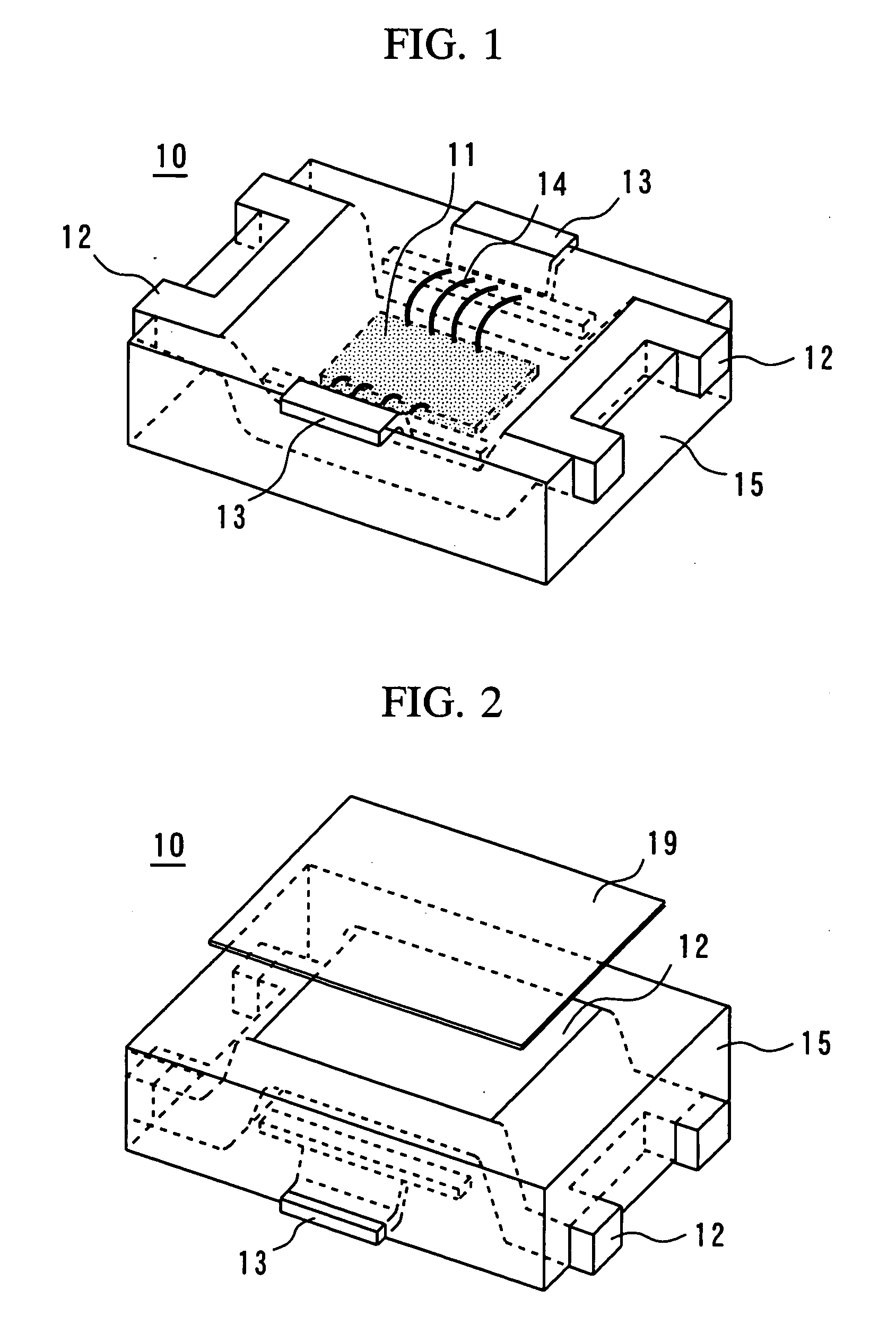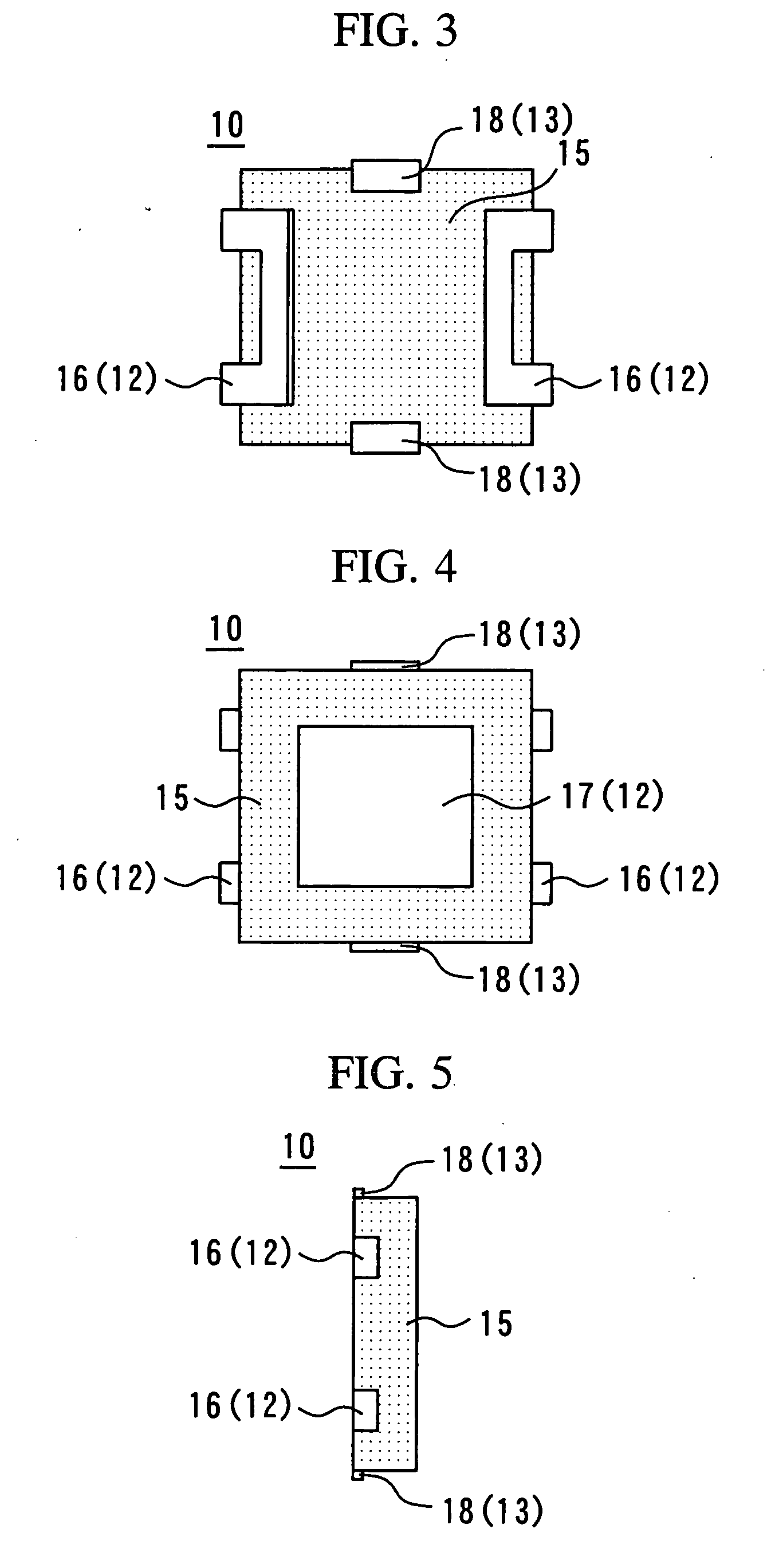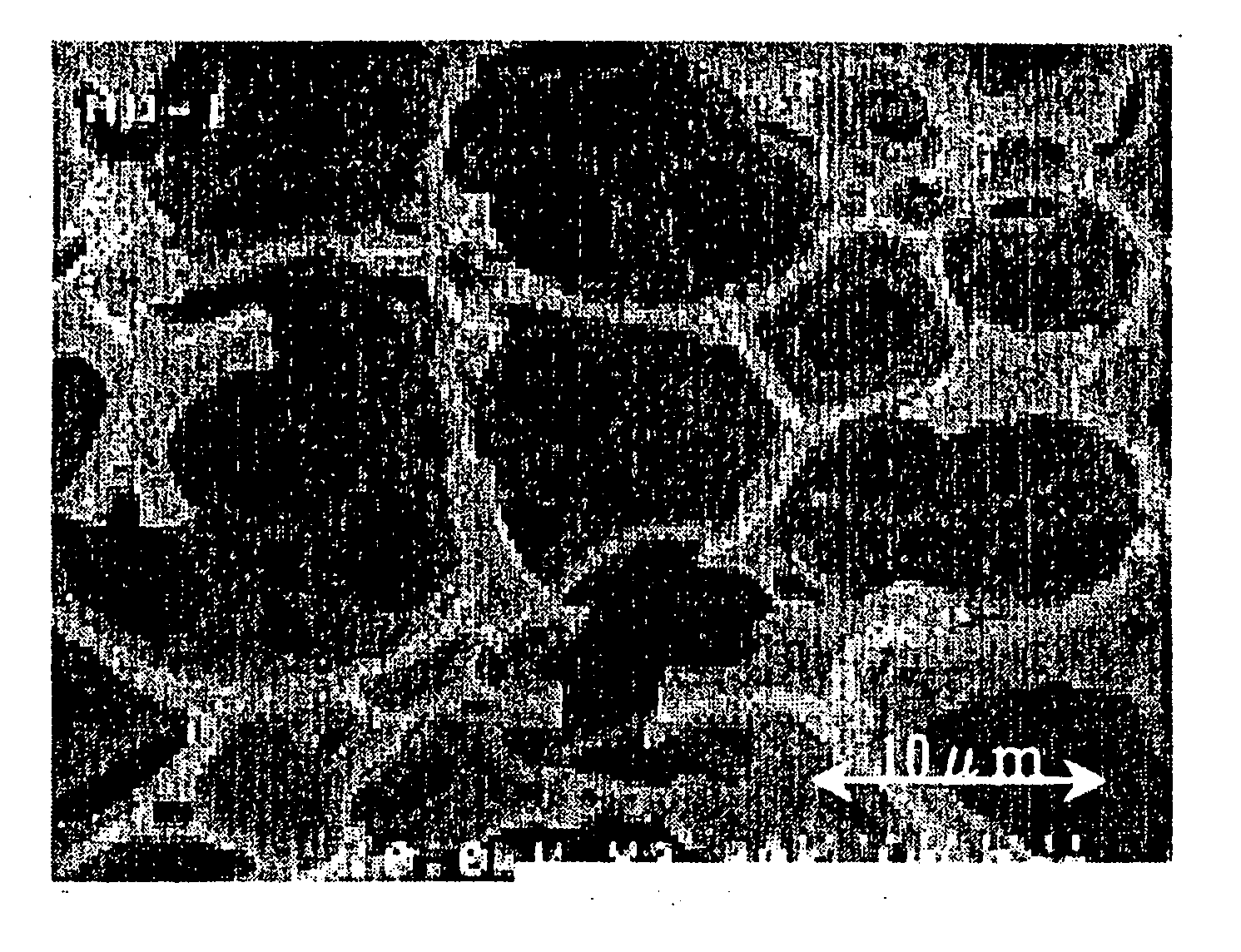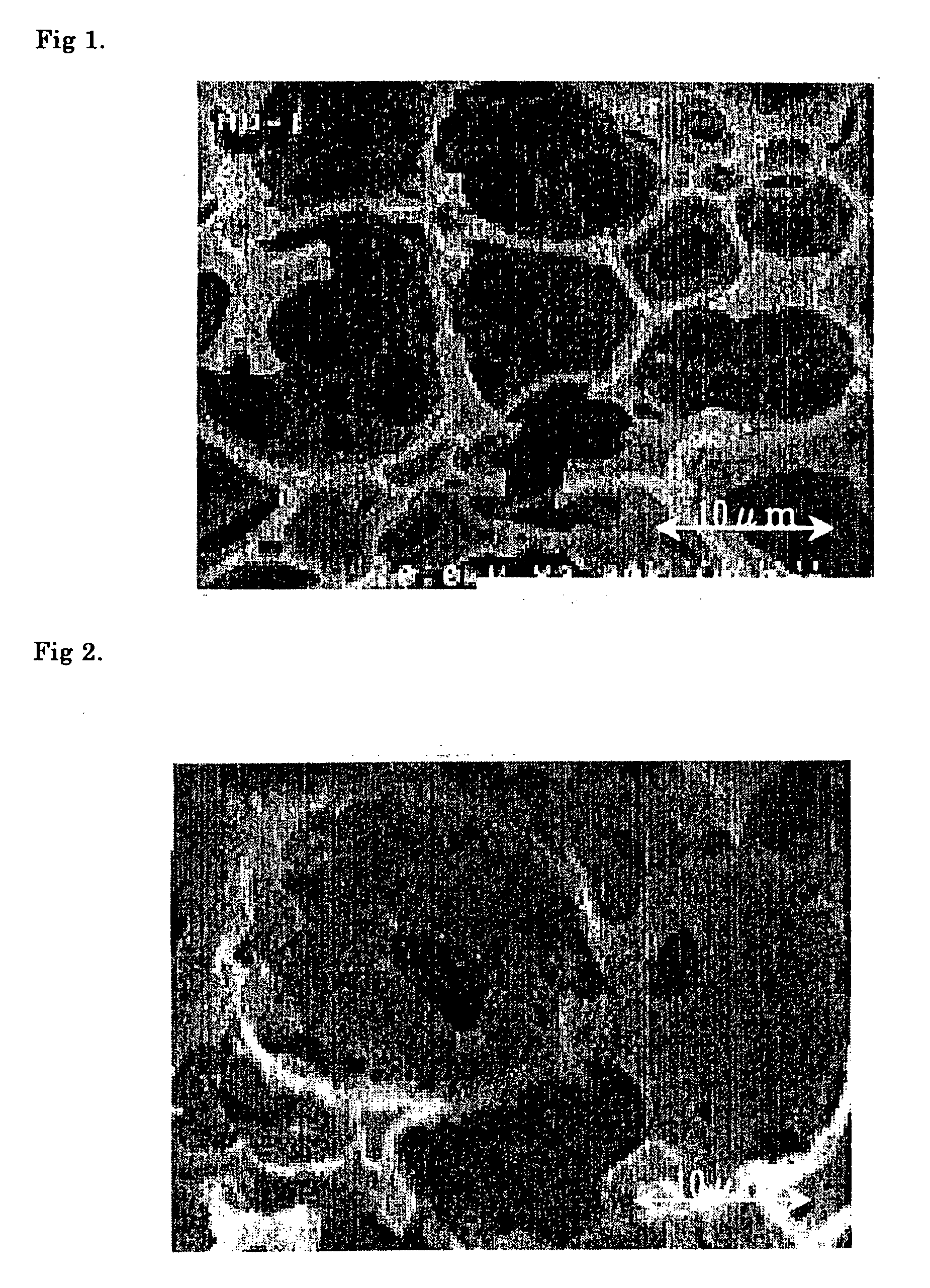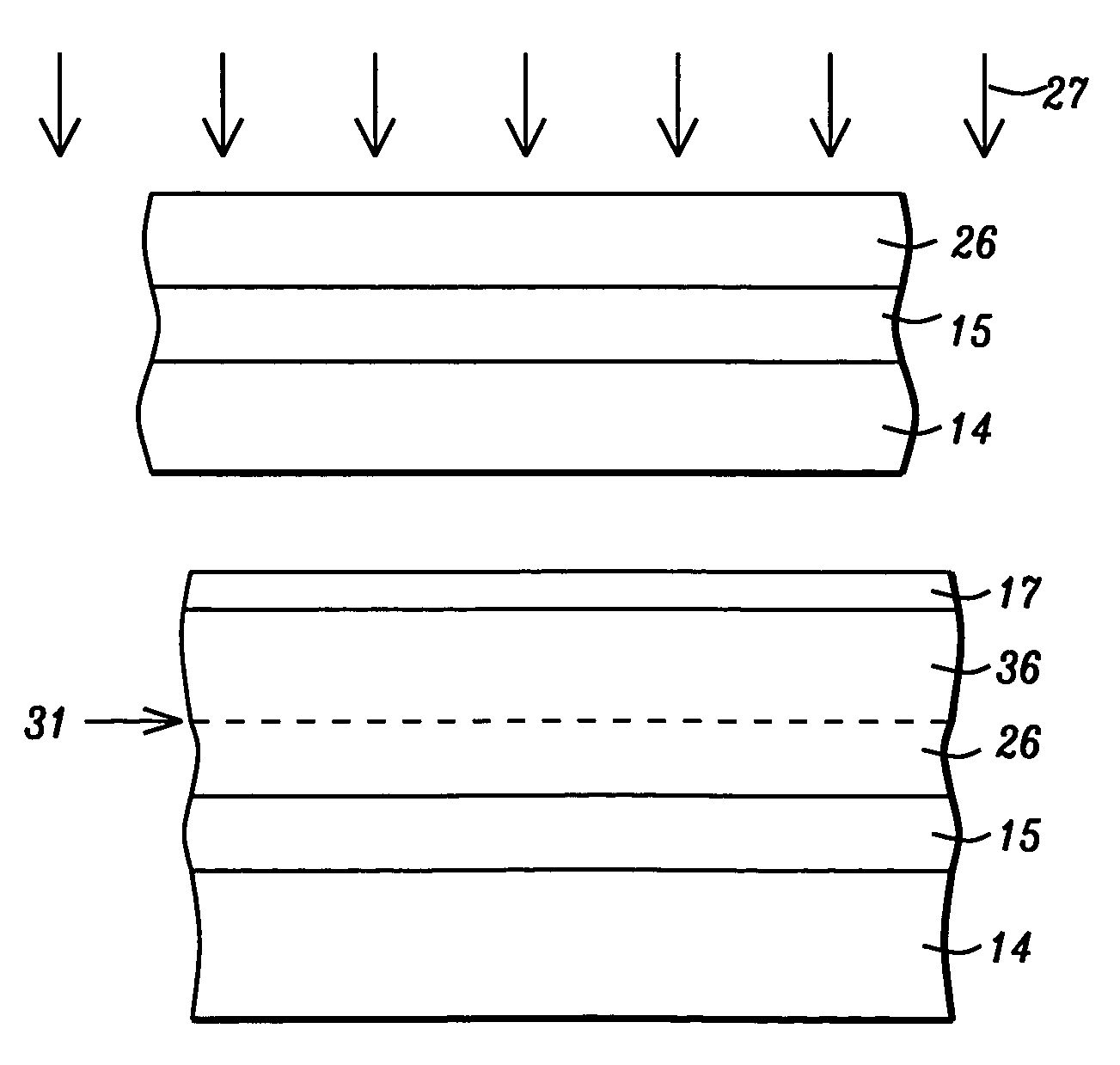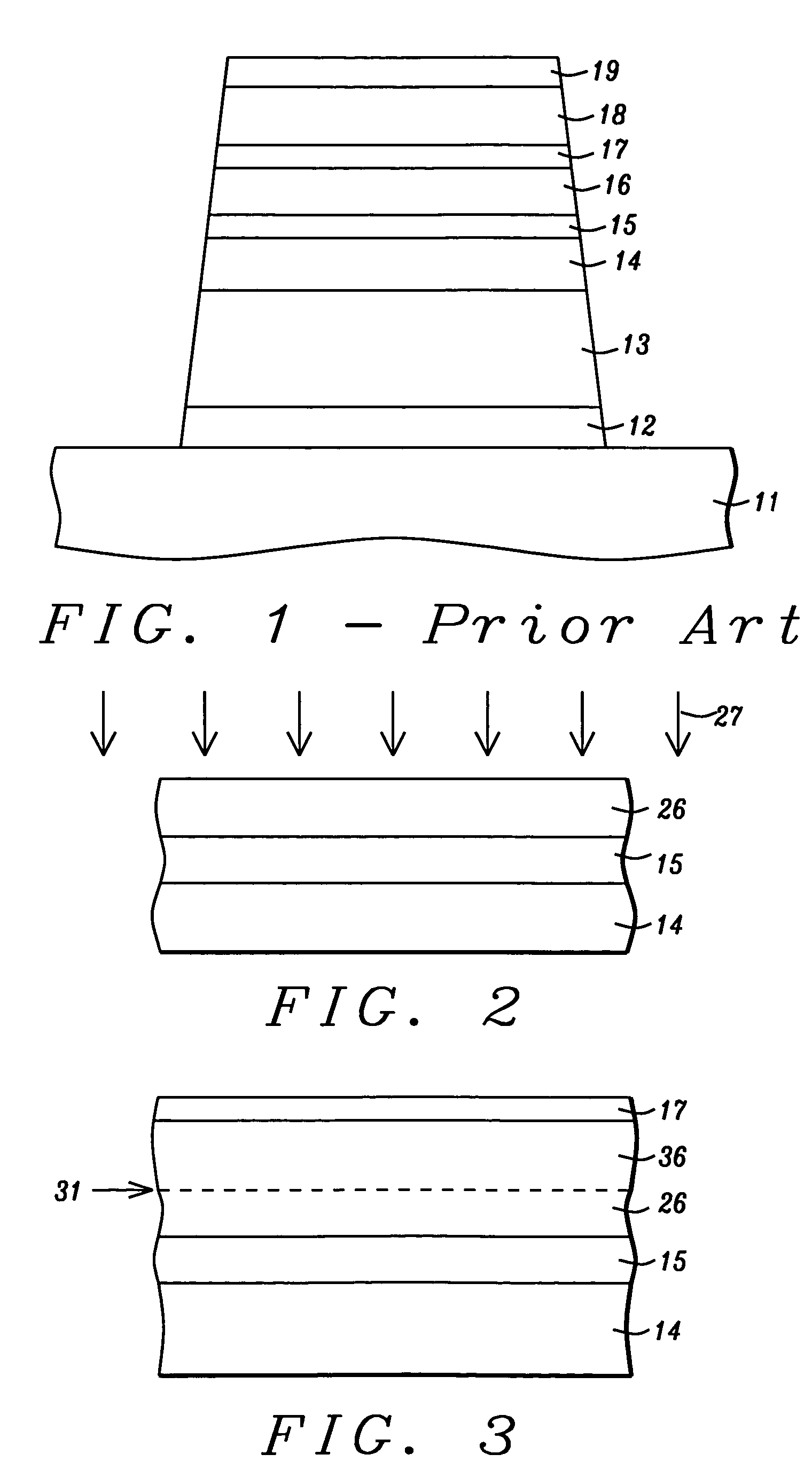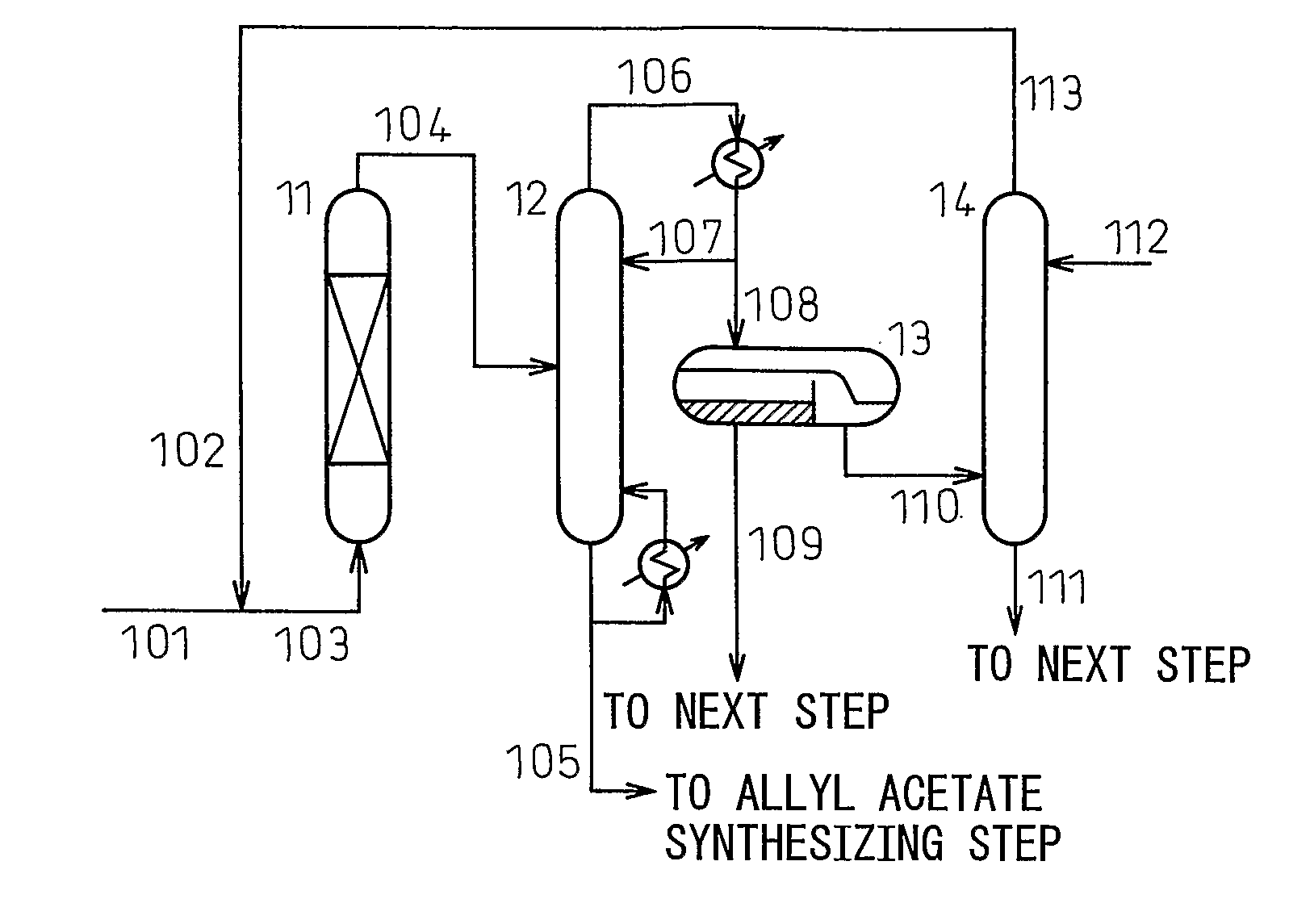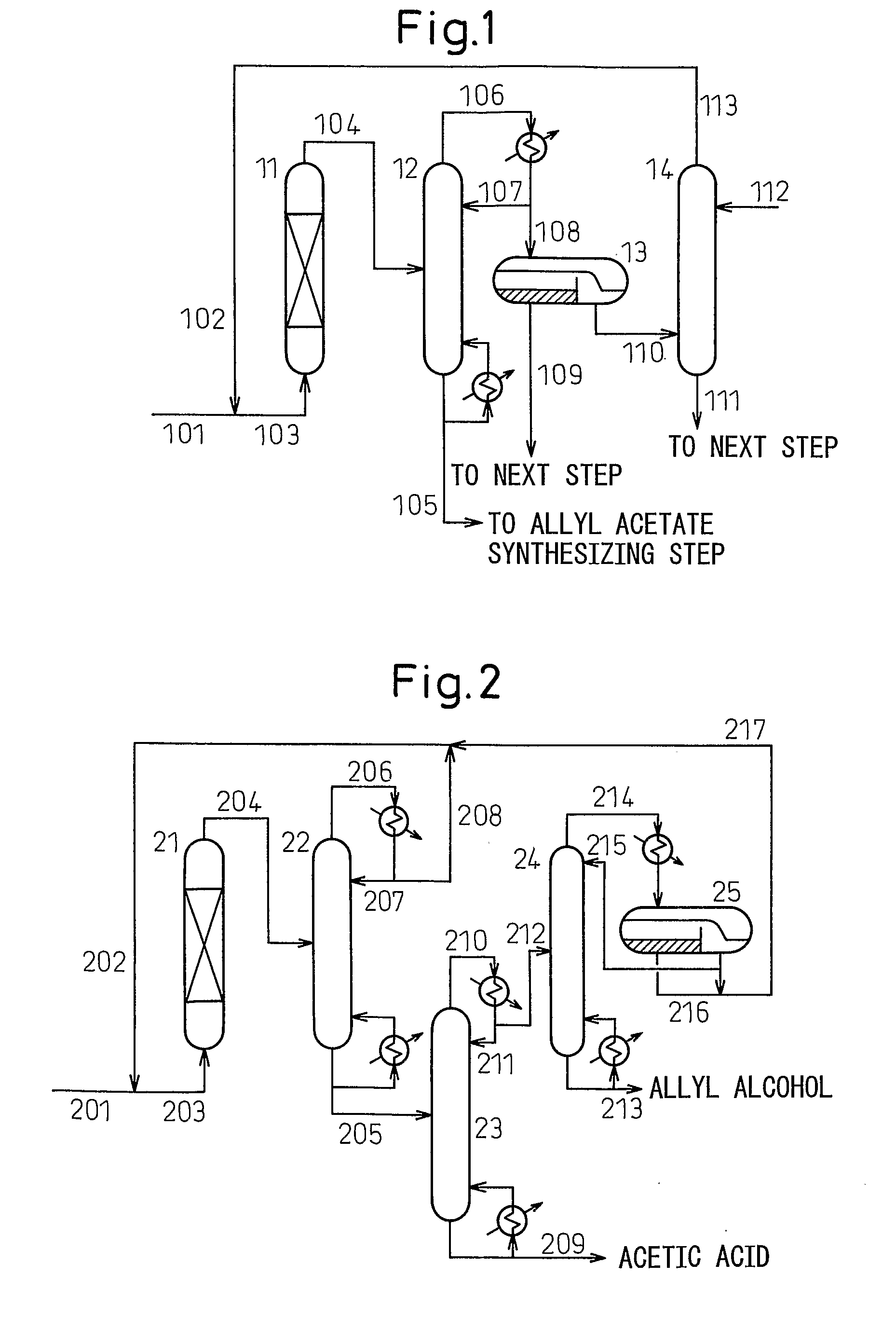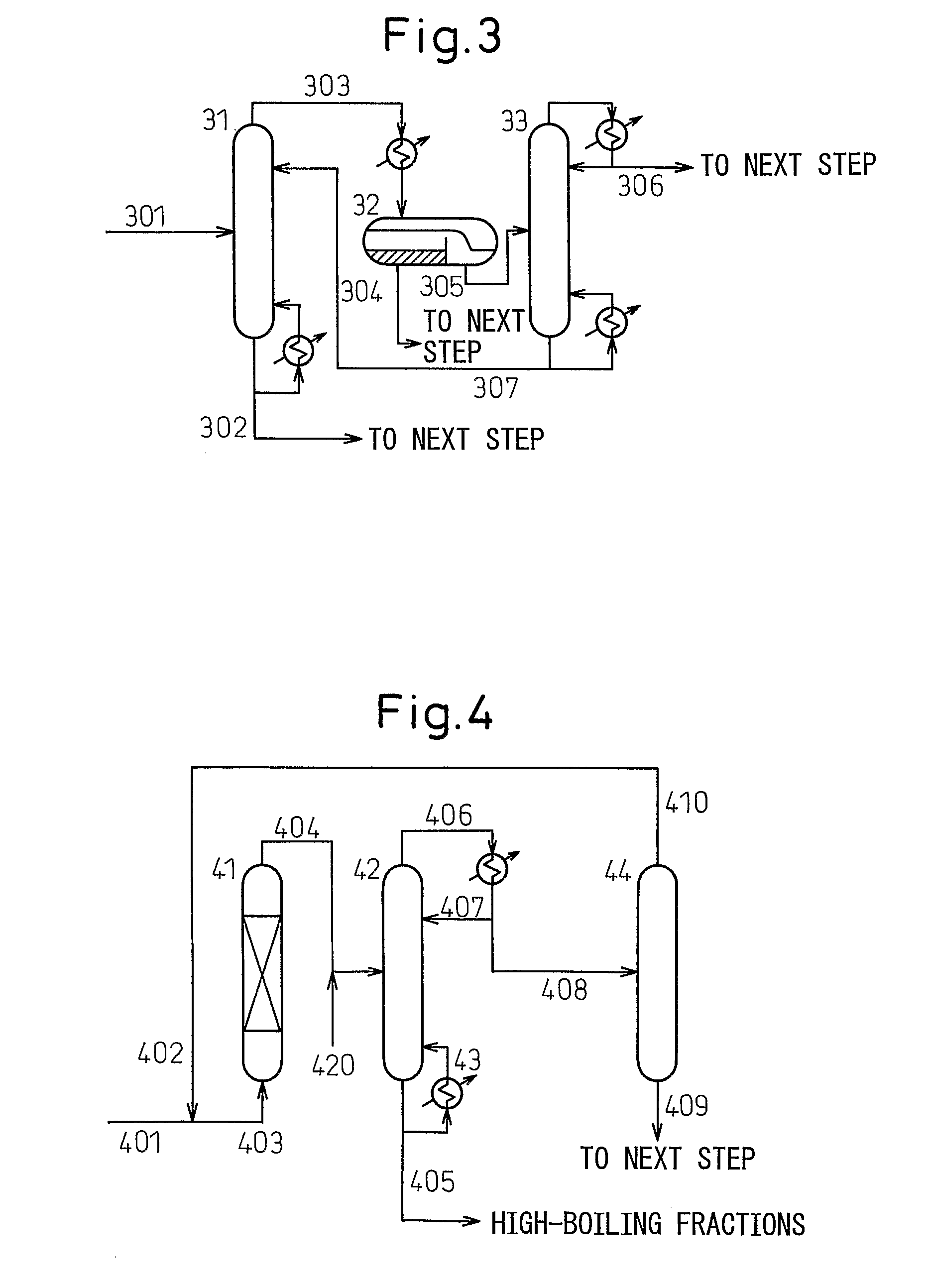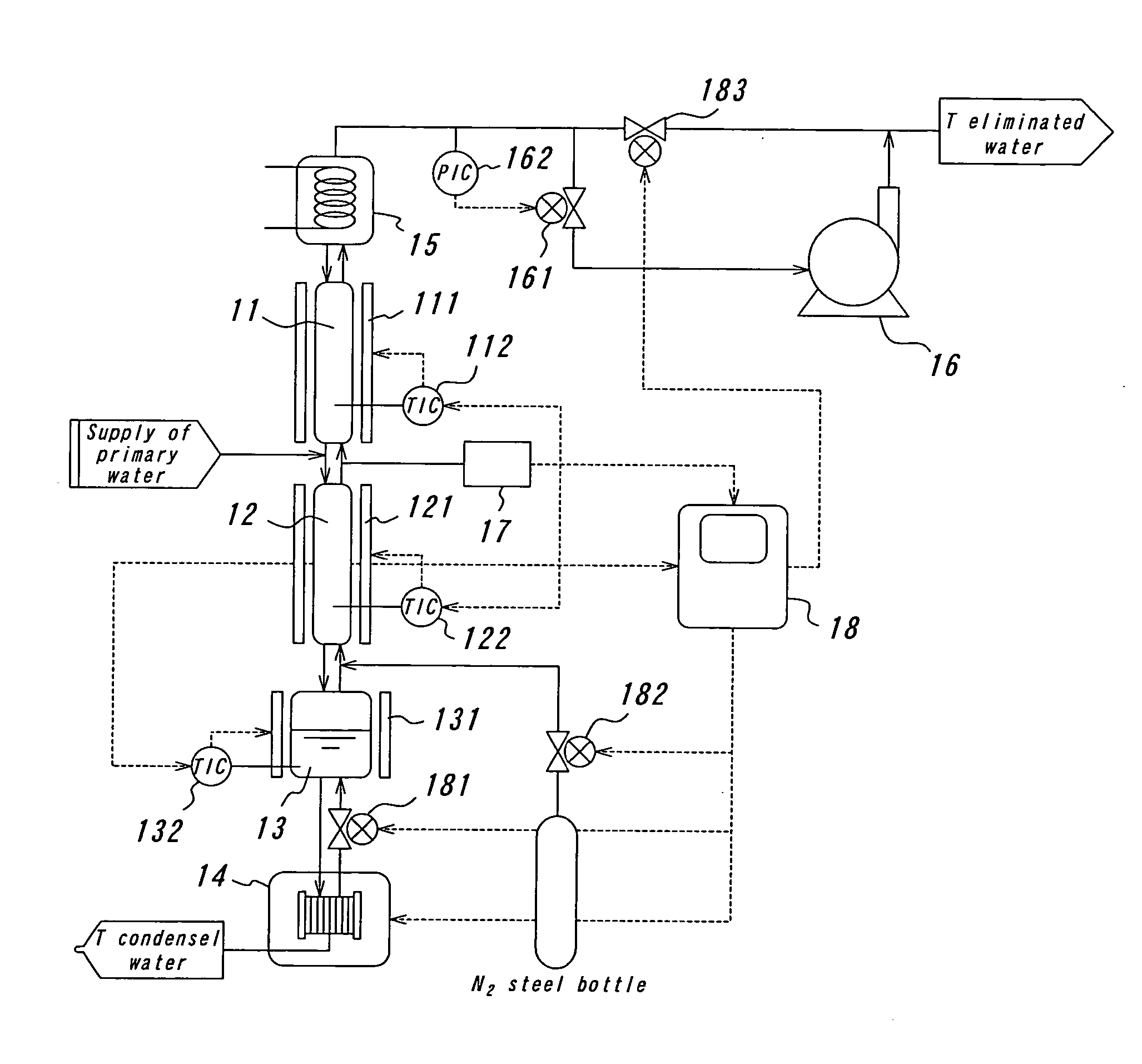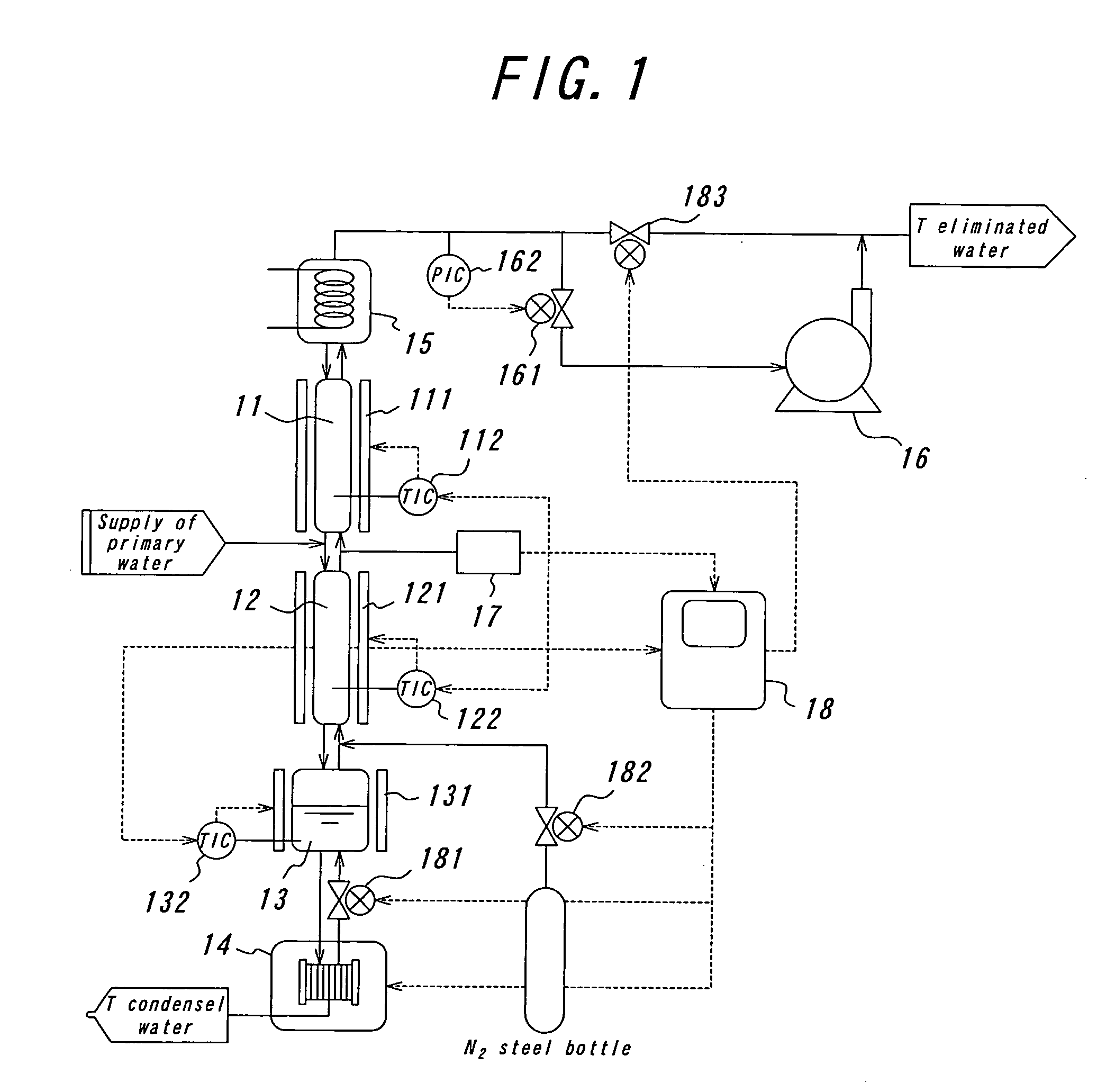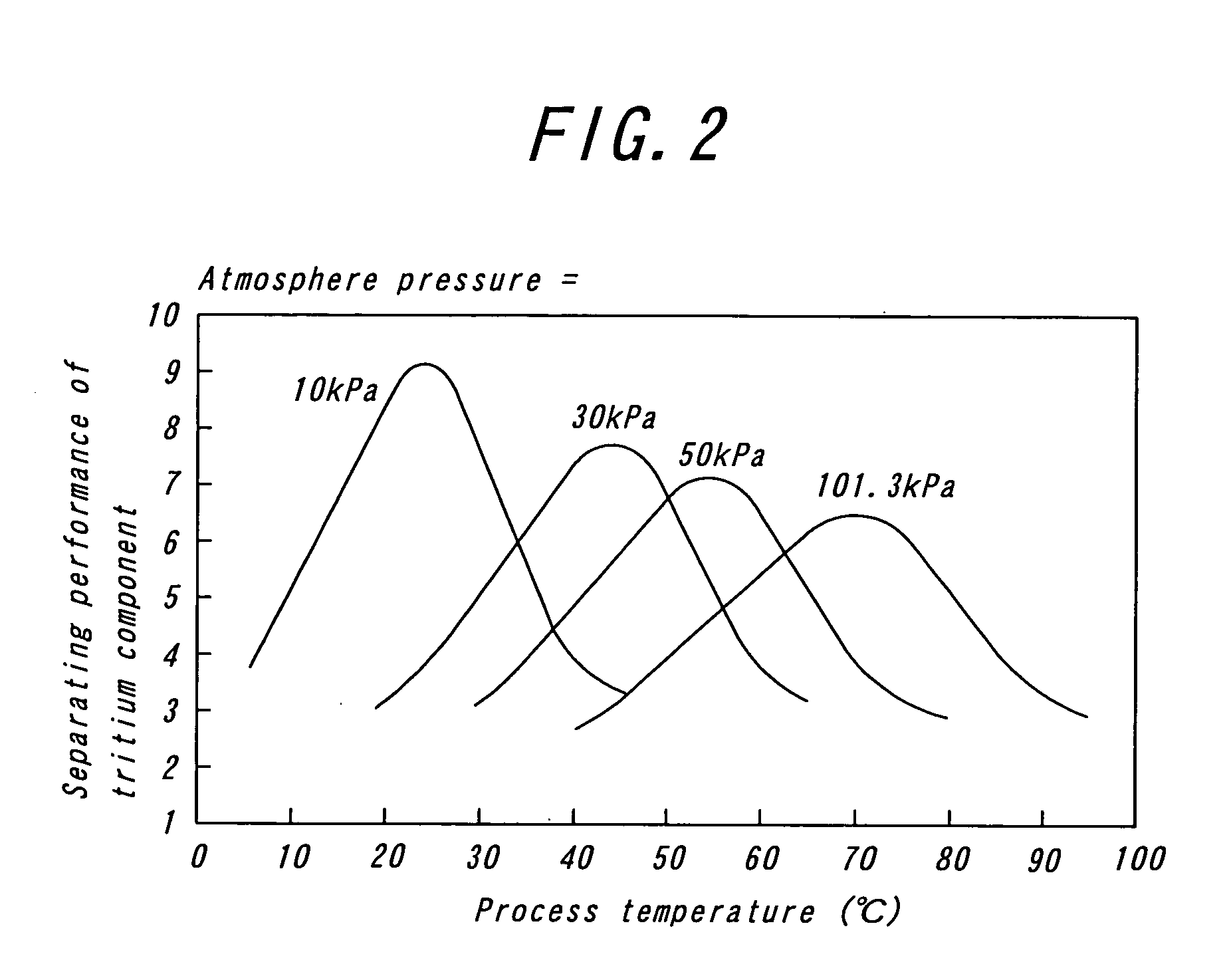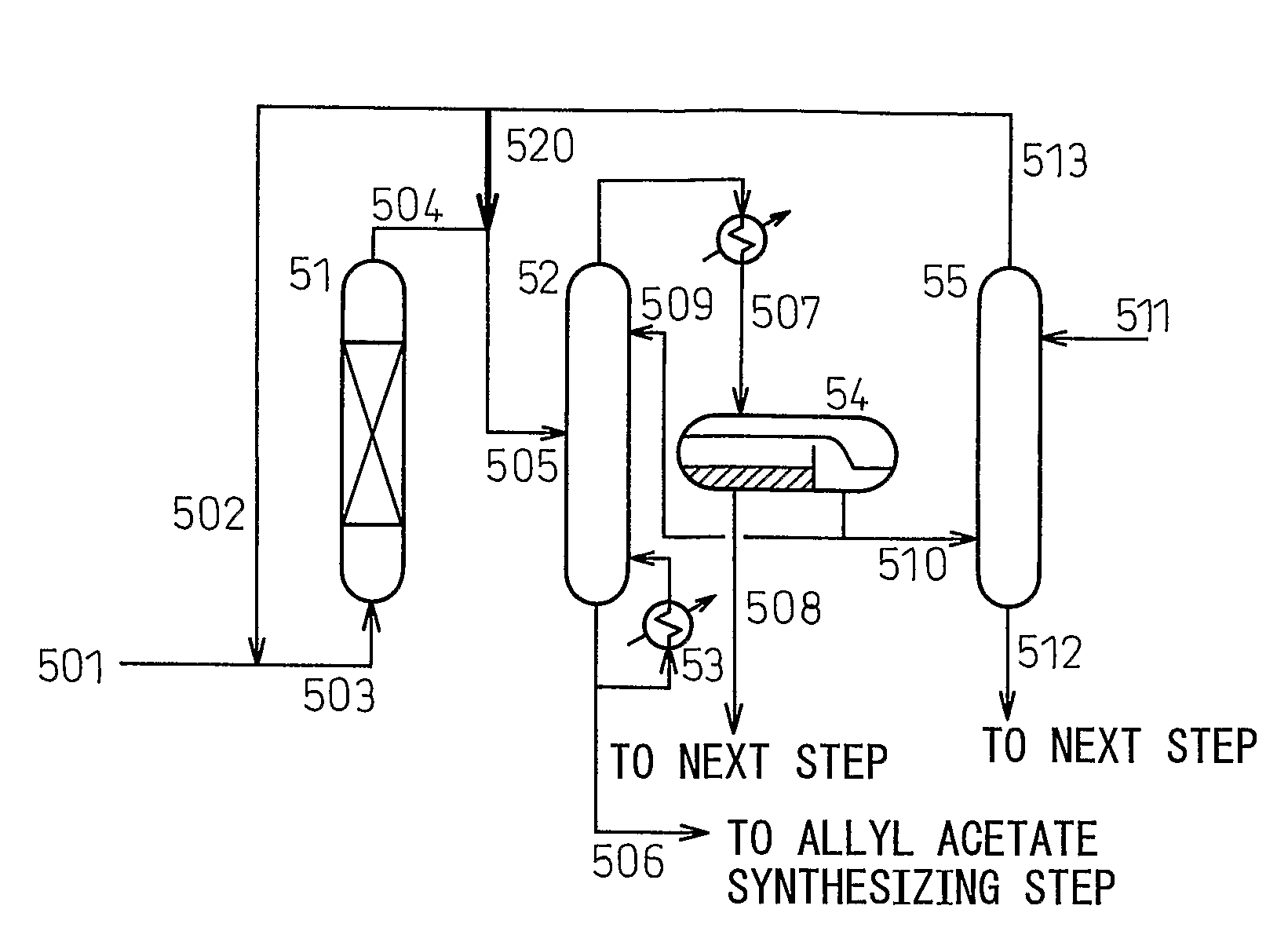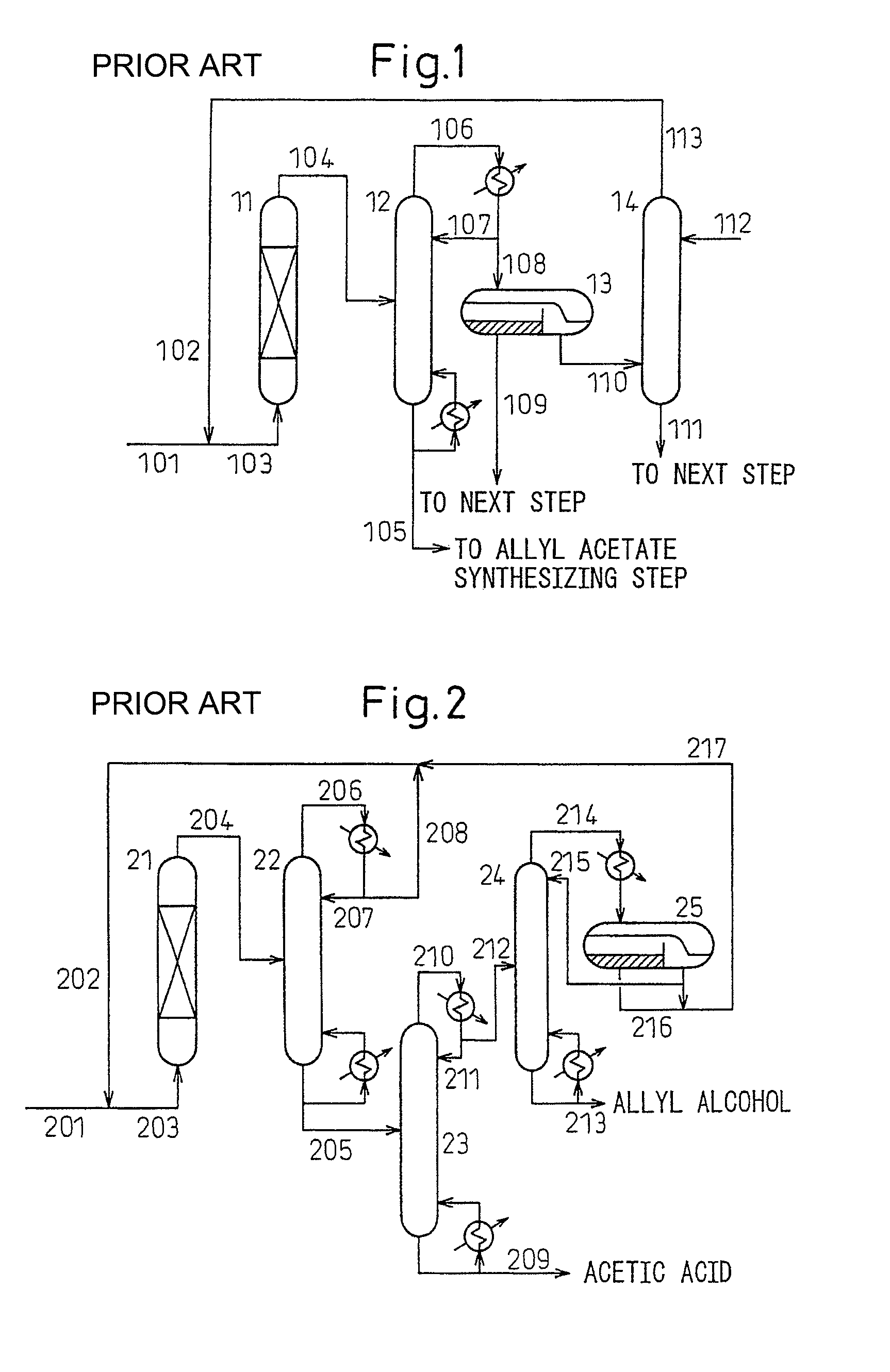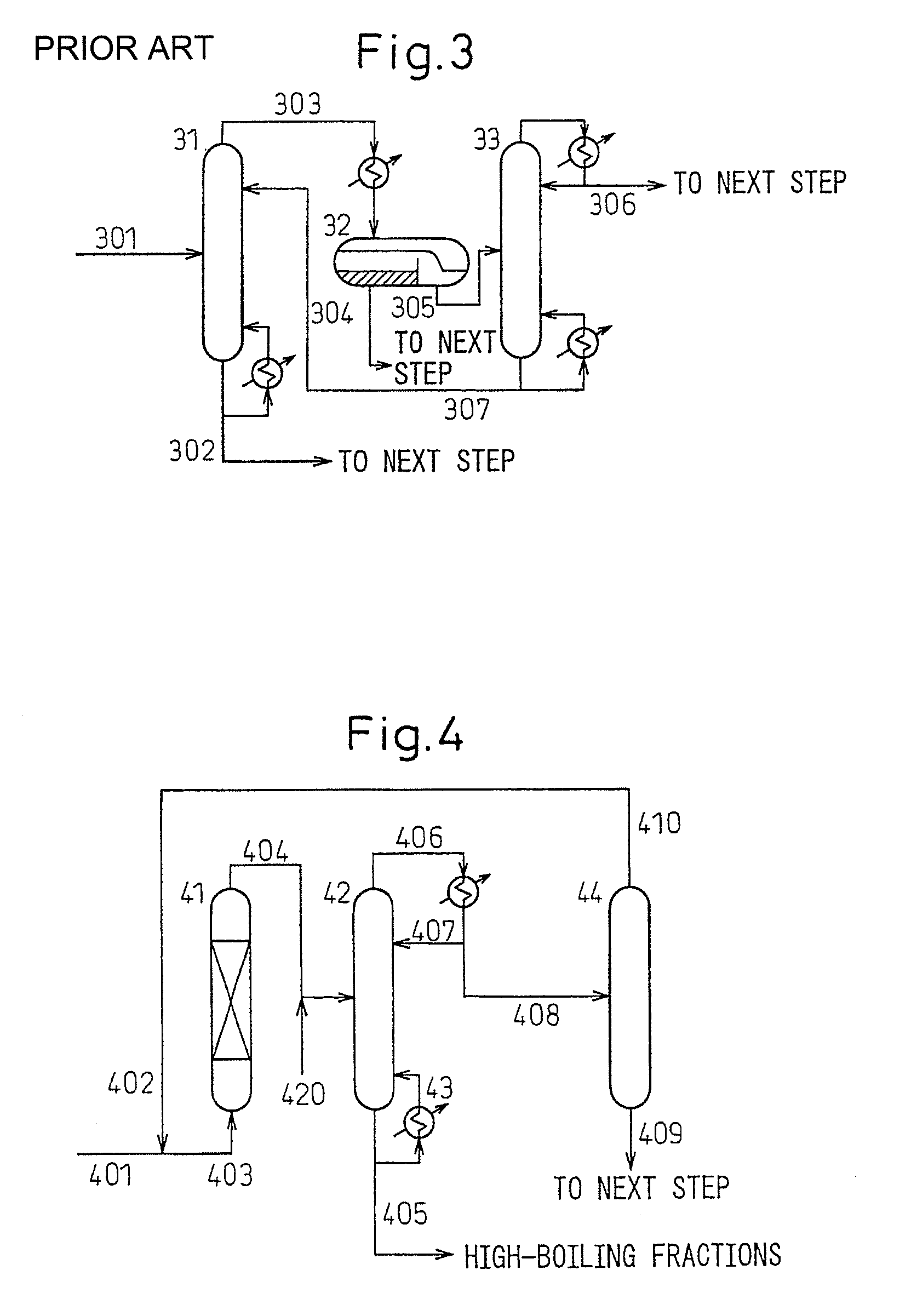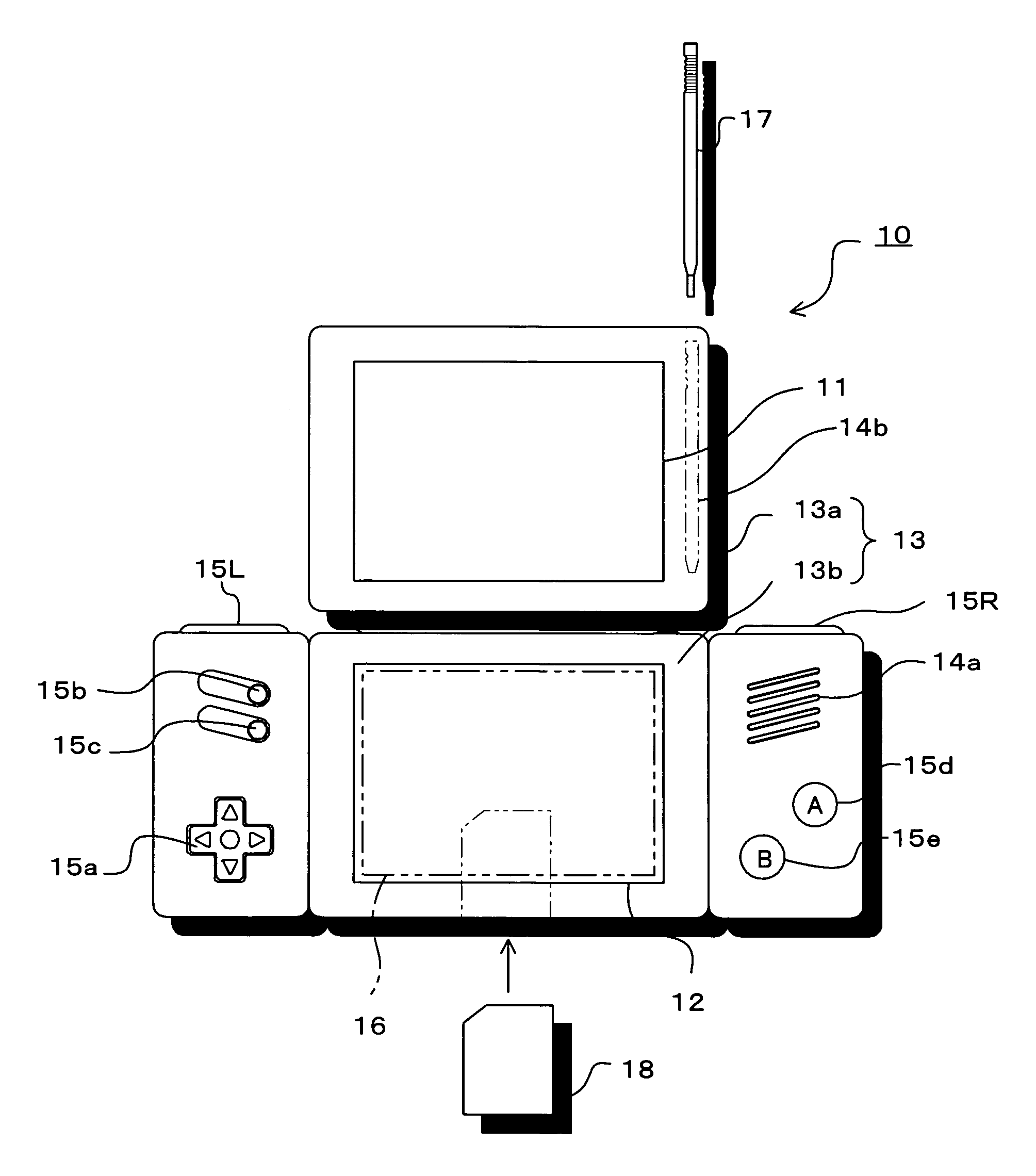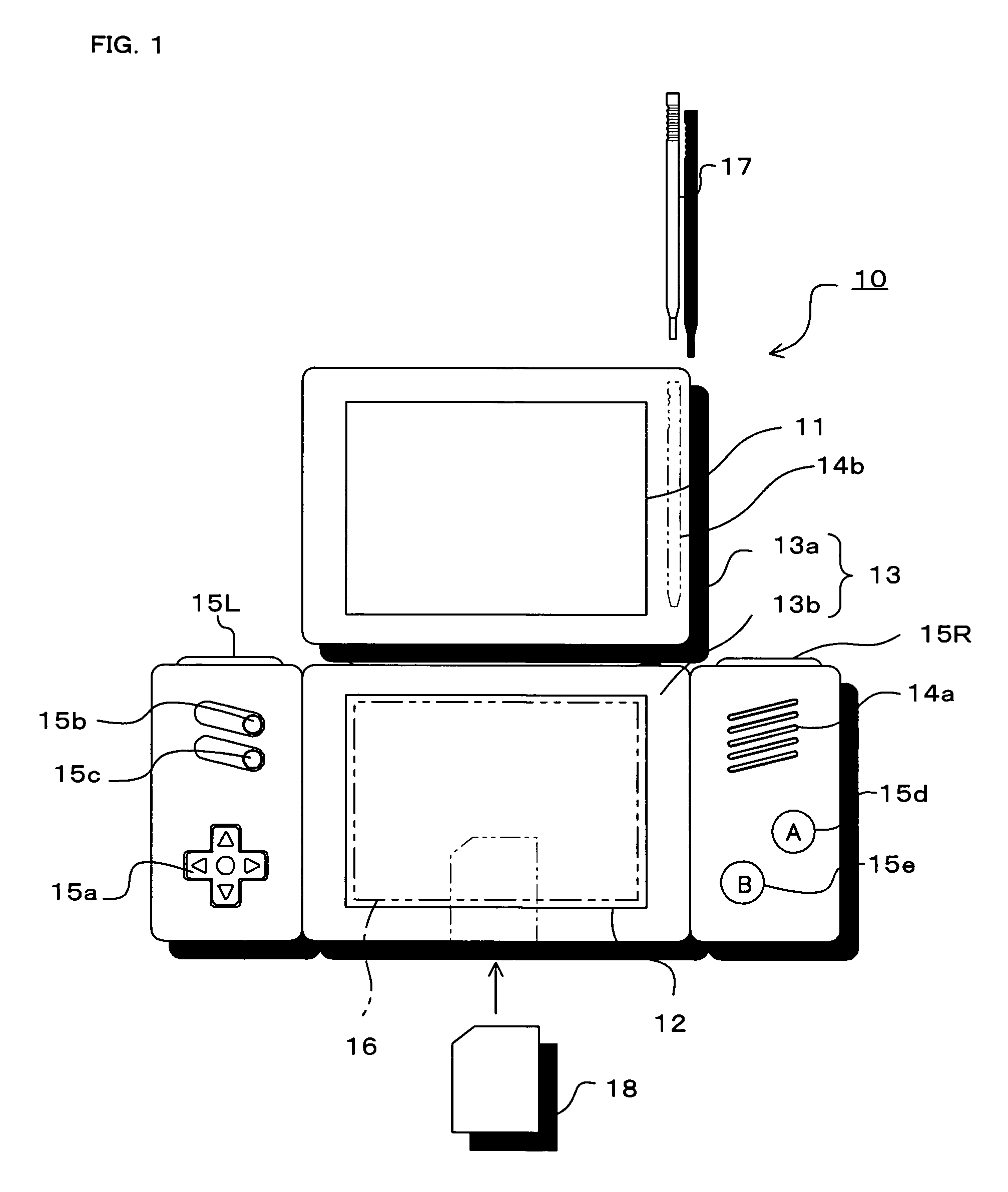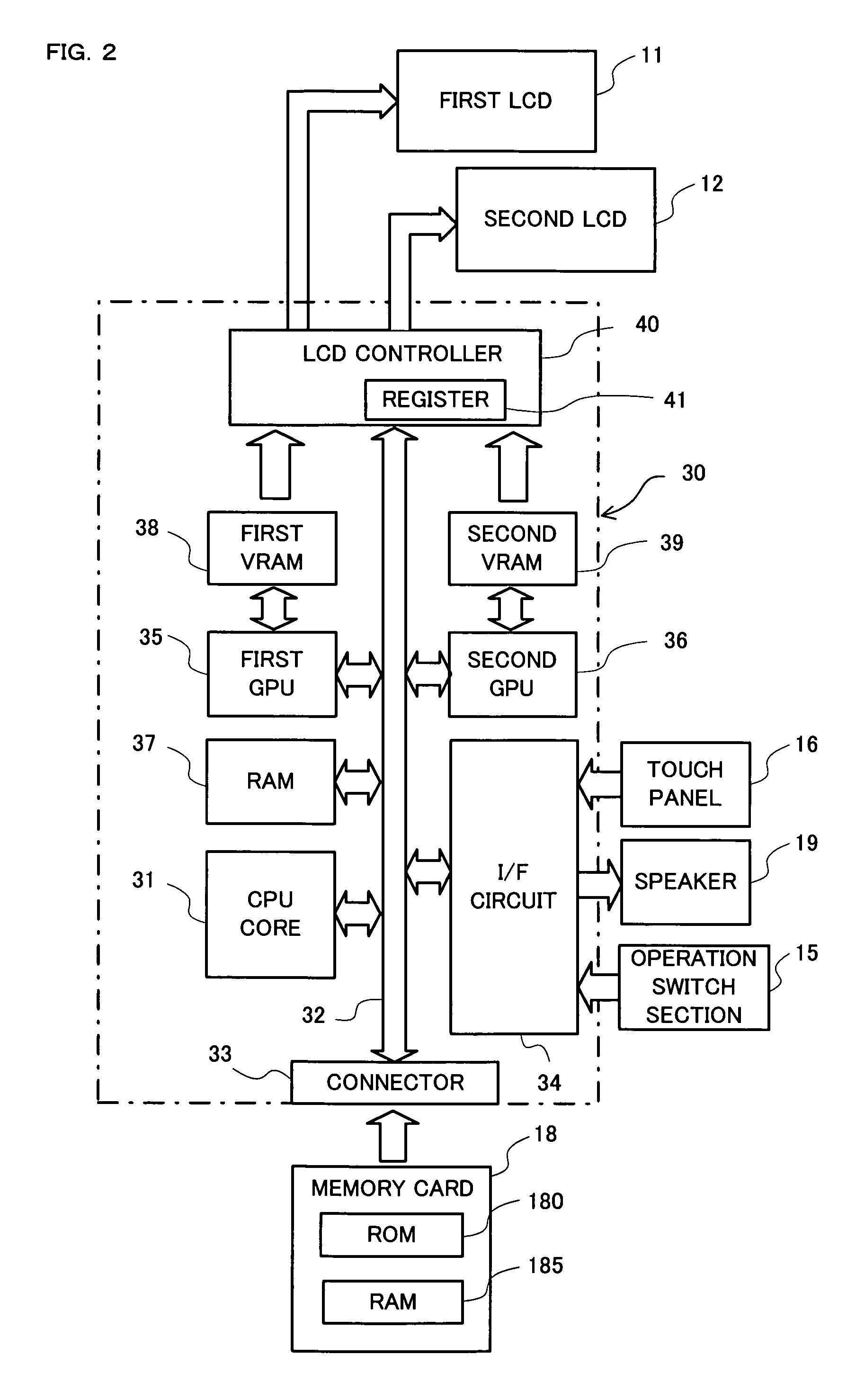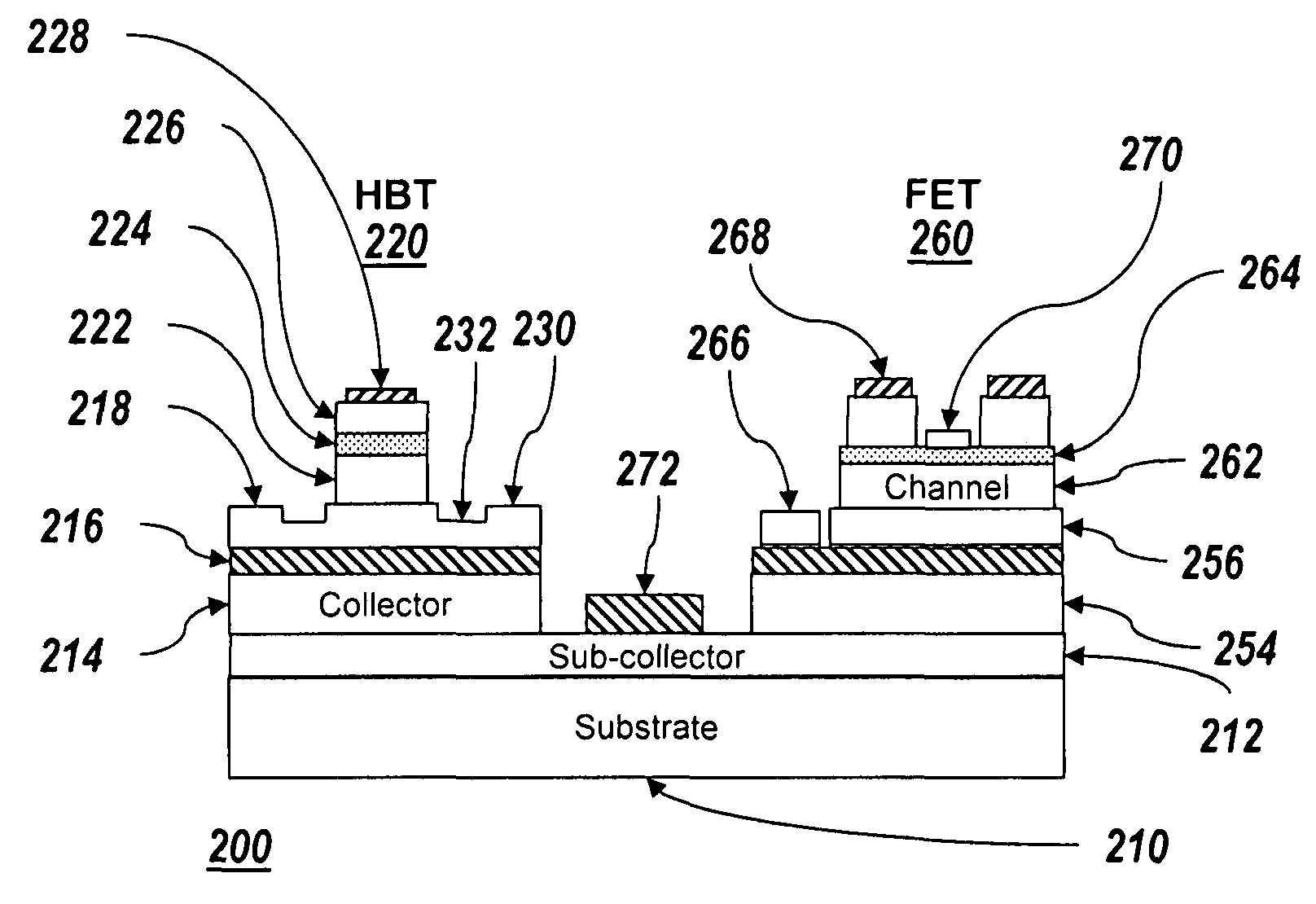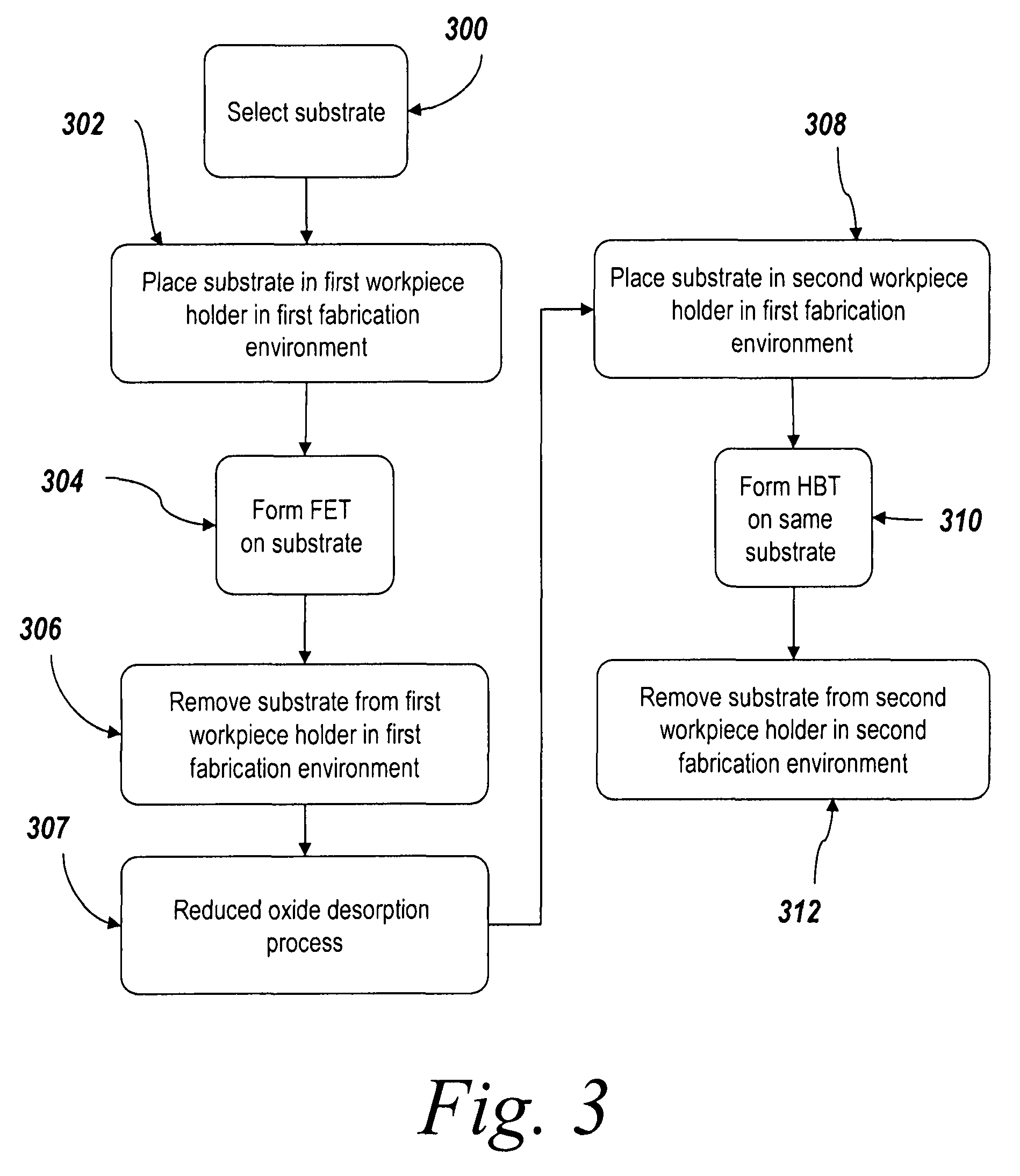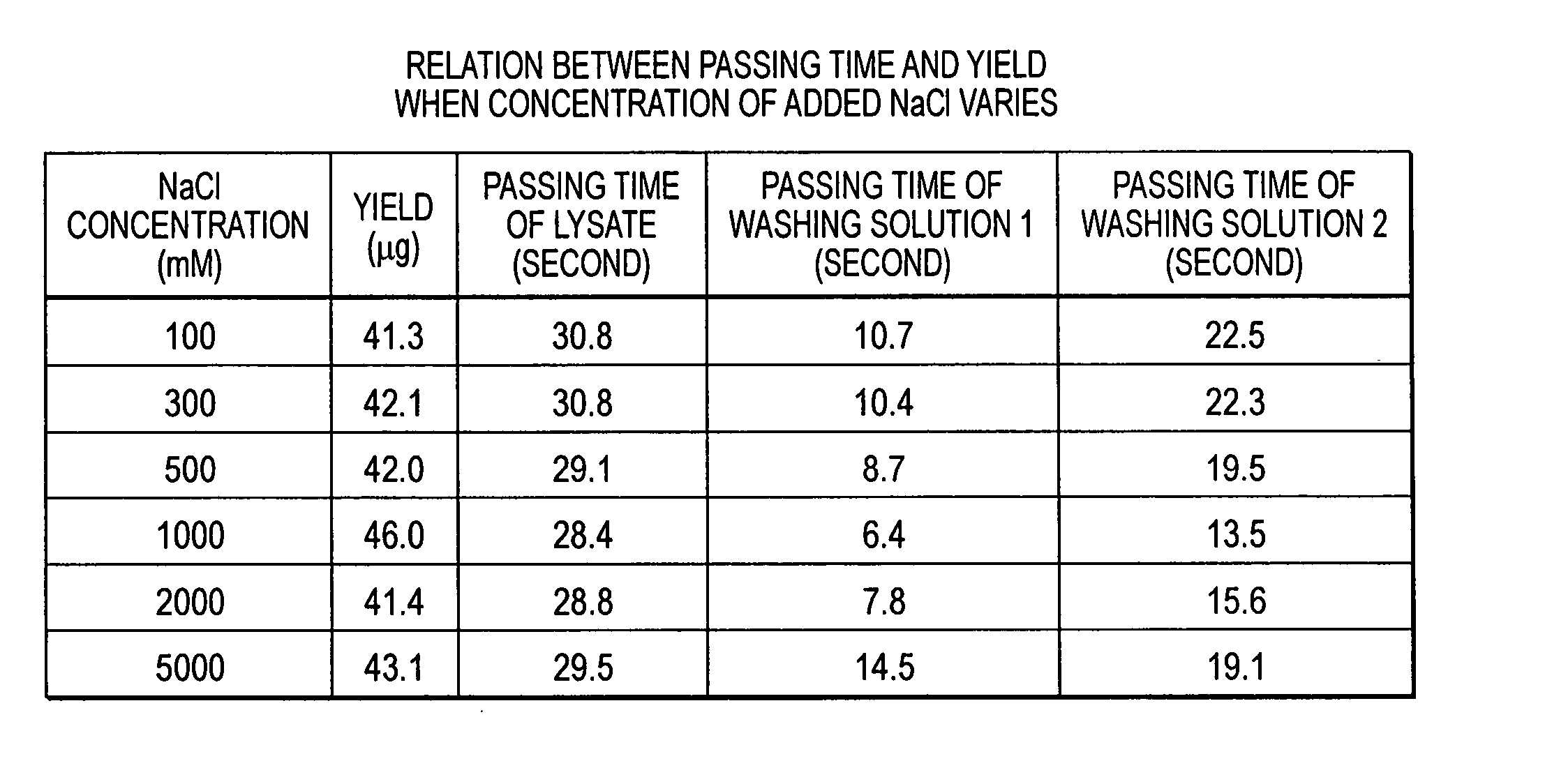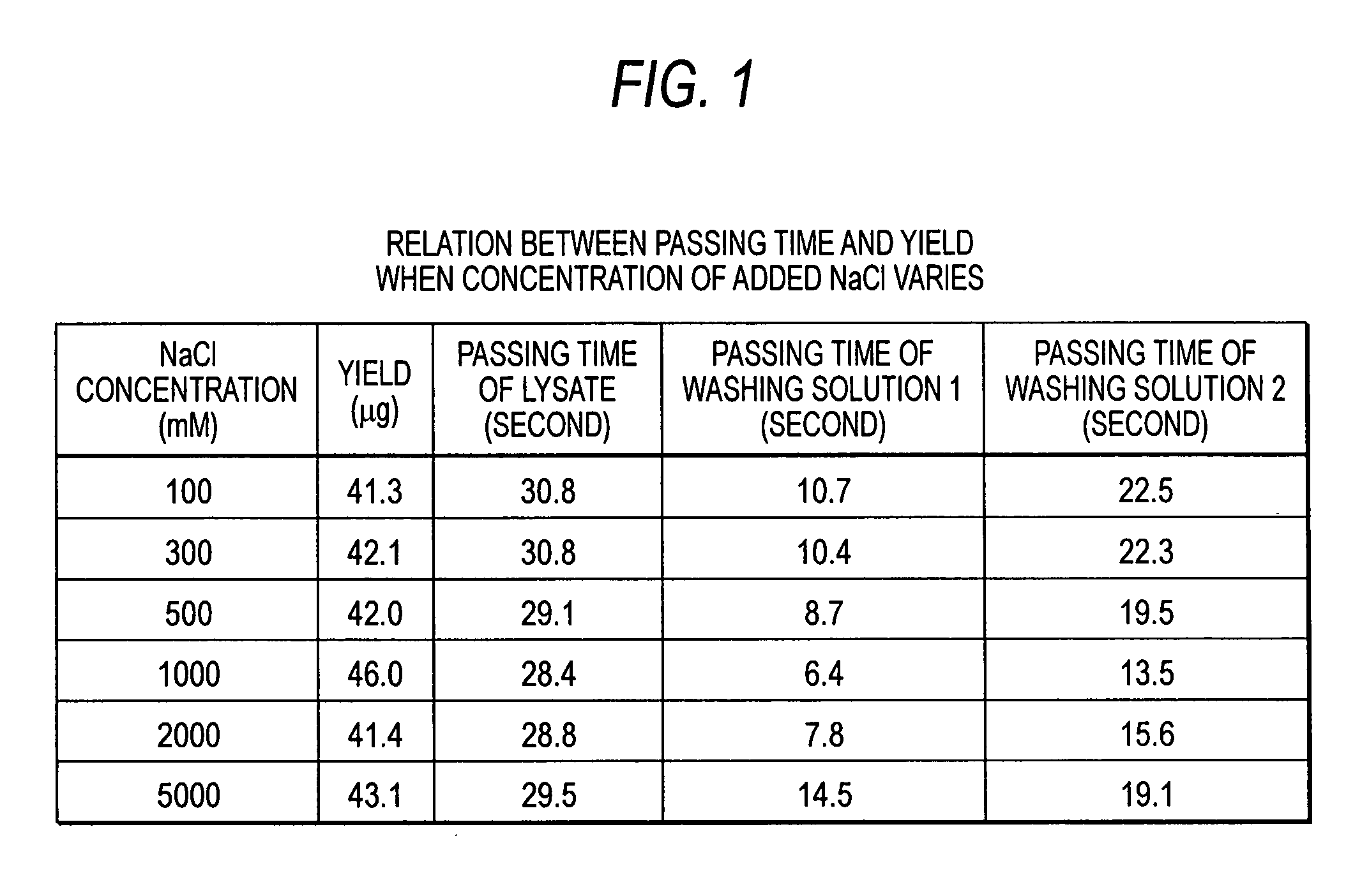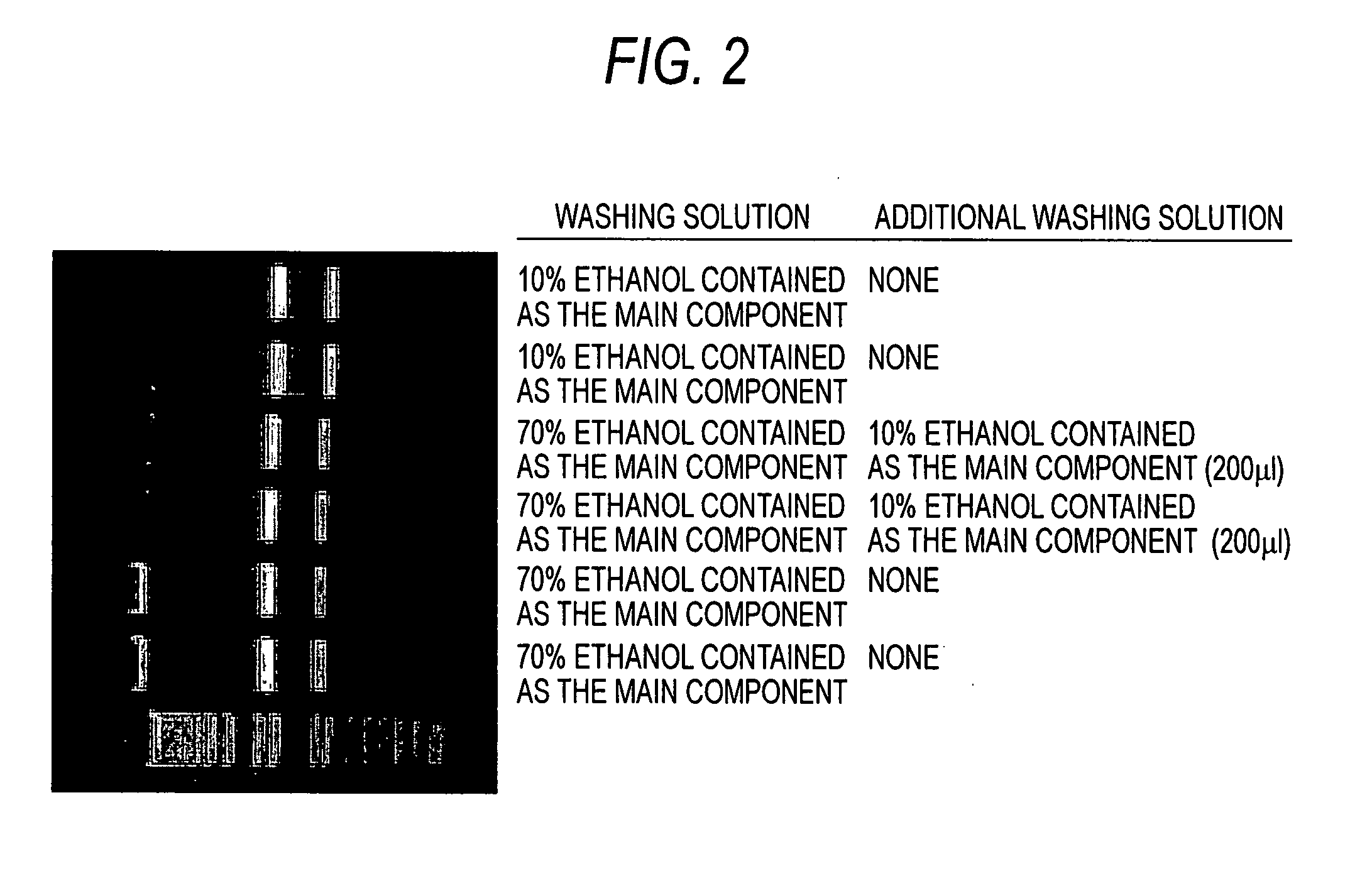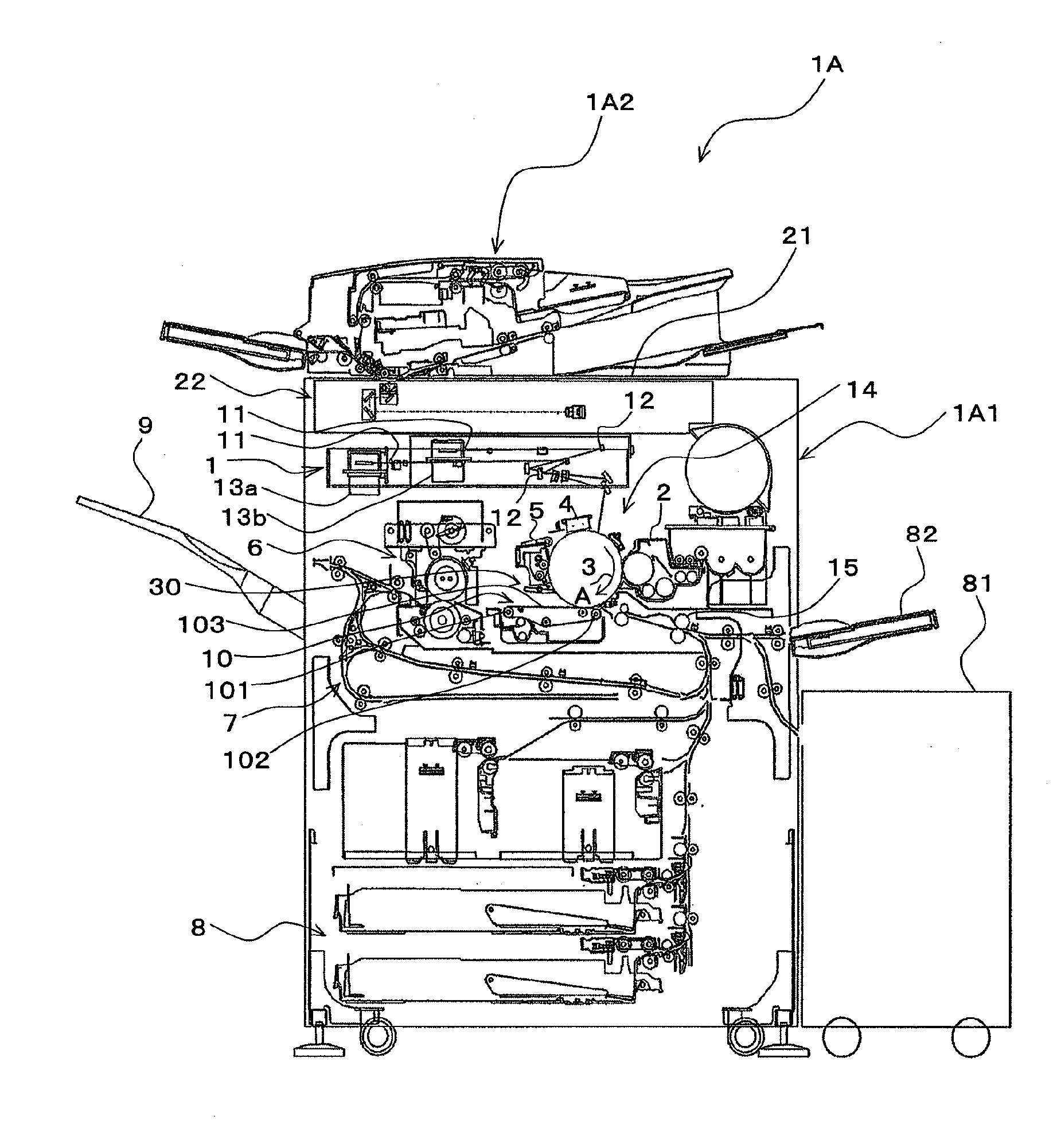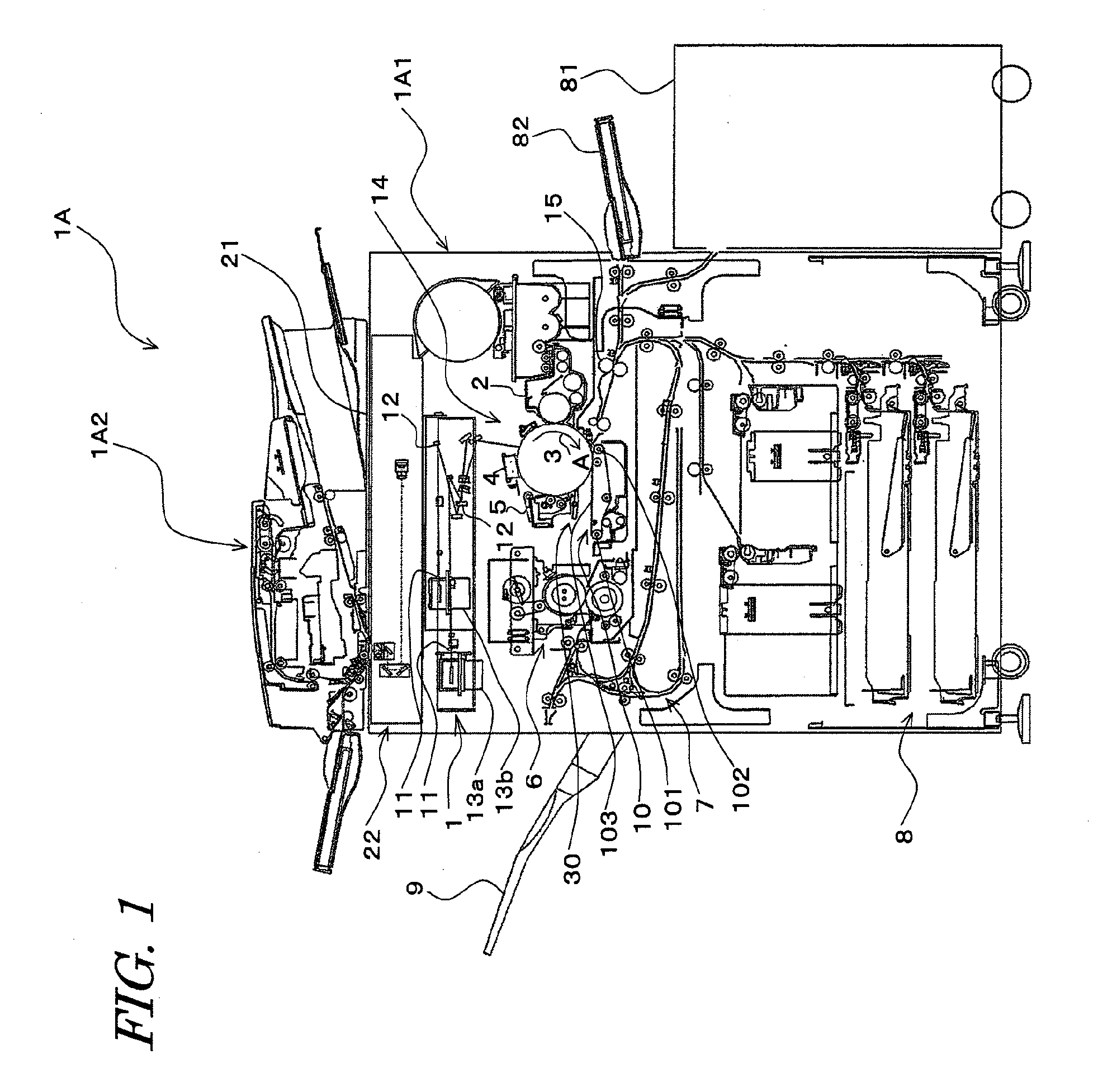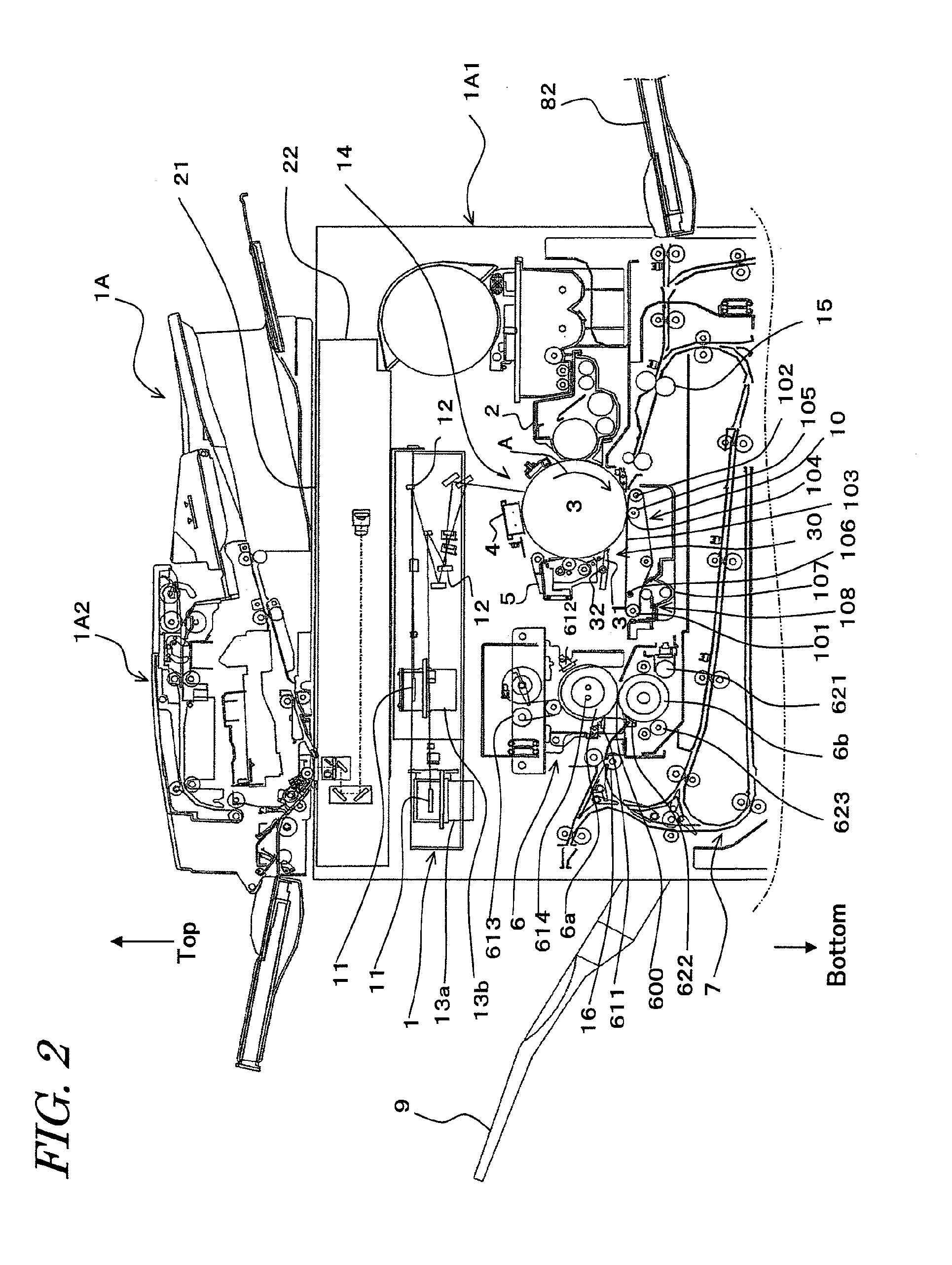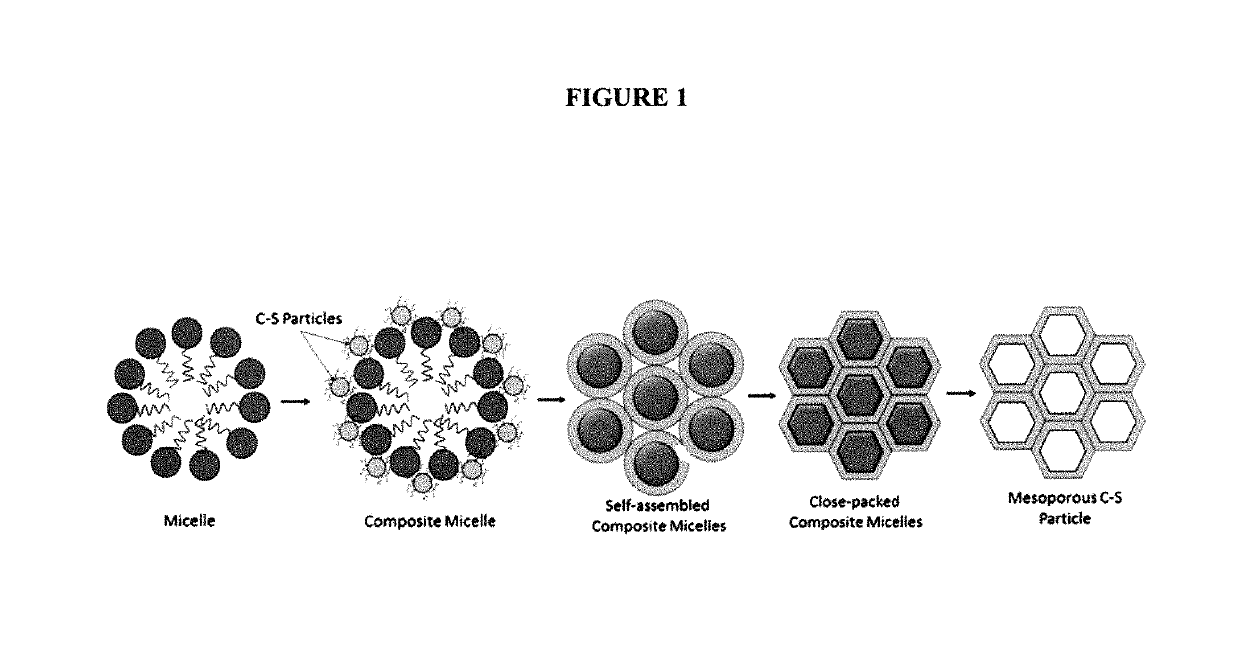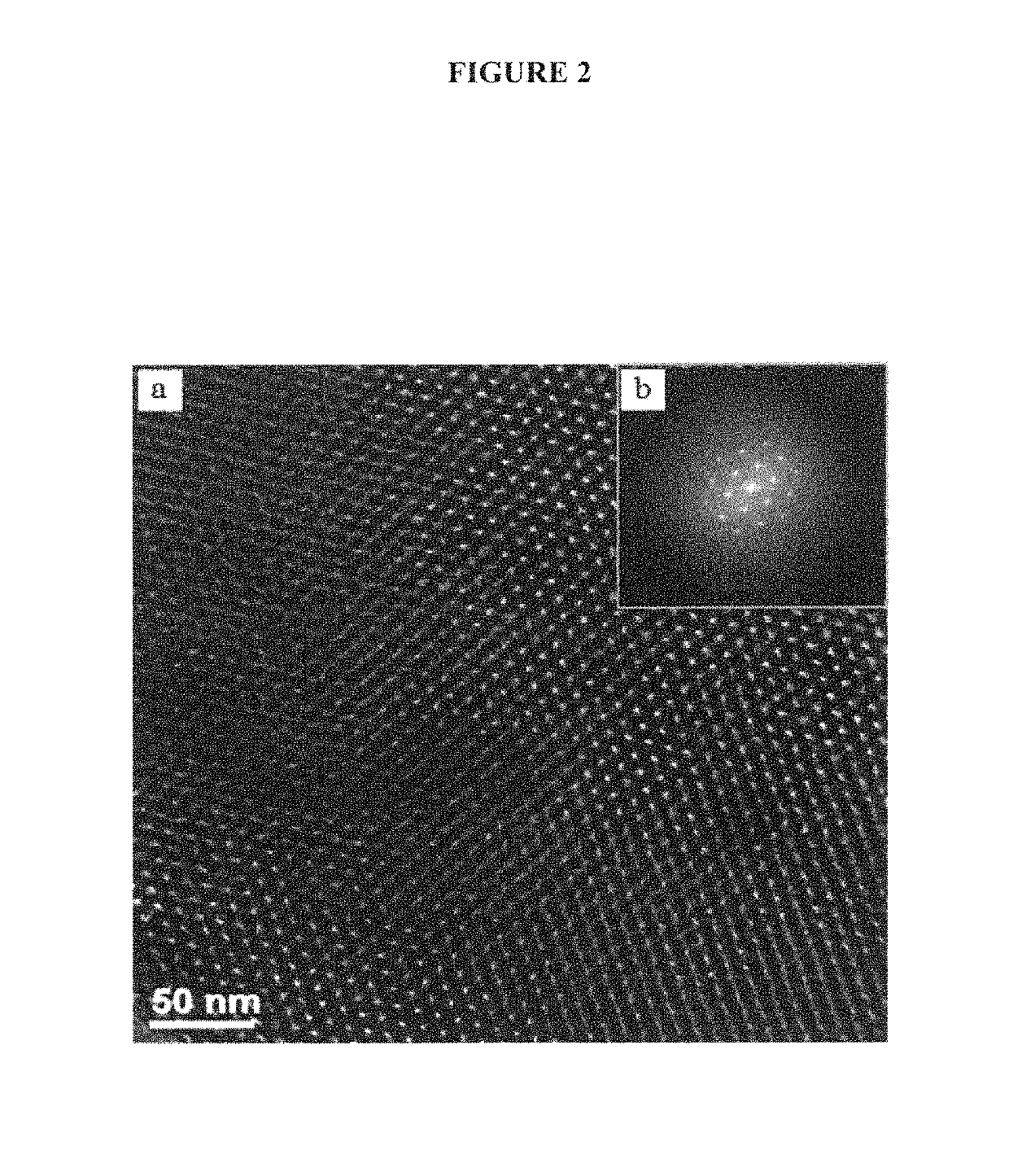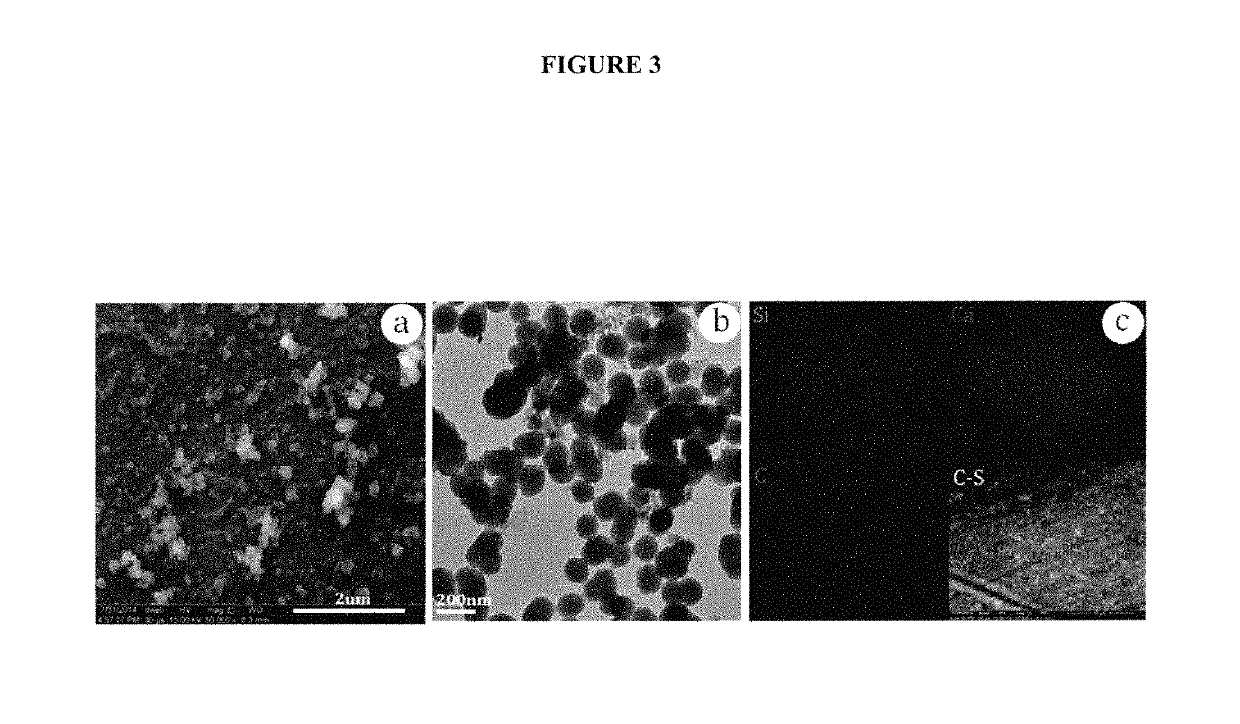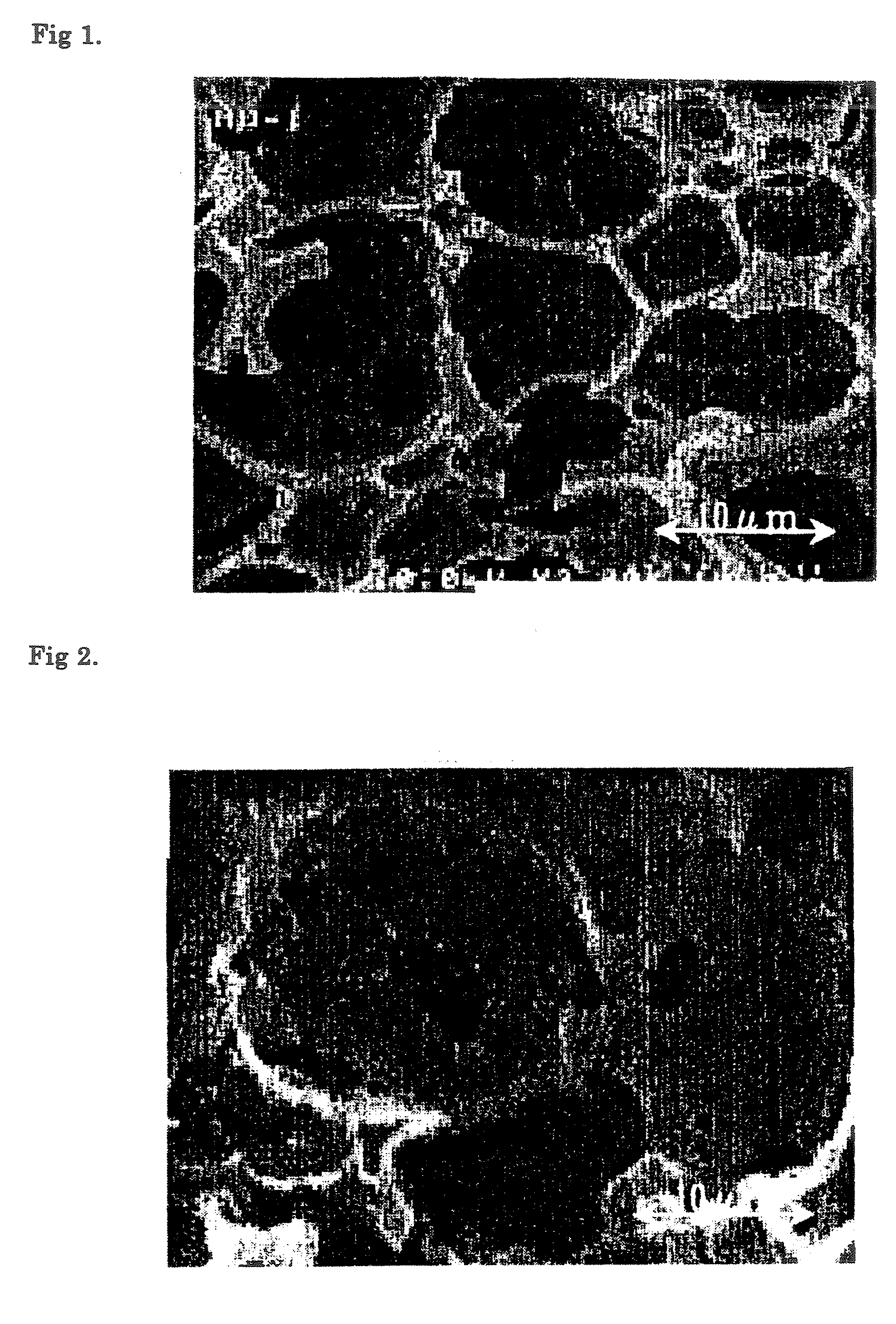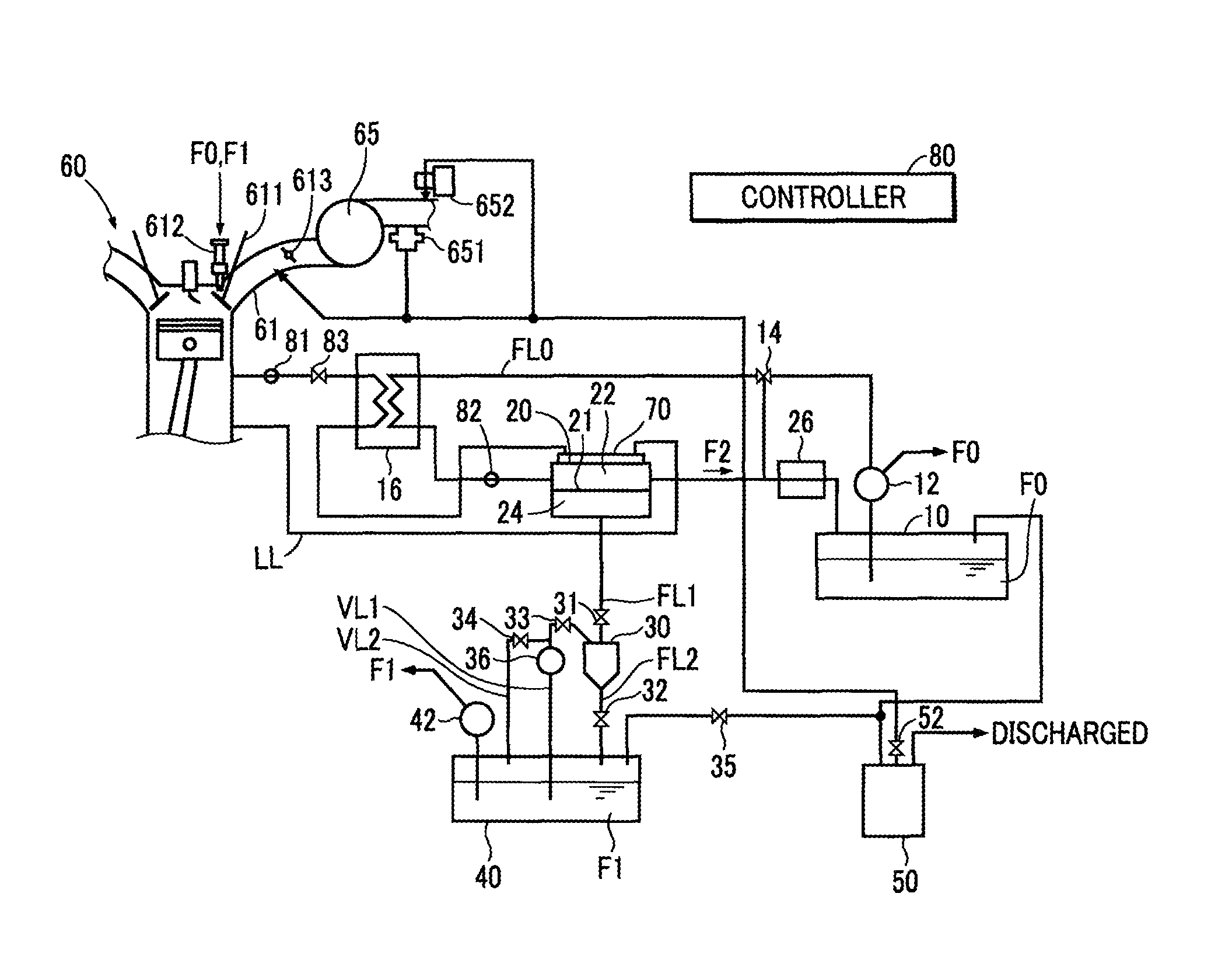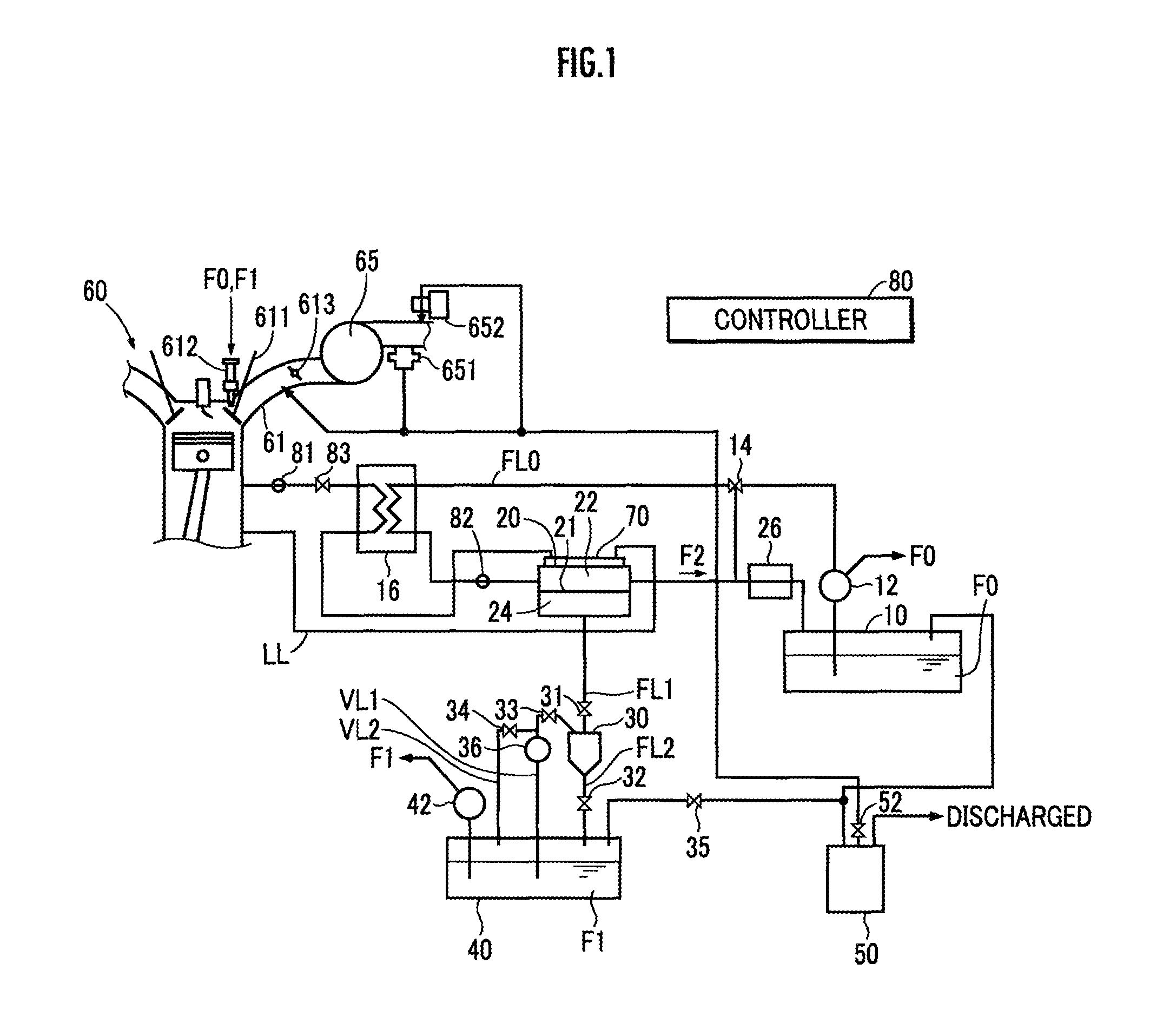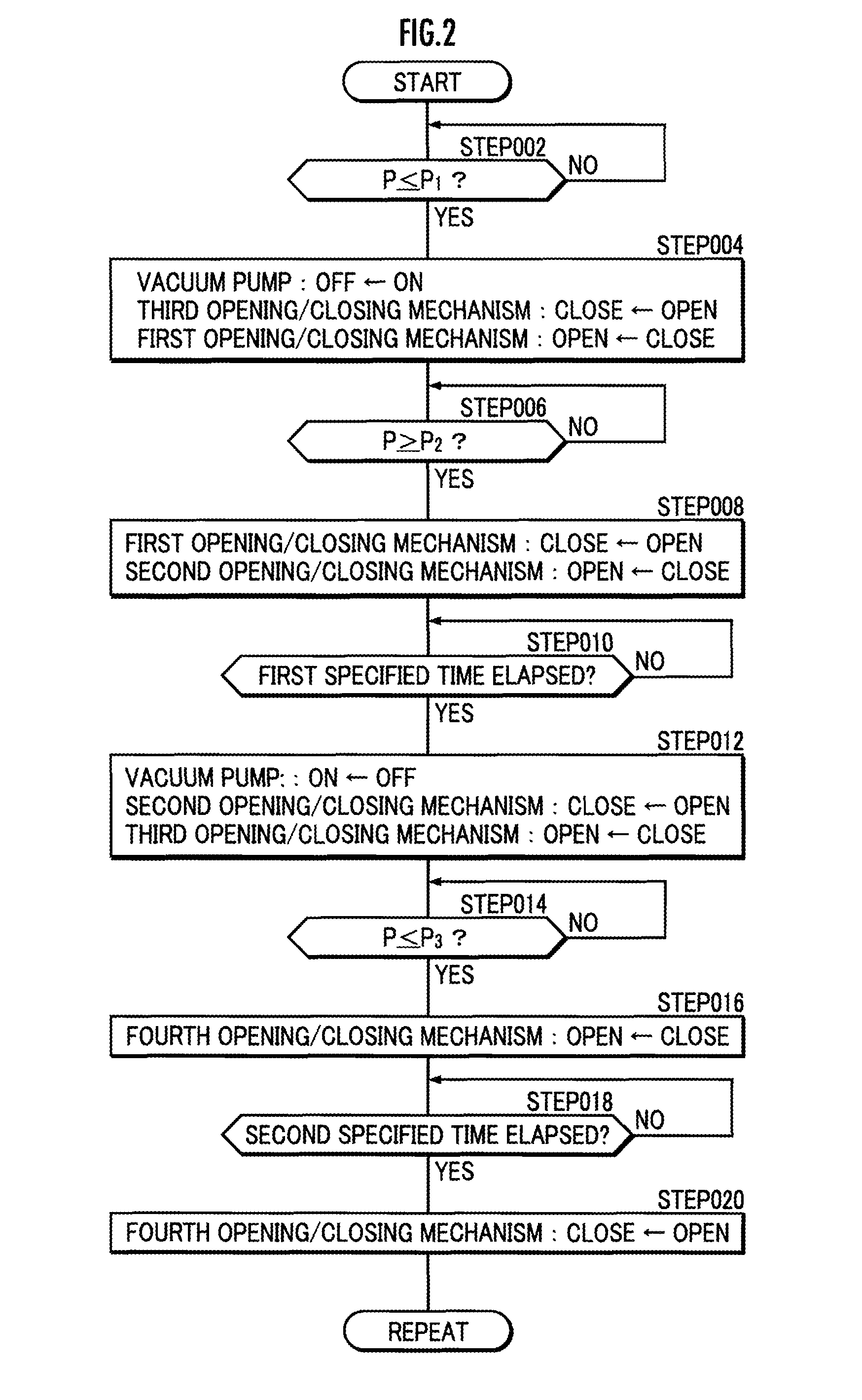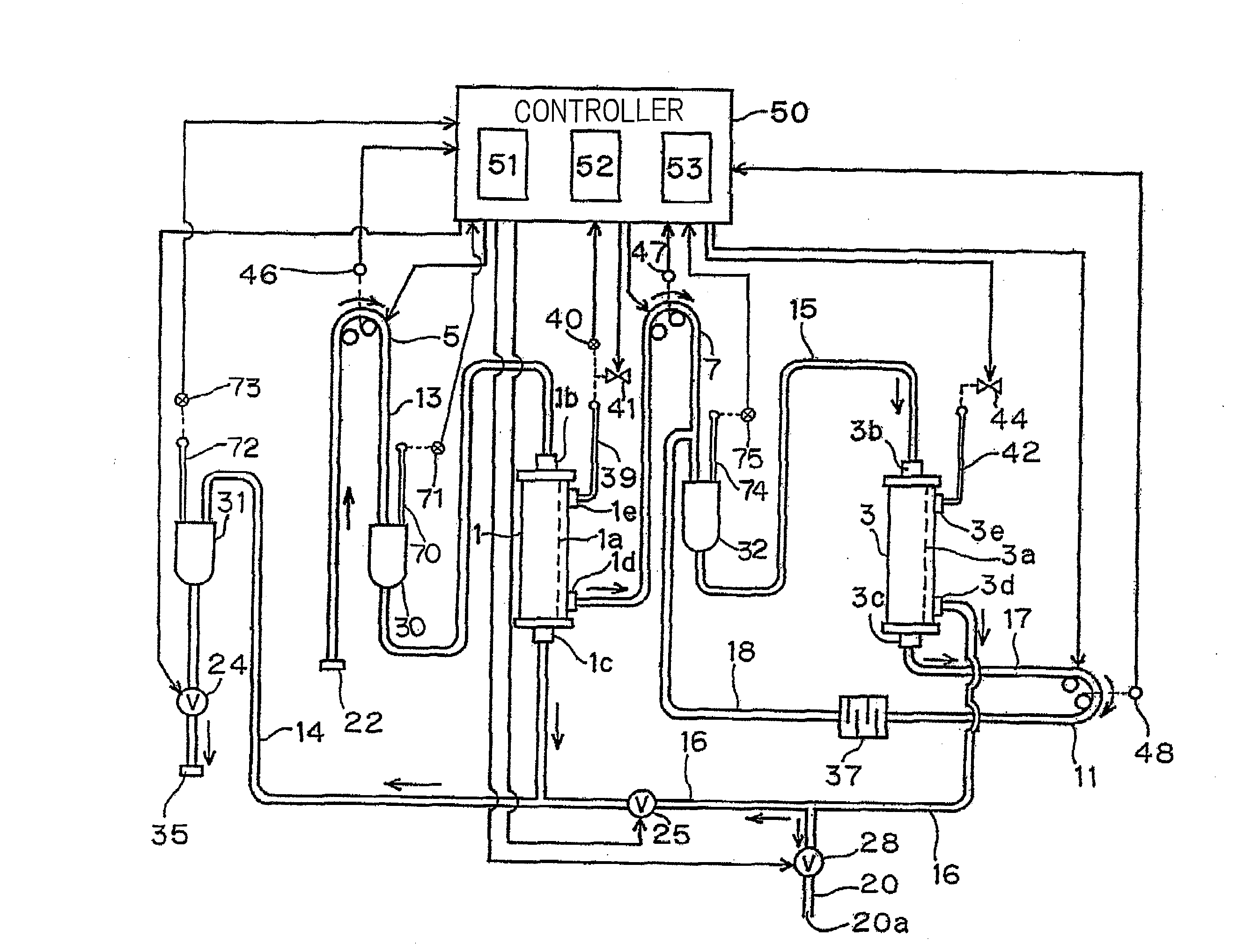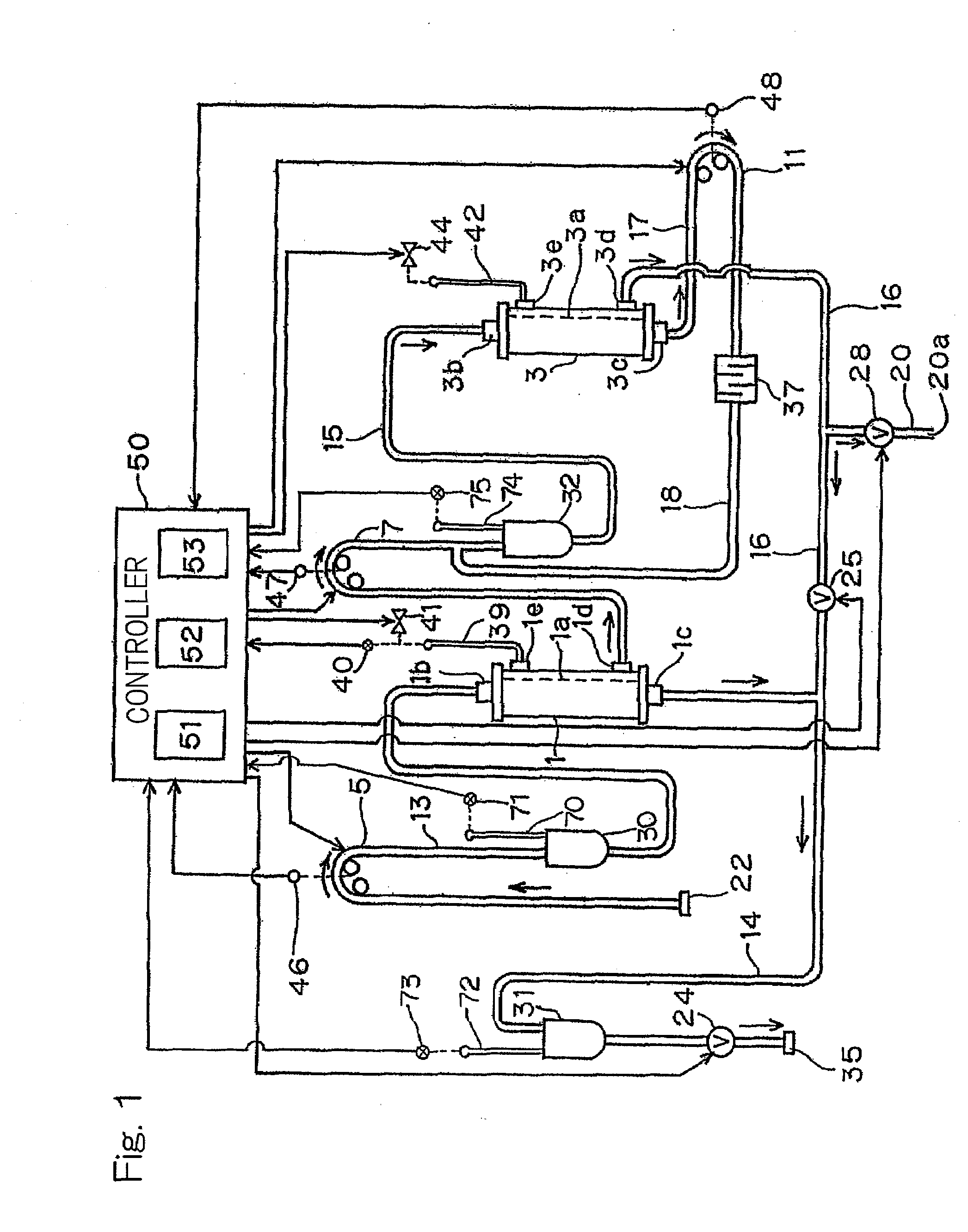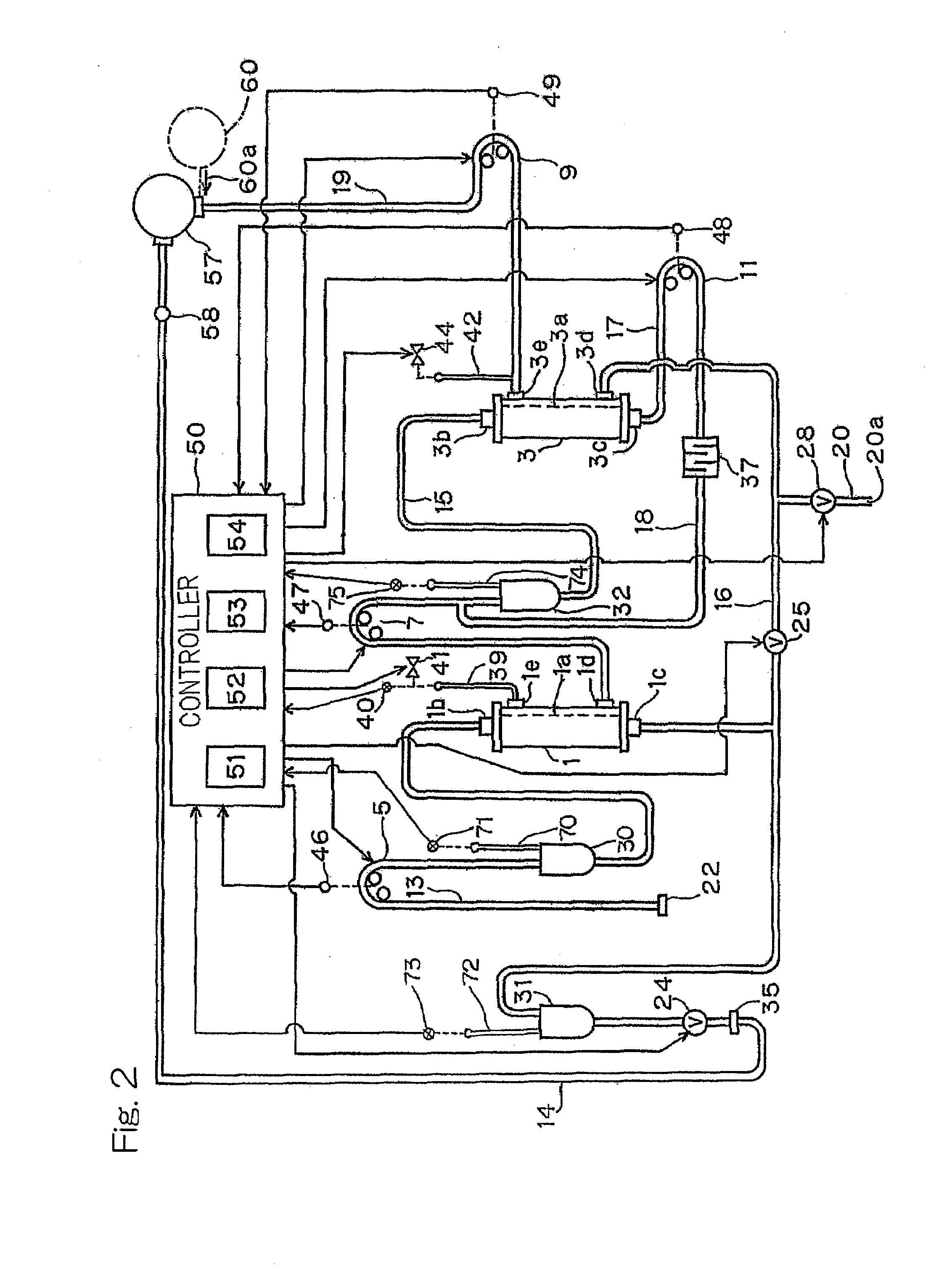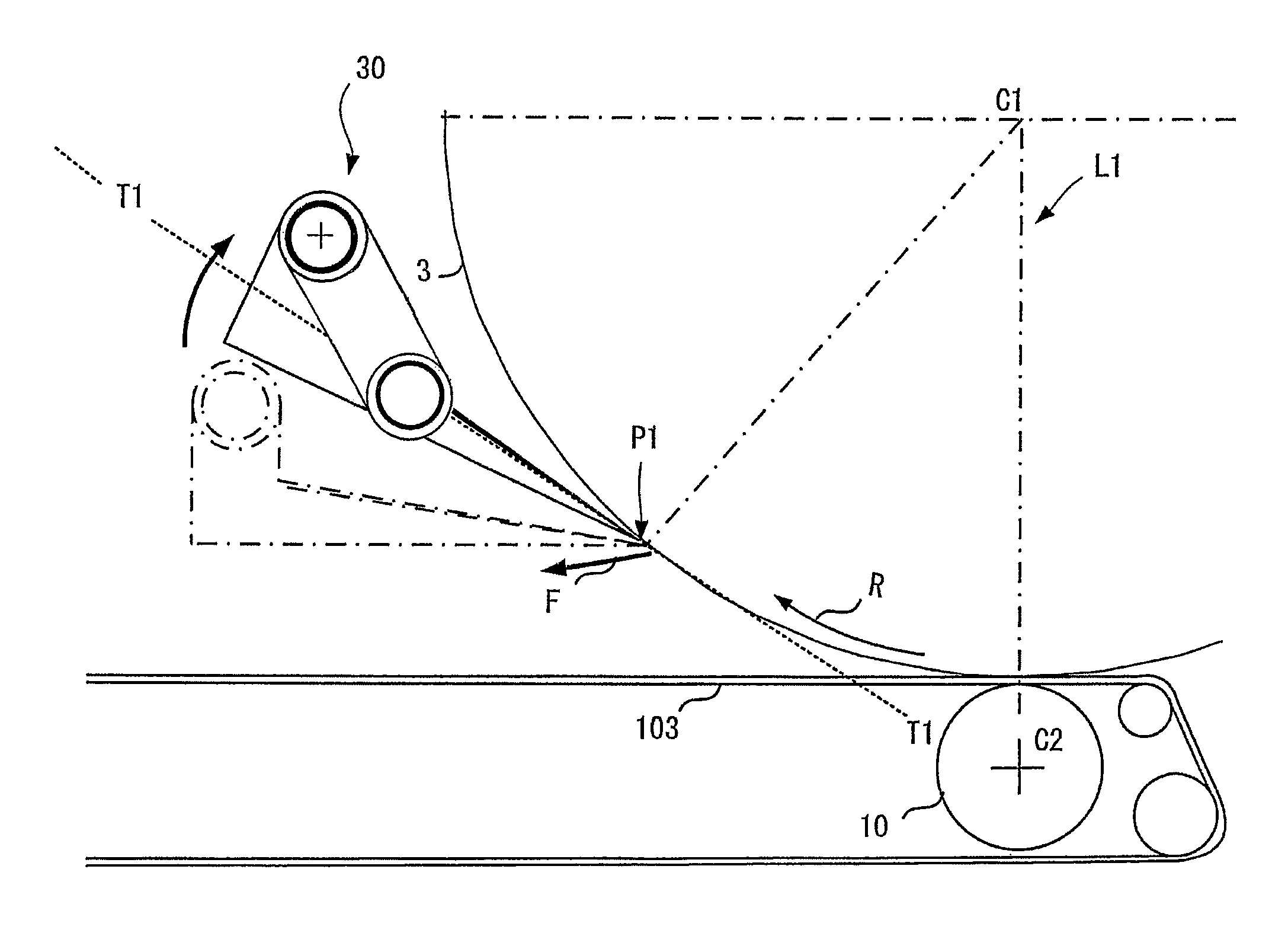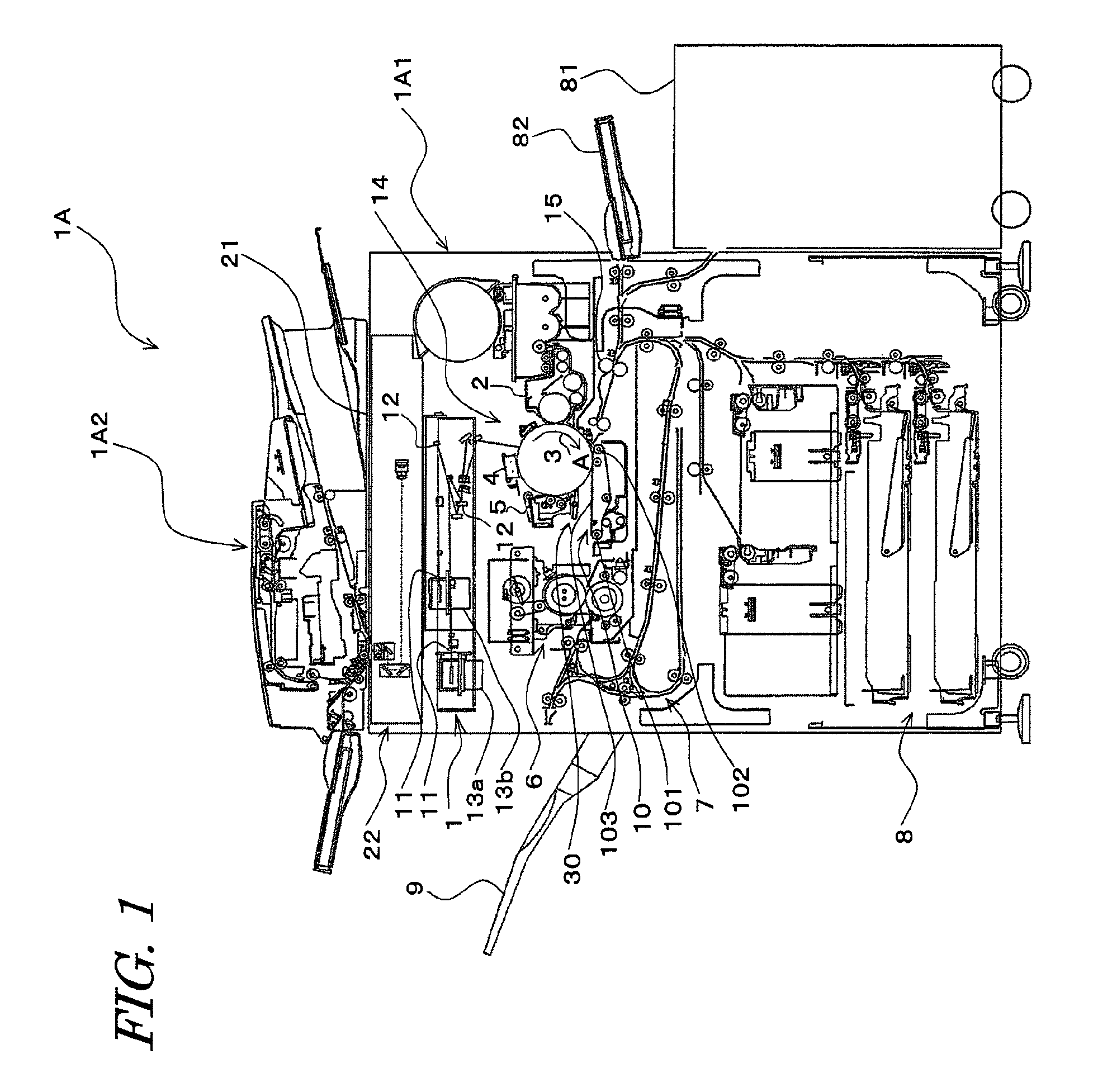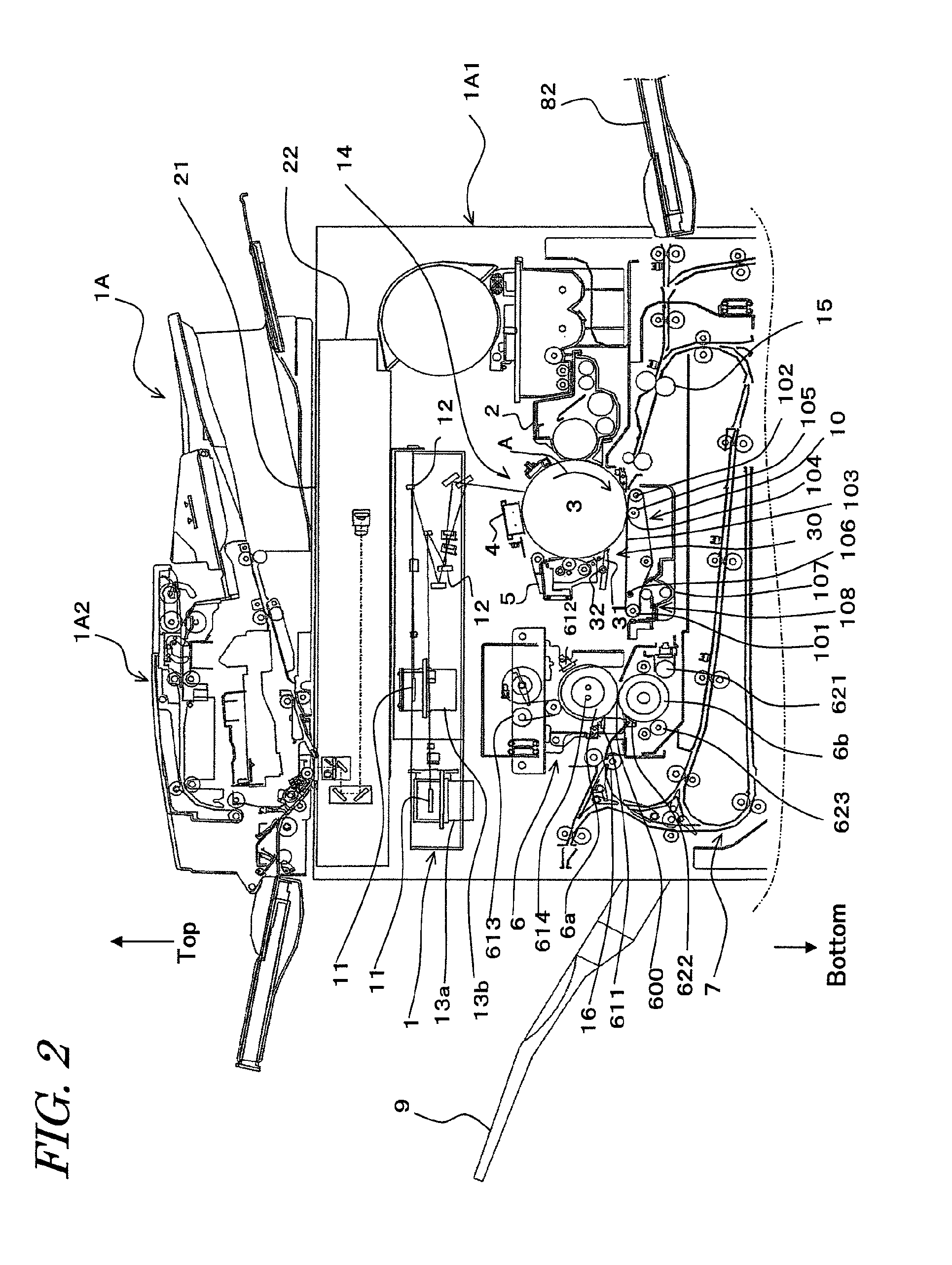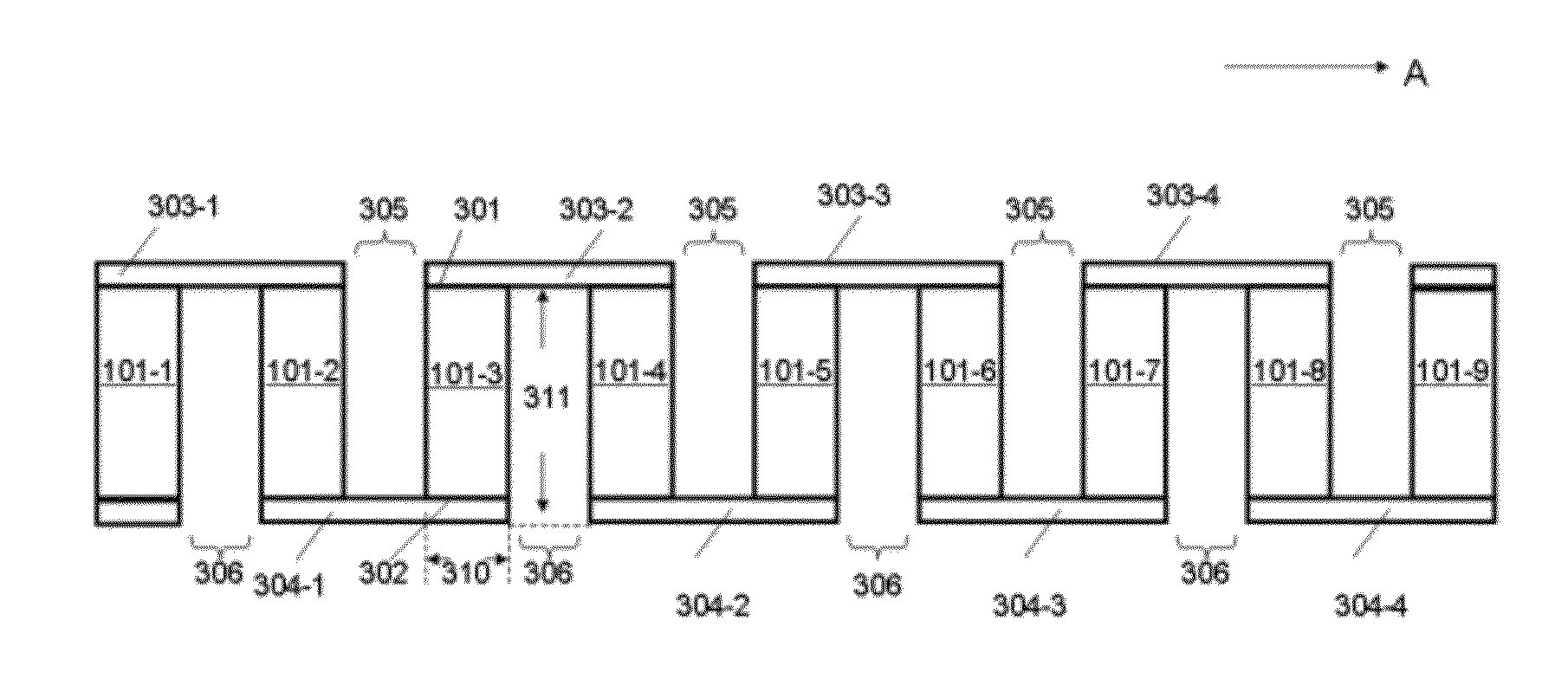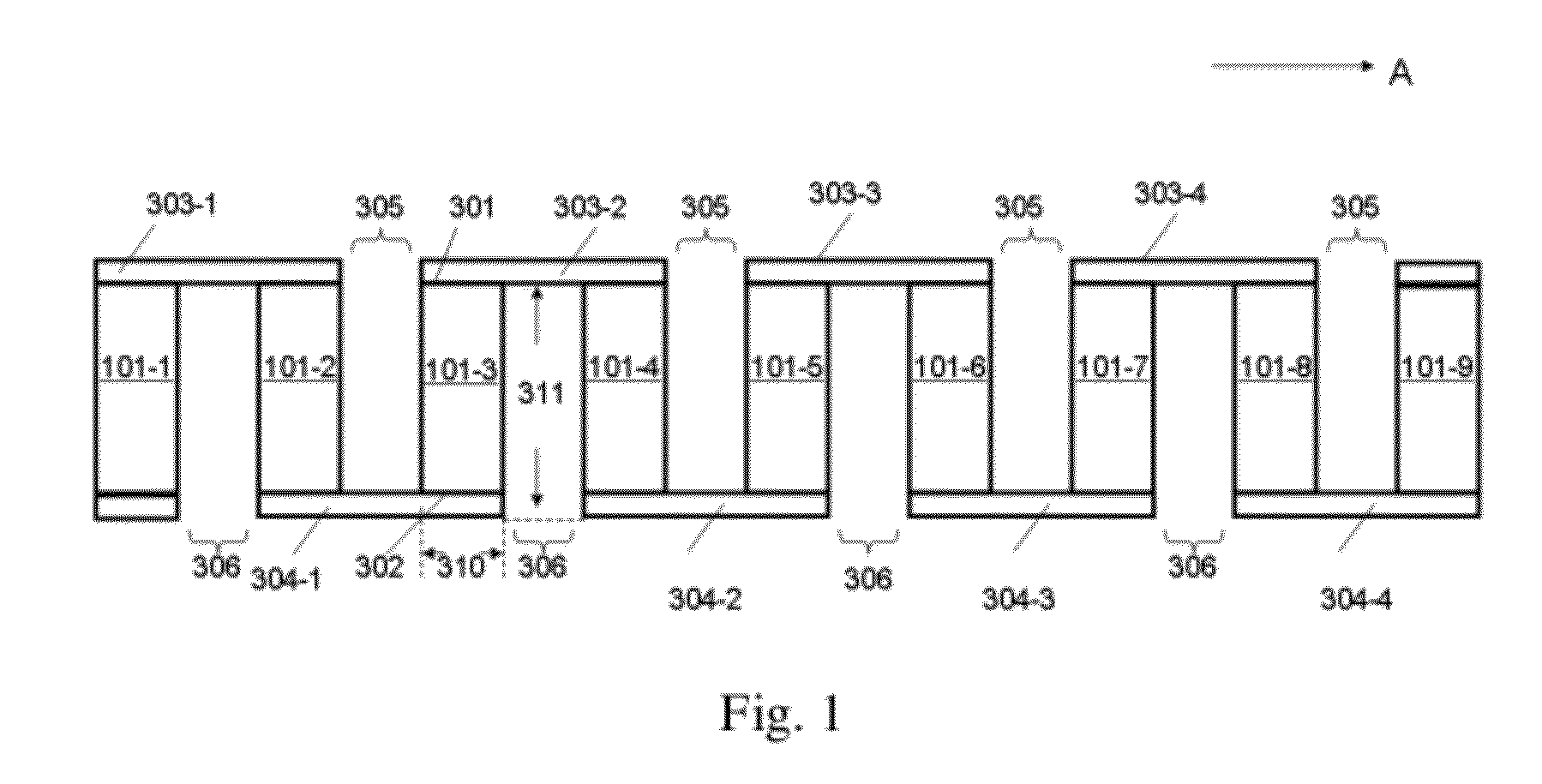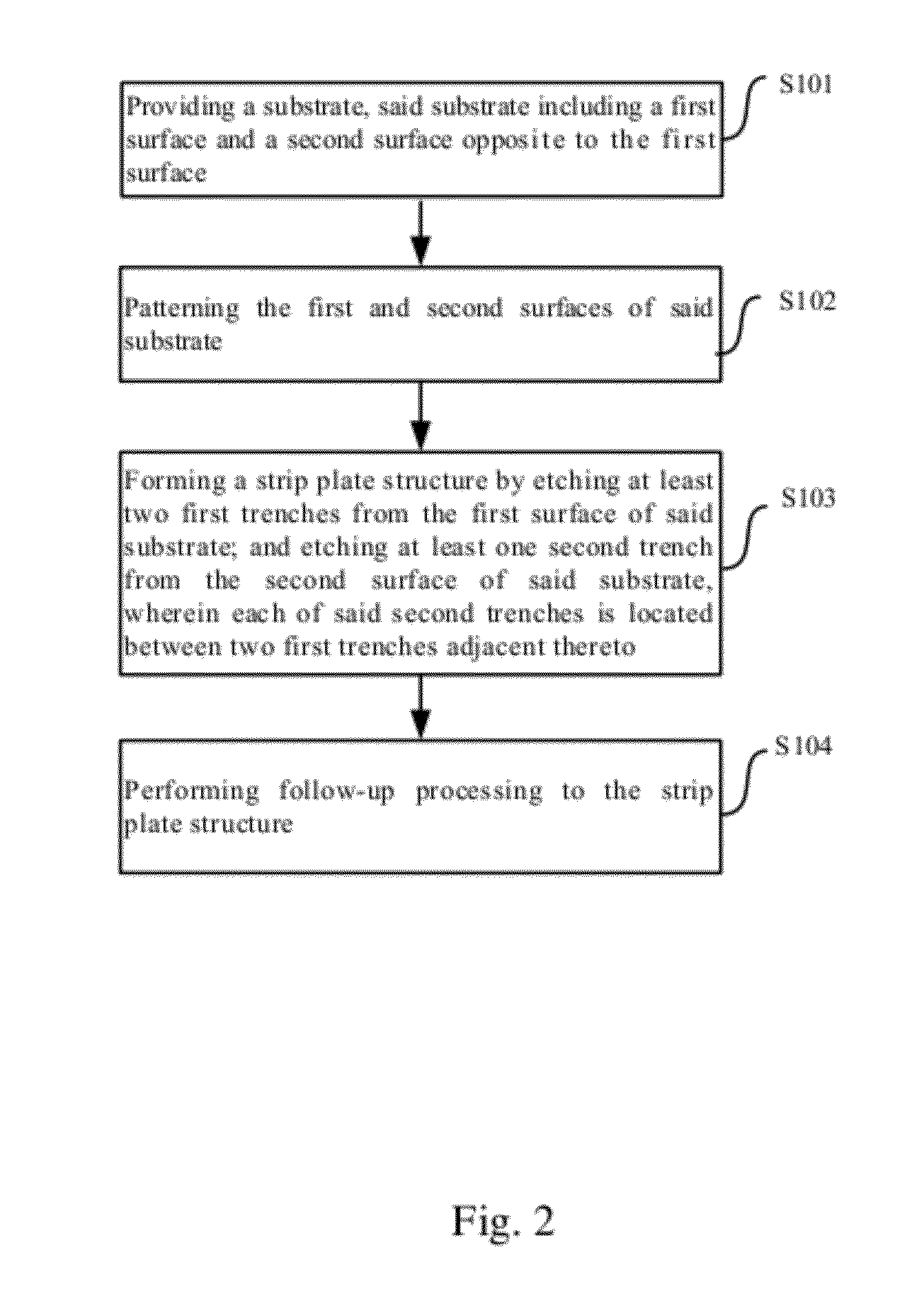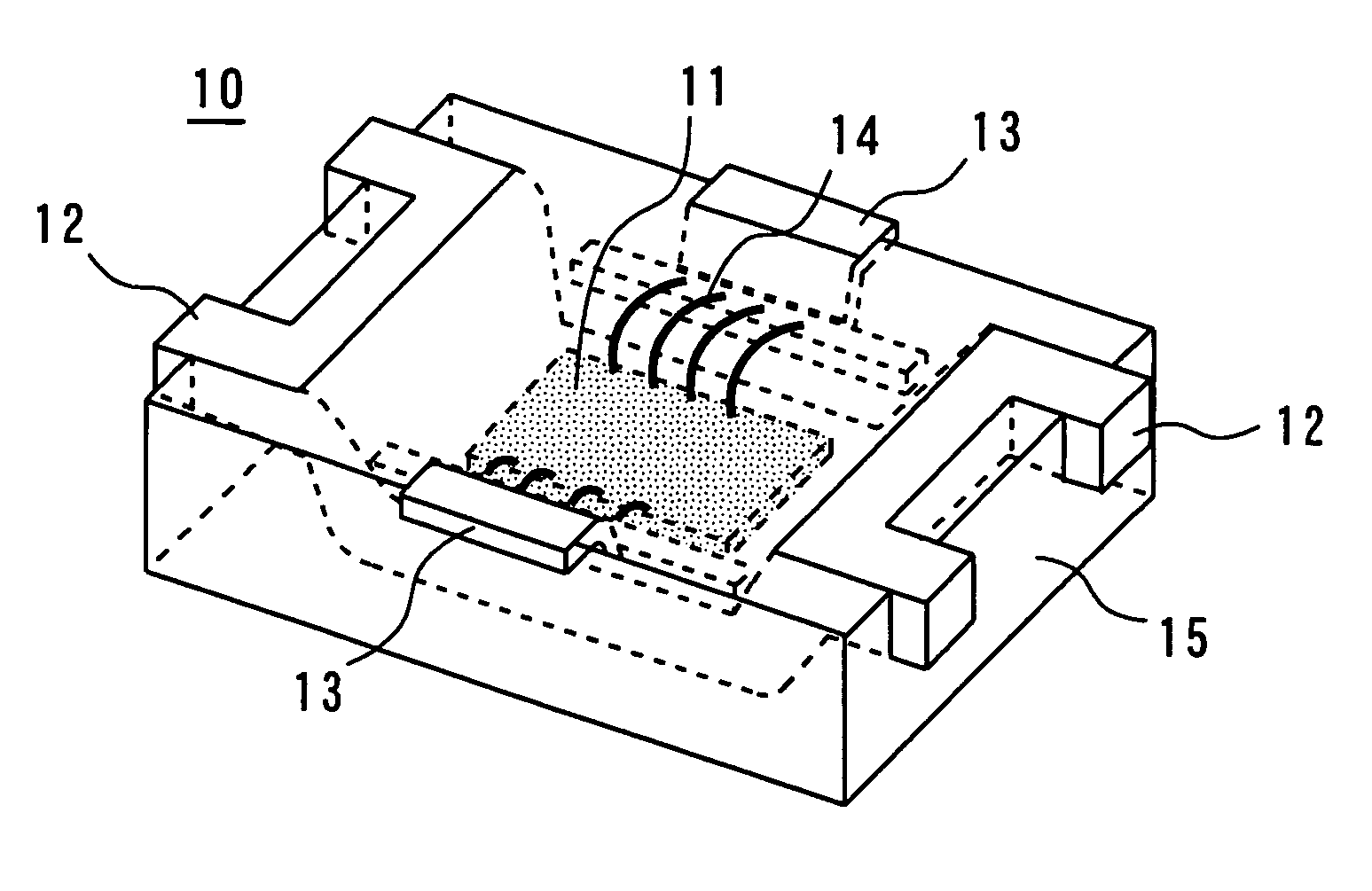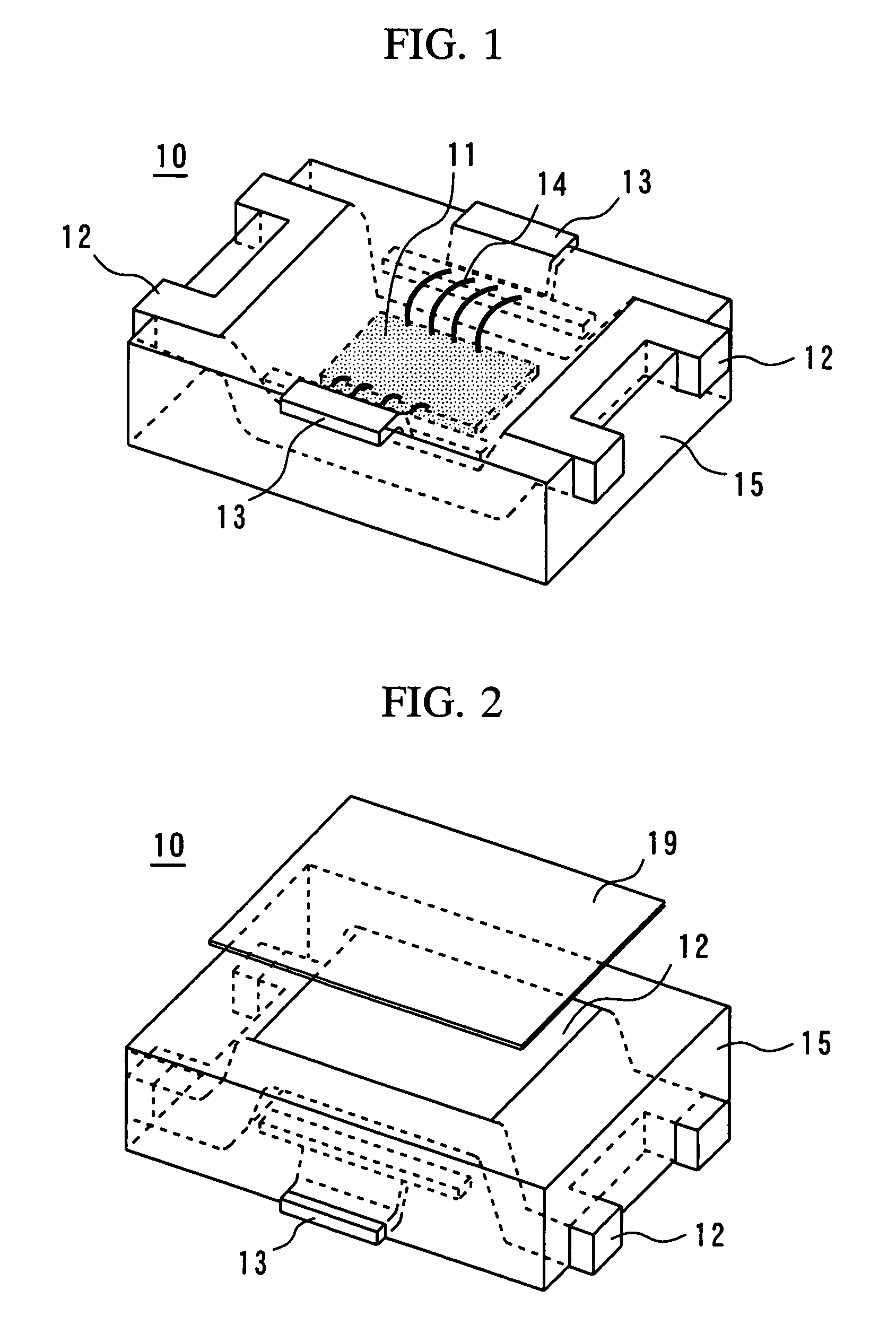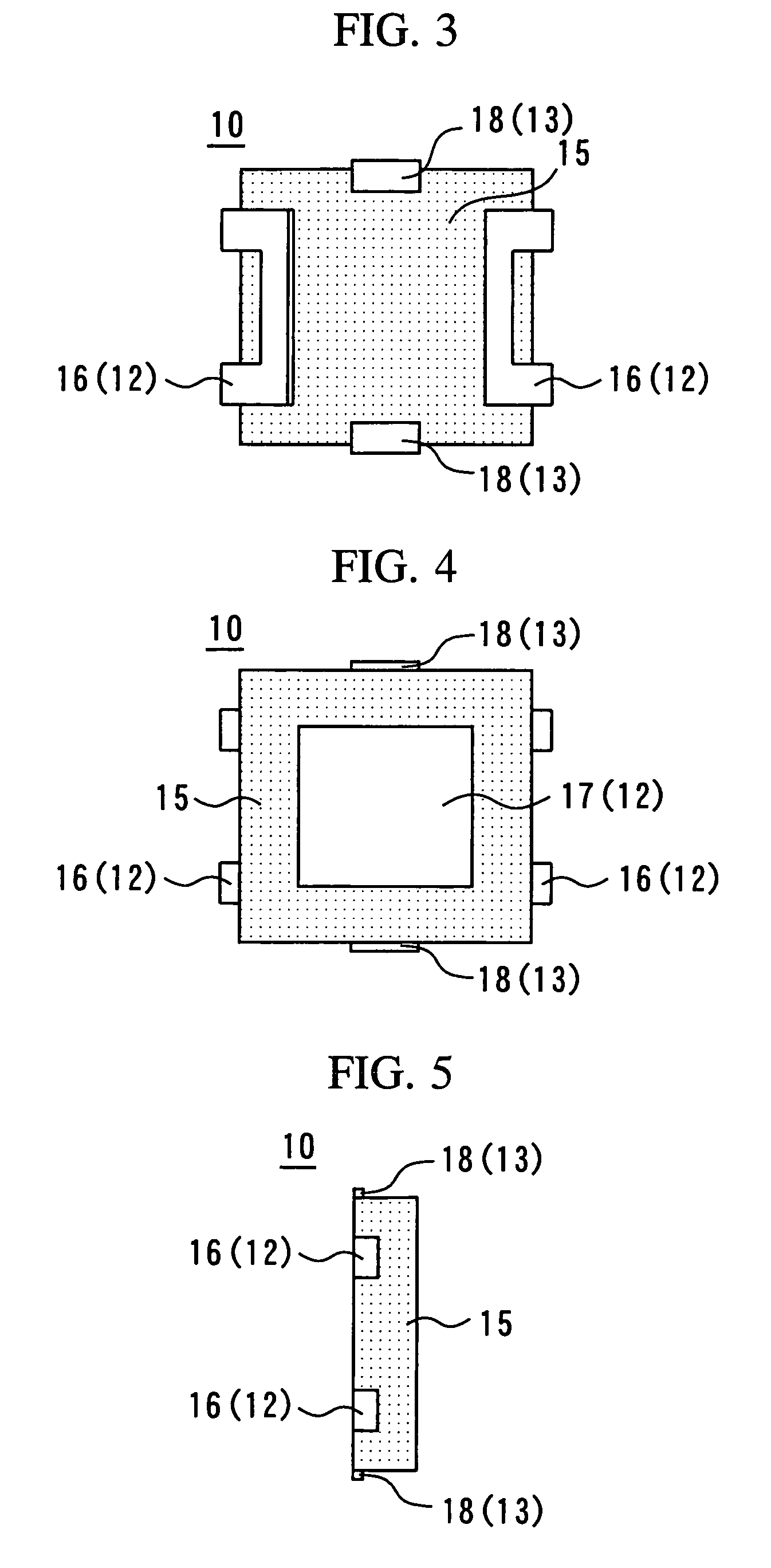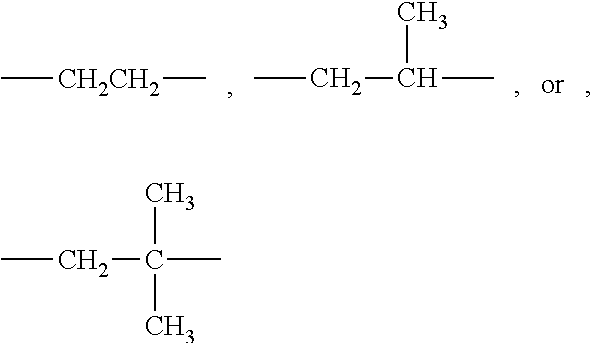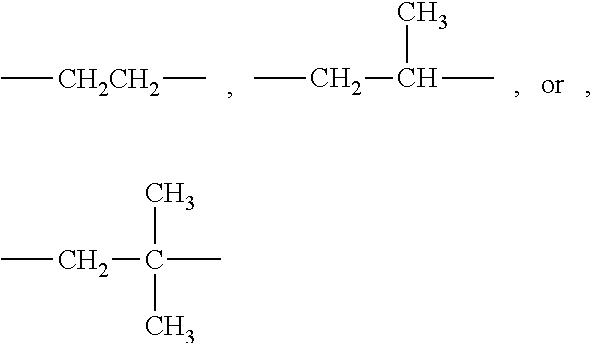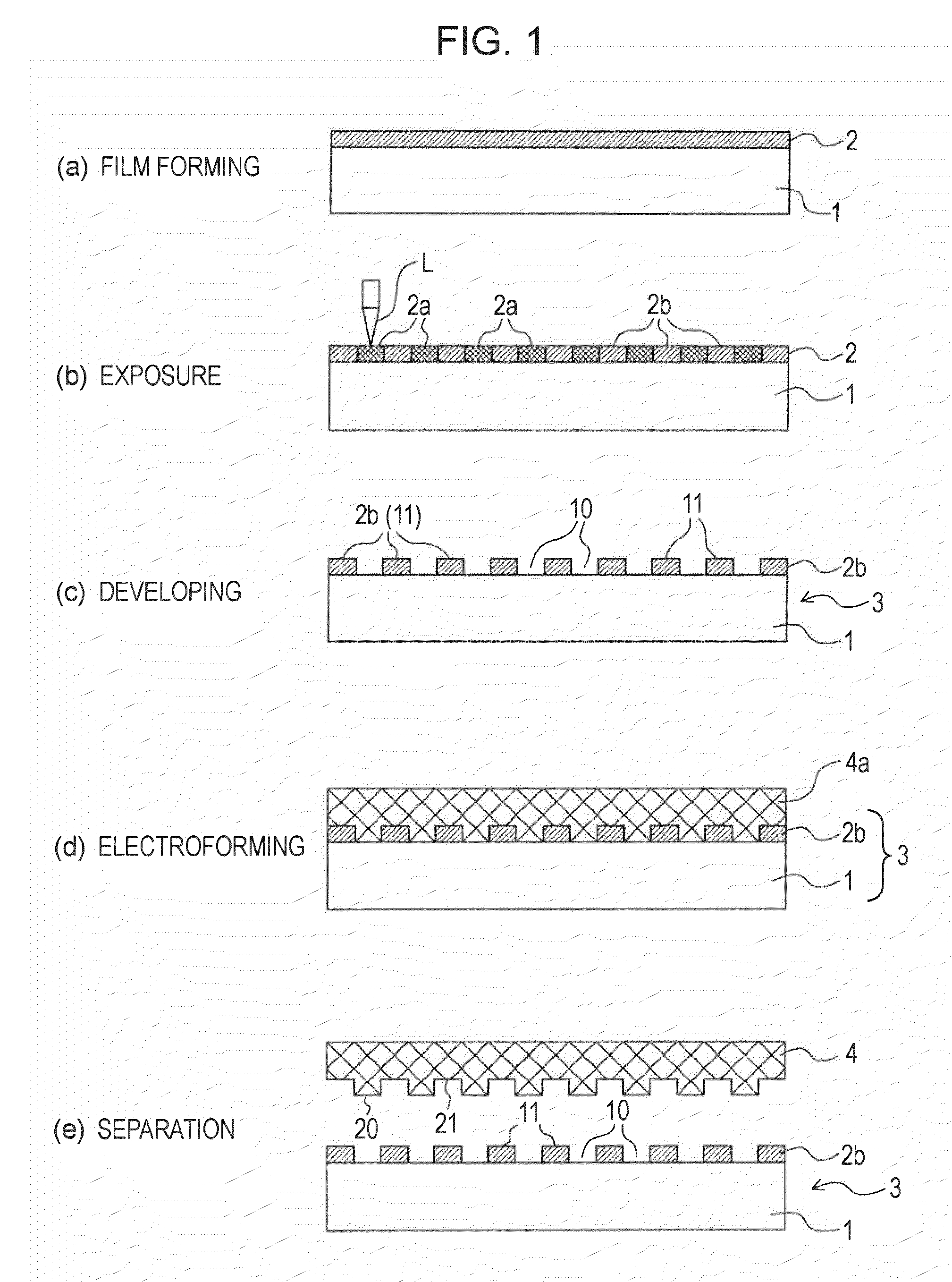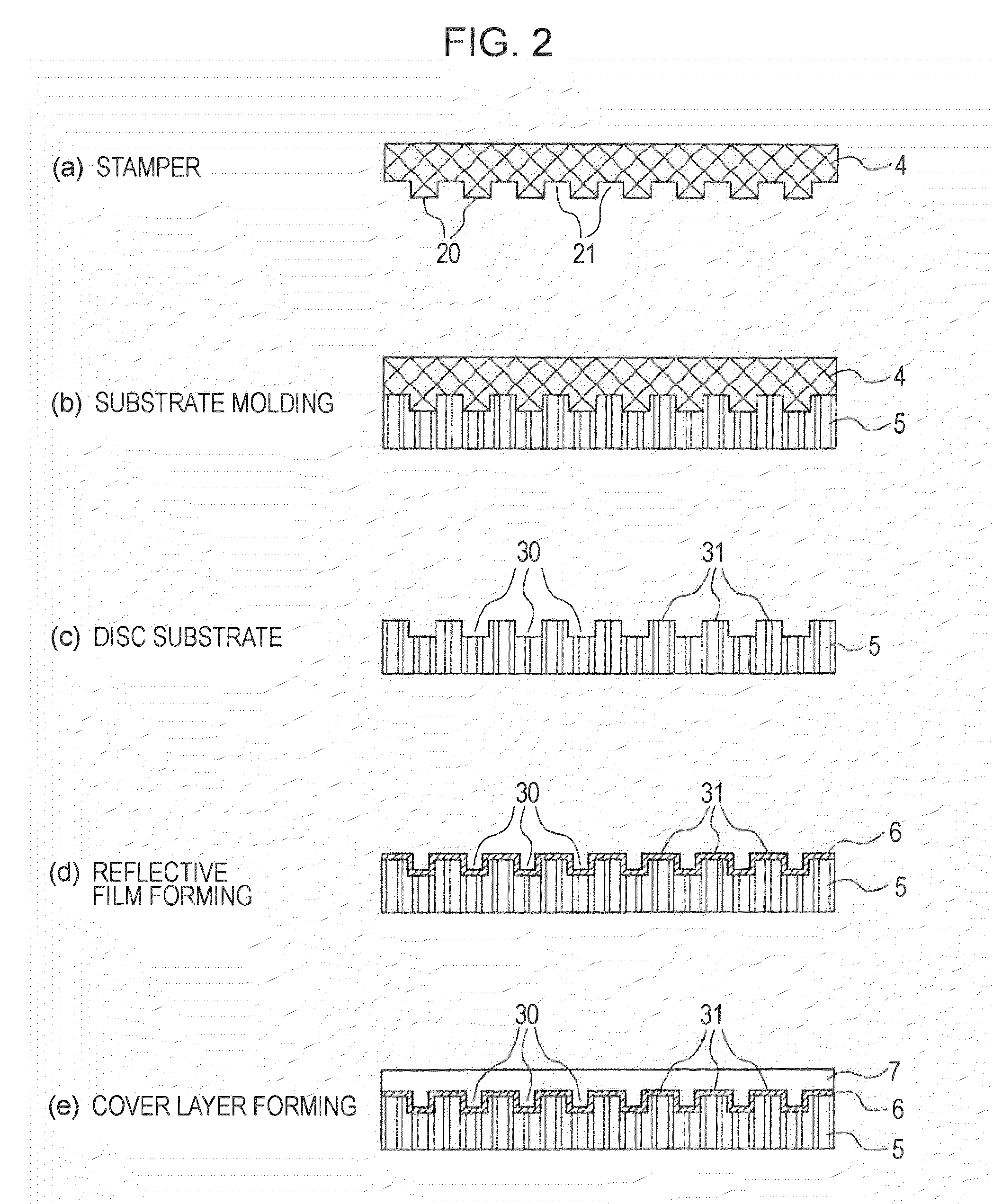Patents
Literature
Hiro is an intelligent assistant for R&D personnel, combined with Patent DNA, to facilitate innovative research.
32results about How to "Separation performance" patented technology
Efficacy Topic
Property
Owner
Technical Advancement
Application Domain
Technology Topic
Technology Field Word
Patent Country/Region
Patent Type
Patent Status
Application Year
Inventor
Strained channel complementary field-effect transistors and methods of manufacture
ActiveUS20050035470A1Separation performanceReducing transistorTransistorSemiconductor/solid-state device manufacturingEngineeringField-effect transistor
A transistor includes a gate dielectric overlying a channel region. A source region and a drain region are located on opposing sides of the channel region. The channel region is formed from a first semiconductor material and the source and drain regions are formed from a second semiconductor material. A gate electrode overlies the gate dielectric. A pair of spacers is formed on sidewalls of the gate electrode. Each of the spacers includes a void adjacent the channel region. A high-stress film can overlie the gate electrode and spacers.
Owner:TAIWAN SEMICON MFG CO LTD
Porous inorganic membrane containing carbon; a process for its preparation; and use thereof
InactiveUS20040251201A1Improve permeabilityHigh selectivityIsotope separationHydrogen/synthetic gas productionHydrogenPorous carbon
A porous inorganic membrane comprises at least one inorganic phase having separating properties. Said membrane has a carbon content representing 0.05% to 25% by weight with respect to the mass of said inorganic phase and is selective to non-condensable gases. It is obtained by means of a selectivation treatment of a porous carbon-free inorganic membrane using a hydrocarbon feed. It is used in processes for separating non-condensable molecules such as hydrogen, and in association with a catalyst in a catalytic membrane reactor.
Owner:INST FR DU PETROLE
Solution treatment unit
InactiveUS6843259B2Separation performanceElectrostatic cleaningSemiconductor/solid-state device manufacturingSolution treatmentAtmospheric air
The present invention relates to a solution treatment unit for supplying a treatment solution to a substrate to treat the substrate within a treatment container, and an inner container surrounding an outer periphery of the horizontally held substrate with its upper and lower faces open is provided in the treatment container. An exhaust pipe for exhausting an atmosphere in the treatment container is provided in a bottom portion of the treatment container and inside the inner container. An exhaust port of the exhaust pipe is open at a position higher than the bottom portion. A drain port for draining the treatment solution in the treatment container is provided in the bottom portion. According to the present invention, the drain of a solution and the exhaust of an atmosphere can be performed separately without being mixed, and hence pressure loss of a fan on the factory side which performs an exhaust operation can be reduced, resulting in a reduction in excess power consumption.
Owner:TOKYO ELECTRON LTD
HBT and field effect transistor integration
ActiveUS20080230806A1Free from pollutionPrevent degradationTransistorSolid-state devicesEngineeringField-effect transistor
Owner:MICROLINK DEVICES
Separation membrane unit and method for using the same to produce fresh water
InactiveUS20150144560A1Effective preventionAvoid pollutionSemi-permeable membranesMembranesFresh waterMembrane configuration
There is provided a separation membrane unit wherein a plurality of separation membrane subunits (11a-c) communicate with raw water lines A (9a-c) that comprise raw water supply valves W (10a-c), water discharge lines B (12a-c) that comprise water discharge valves X (13a-c), raw water lines C (16a-c) that comprise first raw water communication valves Y (17a-c), raw water lines D (19a-c) that comprise second raw water communication valves Z (20a-c), and permeate water lines E (21a-c); and wherein the raw water lines A communicate with the water discharge lines B, the raw water lines C communicate with the raw water lines D, the raw water lines A communicate with a main raw water line 7, the water discharge lines B communicate with a main water discharge line 14, the raw water lines C and the raw water lines D communicate with a collection line 18, and the permeate water lines E communicate with a main permeate water line 22.
Owner:TORAY IND INC
Process for production of aromatic oligomers
This invention relates to a process for preparing high-purity aromatic oligomers by effectively separating an organic layer containing aromatic oligomers or the reaction products of a polycyclic aromatic compound with formaldehyde from an aqueous layer containing an acid catalyst in a simplified manner, hitherto regarded difficult to accomplish, and obtaining high-purity aromatic oligomers from the organic layer containing a reduced amount of impurities. In separating the aqueous layer containing the acid catalyst and the organic layer containing the oligomers from the reaction mixture formed by the condensation of a polycyclic aromatic compound and formaldehyde, the emulsion phase is broken by adding a nonionic or cationic surfactant in an effective amount and an alkali in an amount sufficient to neutralize 1-70% of the acid in the acid catalyst, the organic and aqueous layers are separated and the aromatic oligomers are recovered from the organic layer.
Owner:DAI NIPPON TORYO CO LTD
Fuel supply device
ActiveUS20130333644A1Separation performanceMounting spaceCoolant flow controlInternal combustion piston enginesFuel supplyNuclear engineering
A device capable of supplying an internal combustion engine 60 with a first fuel F1 of a high octane number fuel, and a second fuel F2 of a low octane number fuel or a raw fuel F0. The device is equipped with a cooling medium circulating path LL configured to perform heat exchange between a cooling medium for cooling the internal combustion engine 60 and a separator 20. The device adjusts a flow rate of the cooling medium in the cooling medium circulating path LL, so that a separator temperature T1 is contained in a predetermined temperature range, according to T1, a raw fuel temperature T2 and a cooling medium temperature T3.
Owner:HONDA MOTOR CO LTD
Image processing apparatus, storage medium having image processing program stored thereon, game apparatus and storage medium having game program stored thereon
ActiveUS20070075967A1Simple and quick operationSeparation performanceCathode-ray tube indicatorsVideo gamesImaging processingComputer graphics (images)
For operating an operation target object displayed on a screen using a pointing device, a first input coordinate value indicating a position on the screen designated by the pointing device and a second input coordinate value detected discretely from, and before, the first input coordinate value are detected. A changing direction is calculated based on the first input coordinate value and the second input coordinate value, and a rotation direction is determined based on the changing direction. The operation target object is rotated in the rotation direction.
Owner:NINTENDO CO LTD
Semiconductor device having a molded package
ActiveUS20070132110A1Improve cooling effectImprove featuresSemiconductor/solid-state device detailsSolid-state devicesDevice materialSemiconductor chip
A semiconductor device having a molded package includes a semiconductor chip, a thick-film lead electrode to which the semiconductor chip is die-bonded, a thin-film lead electrode having a thickness smaller than that of the thick-film lead electrode, a wire which electrically connects the semiconductor chip to the thin-film lead wire, and a molding material in which the semiconductor chip and the wire are encapsulated. A portion of a lower surface of the thick-film lead electrode is exposed at a package lower surface as a heat dissipating electrode. A portion of an upper surface of the thin-film lead electrode is exposed at a package upper surface as an input / output electrode. A portion of an upper surface of the thick-film lead electrode is exposed at the package upper surface as a grounding electrode.
Owner:MITSUBISHI ELECTRIC CORP
Non-particulate organic porous material having optical resolution capability and method for manufacturing same
InactiveUS20050155927A1Improve physical stabilityEasy to separateOther chemical processesSolid sorbent liquid separationParticulatesOptical resolution
A non-particulate organic porous material with optical resolution capability, the non-particulate organic porous material having a continuous pore structure, which comprises macropores and mesopores, the macropores being interconnected forming mesopores with a radius of 0.01-100 μm in the interconnected parts, and optically active groups uniformly introduced therein possesses high physical stability, can be used under wide separating conditions, and has a large capacity for separating optically active substances (enantiometers).
Owner:ORGANO CORP
Method of forming an improved AP1 layer for a TMR device
ActiveUS7377025B2Improved barrier breakdown without performance lossSeparation performanceNanomagnetismElectrical transducersCrystal structureVoltage
Owner:HEADWAY TECH INC
Azeotropic distillation method
ActiveUS20090166174A1Easy to separateReduce energy consumptionOrganic compound preparationHydroxy compound preparationAzeotropic distillationReaction step
An azeotropic distillation method, comprising a reaction step, a distillation step for separating and refining a reaction product, and a recovery step for collecting a reactant after the distillation step; wherein at least one component constituting the reactant in the reaction step can act as an entrainer for the azeotropic distillation in the distillation step; and a portion of the reactant capable of acting as the entrainer is supplied to the distillation step.
Owner:RESONAC CORP
Method for separating a hydrogen isotope, and apparatus for separating the same hydrogen isotope
InactiveUS20050163703A1Separation performanceReduce pressureElectrical apparatusTemperatue controlChemistryHydrogen isotope
An atmosphere containing a hydrogen gas containing a hydrogen isotope, a water and a water vapor is disposed under a given condition of reduce pressure. Then, a process temperature for the atmosphere is controlled commensurate with the pressure of the atmosphere to control partial pressures of the hydrogen gas and the water vapor, and thus, control the separating performance of the hydrogen isotope from the hydrogen gas through a hydrogen-water chemical exchange reaction.
Owner:INTER UNIV RES INST
Process for producing allyl alcohol
ActiveUS8083903B2Lower energy requirementsLower performance requirementsOrganic compound preparationHydroxy compound preparationReaction stepAzeotropic distillation
An azeotropic distillation method, comprising a reaction step, a distillation step for separating and refining a reaction product, and a recovery step for collecting a reactant after the distillation step; wherein at least one component constituting the reactant in the reaction step can act as an entrainer for the azeotropic distillation in the distillation step; and a portion of the reactant capable of acting as the entrainer is supplied to the distillation step.
Owner:RESONAC CORPORATION
Image processing apparatus, storage medium having image processing program stored thereon, game apparatus and storage medium having game program stored thereon
ActiveUS7466304B2Simple and quick operationSeparation performanceInstruments for road network navigationCharacter and pattern recognitionImaging processingComputer graphics (images)
For operating an operation target object displayed on a screen using a pointing device, a first input coordinate value indicating a position on the screen designated by the pointing device and a second input coordinate value detected discretely from, and before, the first input coordinate value are detected. A changing direction is calculated based on the first input coordinate value and the second input coordinate value, and a rotation direction is determined based on the changing direction. The operation target object is rotated in the rotation direction.
Owner:NINTENDO CO LTD
HBT and field effect transistor integration
ActiveUS7923318B2Improve operating characteristicsReduced footprintTransistorSolid-state devicesEngineeringField-effect transistor
Owner:MICROLINK DEVICES
Method for extracting nucleic acid
InactiveUS20080033161A1High purityReduce the presence of impuritiesSugar derivativesDNA preparationOrganic solventWater soluble
A method for extracting nucleic acid comprises: (a) putting a biological material in contact with a lysing solution to dissolve out nucleic acid; (b) adding a water-soluble organic solvent to an obtained solution of the dissolved nucleic acid, to prepare a lysate solution; (c) putting the lysate solution in contact with a solid material, to allow the nucleic acid to be adsorbed onto the solid material; (d) washing off impurities on the solid material, using a washing solution, wherein twice or more washing procedures are conducted, and a liquid face formed with a washing solution applied in at least one washing procedure other than the first washing procedure among the twice or more washing procedures is higher than a liquid face formed with a washing solution applied in the first washing procedure; and (e) desorbing the nucleic acid adsorbed onto the solid material, using a recovering solution.
Owner:FUJIFILM CORP
Separating device
ActiveUS20120257916A1LengthenSuppressing abrasion of the photoreceptor drum surfaceElectrographic process apparatusEngineering
The separating part of the separating device receives a reactive force that occurs on the outer peripheral surface of the photoreceptor drum, at the contact point where the separating part and the photoreceptor drum are in contact.The separating device controller changes the position of the rotational supporting point so as to decrease the rotational moment M of the reactive force at the rotational supporting point of the separating device, in accordance with increase of the reactive force that occurs on the outer peripheral surface of the photoreceptor drum as the separating part is worn down.
Owner:SHARP KK
Porous calcium-silicates and method of synthesis
ActiveUS10239022B2Reduce energy consumptionSeparation performanceMembranesSemi-permeable membranesCalcium silicateParticle density
Mesoporous membranes have shown promising separation performance with a potential to lower the energy consumption, leading to a dramatic cost reduction. Recently, an extensive effort has been made on the design of membranes which brought a significant progress toward the synthesis of well-defined porous morphologies, most of which synthesized by surfactant-template methodology. Currently, the most well-designed state-of-the-art membranes using this technique are made from metals, polymers, carbon, silica, etc. In the present invention, we demonstrate mesoporous calcium-silicate particles having superior separation capacity and optimal permeability, thereby leading to reduced energy consumption for selective separation of gases / liquids and / or the combination thereof. We explore various methods to improve the calcium-silicate membranes properties by tuning pore density during the synthesis / aging process, while favoring the formation of uniformly distributed nanopores. Lowering particle density by controlling calcium to silicon ratio along with optimizing the surface area are essential in achieving our objective.
Owner:C CRETE TECH LLC
Non-particulate organic porous material having optical resolution capability and method for manufacturing same
ActiveUS20070155860A1Improve performanceImprove rendering capabilitiesOther chemical processesSolid sorbent liquid separationParticulatesOptical resolution
A non-particulate organic porous material with optical resolution capability, the non-particulate organic porous material having a continuous pore structure, which comprises macropores and mesopores, the macropores being interconnected forming mesopores with a radius of 0.01-100 μm in the interconnected parts, and optically active groups uniformly introduced therein possesses high physical stability, can be used under wide separating conditions, and has a large capacity for separating optically active substances (enantiometers).
Owner:ORGANO CORP
Fuel supply device
InactiveUS8985064B2Separation performanceMounting spaceInternal combustion piston enginesNon-fuel substance addition to fuelNuclear engineeringExternal combustion engine
A device capable of supplying an internal combustion engine 60 with a first fuel F1 of a high octane number fuel, and a second fuel F2 of a low octane number fuel or a raw fuel F0. The device is equipped with a cooling medium circulating path LL configured to perform heat exchange between a cooling medium for cooling the internal combustion engine 60 and a separator 20. The device adjusts a flow rate of the cooling medium in the cooling medium circulating path LL, so that a separator temperature T1 is contained in a predetermined temperature range, according to T1, a raw fuel temperature T2 and a cooling medium temperature T3.
Owner:HONDA MOTOR CO LTD
Double filtration blood purification apparatus and method of priming therefor
InactiveUS20100089843A1Reduce performanceSimplify structureHaemofiltrationSettling tanks feed/dischargeChemistryBlood plasma
To provide a double filtration blood purification apparatus that can be primed while generation of bubbles within each of a separating membrane in both of a blood component separator and a plasma component separator is avoided and also to provide a method of priming such blood purification apparatus. A cleansing liquid introducing passage 19 is provided, which is a passage dedicated to introduce a cleansing liquid P from a cleansing liquid supply source 57 into a plasma component separator 3 and, also, this cleansing liquid introducing passage 19 is provided with a dedicated, third pump 3. When the third and first pumps are driven in normal and reverse directions, respectively, by a controller 50, a sufficient pressure is applied to the cleansing liquid P by the third ump and the cleansing liquid P can be introduced into the plasma component separator 3.
Owner:KURARAY MEDICAL
Separating device
ActiveUS9063503B2LengthenSuppressing abrasion of the photoreceptor drum surfaceElectrographic process apparatusEngineering
The separating part of the separating device receives a reactive force that occurs on the outer peripheral surface of the photoreceptor drum, at the contact point where the separating part and the photoreceptor drum are in contact. The separating device controller changes the position of the rotational supporting point so as to decrease the rotational moment M of the reactive force at the rotational supporting point of the separating device, in accordance with increase of the reactive force that occurs on the outer peripheral surface of the photoreceptor drum as the separating part is worn down.
Owner:SHARP KK
Substrate structure for semiconductor device fabrication and method for fabricating the same
InactiveUS20120181664A1Increase the areaImprove utilizationSemiconductor/solid-state device manufacturingPhotovoltaic energy generationEngineeringSemiconductor
Owner:SUNOVEL SUZHOU TECH
Semiconductor device having a molded package
ActiveUS8569871B2Improve cooling effectImprove featuresSemiconductor/solid-state device detailsSolid-state devicesSemiconductor chipEngineering
A semiconductor device having a molded package includes a semiconductor chip, a thick-film lead electrode to which the semiconductor chip is die-bonded, a thin-film lead electrode having a thickness smaller than that of the thick-film lead electrode, a wire which electrically connects the semiconductor chip to the thin-film lead wire, and a molding material in which the semiconductor chip and the wire are encapsulated. A portion of a lower surface of the thick-film lead electrode is exposed at a package lower surface as a heat dissipating electrode. A portion of an upper surface of the thin-film lead electrode is exposed at a package upper surface as an input / output electrode. A portion of an upper surface of the thick-film lead electrode is exposed at the package upper surface as a grounding electrode.
Owner:MITSUBISHI ELECTRIC CORP
Method for producing printed matter
ActiveUS11209756B2Improve adhesionAmount of release agent isDevelopersElectrographic process apparatusPolymer scienceDiacrylate ester
Owner:CANON KK
Process for preparing of aromatic oligomers
This invention relates to a process for preparing high-purity aromatic oligomers by effectively separating an organic layer containing aromatic oligomers or the reaction products of a polycyclic aromatic compound with formaldehyde from an aqueous layer containing an acid catalyst in a simplified manner, hitherto regarded difficult to accomplish, and obtaining high-purity aromatic oligomers from the organic layer containing a reduced amount of impurities. In separating the aqueous layer containing the acid catalyst and the organic layer containing the oligomers from the reaction mixture formed by the condensation of a polycyclic aromatic compound and formaldehyde, the emulsion phase is broken by adding a nonionic or cationic surfactant in an effective amount and an alkali in an amount sufficient to neutralize 1–70% of the acid in the acid catalyst, the organic and aqueous layers are separated and the aromatic oligomers are recovered from the organic layer.
Owner:DAI NIPPON TORYO CO LTD
Method for producing printed matter
ActiveUS20210063921A1Improve adhesionReduce releaseElectrographic process apparatusDevelopersPolymer scienceDiacrylate ester
A method for producing printed matter that has a fixed toner image and a resin layer, in the indicated sequence, on a substrate, comprising a toner image formation step of forming a fixed toner image on the substrate by fixing a toner containing a resin and a hydrocarbon wax, a mixture layer formation step of forming, on the fixed toner image, a layer of a mixture, the mixture contains at least one selected from the group consisting of diacrylates and dimethacrylates as a component (a) and a polymerization initiator as a component (b); and a resin layer formation step of polymerizing the component (a) and the component (b) in the mixture layer to form the resin layer; wherein the melting point of the hydrocarbon wax is from 55° C. to 85° C., a surface wax index A and a wax distribution unevenness index B of the area are predetermined range.
Owner:CANON KK
Disc master, disc master manufacturing method, stamper, disc substrate, optical disc, and optical disc manufacturing method
InactiveUS20100035012A1Easy to separateMaintaining signal characteristicLayered productsConfectioneryCompact Disc manufacturingEngineering
In a process of manufacturing a disc master, a stamper, a disc substrate, and an optical disc, separation performance between the stamper and the disc substrate and maintenance of satisfactory signal characteristics after the optical disc is manufactured are taken into consideration in the step of manufacturing the disc master. In the disc master, a boundary portion between a recessed portion and a non-recessed portion includes a small protrusion which protrudes from a flat surface of the non-recessed portion. The shape of the disc master is inversely transferred to the stamper, and the shape of the stamper is inversely transferred to the disc substrate. The separation performance is improved and the signal characteristics are maintained due to the shape of the boundary portion.
Owner:SONY CORP
Toner
A toner for use in an oil-less fixing system free from an oil coating on a fixing roller, the toner includes a binder resin and a wax as well as carbon black having an oil absorption of 50 to 100 mL / 100 g where the toner is the black toner or a coloring agent where the toner is the color toner, and wherein the binder resin has a rate of decrease of storage elastic modulus G′ of not more than 0.3 Pa / ° C. as determined in association with temperature increase in the range of 160 to 200° C. The binder resin preferably has a weight average molecular weight [Mw] of 10,000 to 200,000, an [Mw / Mn] ratio between [Mw] and a number average molecular weight [Mn] thereof in the range of 1 to 15, or a peak rate of decrease of the storage elastic modulus G′ in the temperature range of 70 to 100° C. The toner suited for use in the oil-less fixing system and particularly suitable for forming a color image is provided.
Owner:KYOCERA DOCUMENT SOLUTIONS INC
Features
- R&D
- Intellectual Property
- Life Sciences
- Materials
- Tech Scout
Why Patsnap Eureka
- Unparalleled Data Quality
- Higher Quality Content
- 60% Fewer Hallucinations
Social media
Patsnap Eureka Blog
Learn More Browse by: Latest US Patents, China's latest patents, Technical Efficacy Thesaurus, Application Domain, Technology Topic, Popular Technical Reports.
© 2025 PatSnap. All rights reserved.Legal|Privacy policy|Modern Slavery Act Transparency Statement|Sitemap|About US| Contact US: help@patsnap.com
